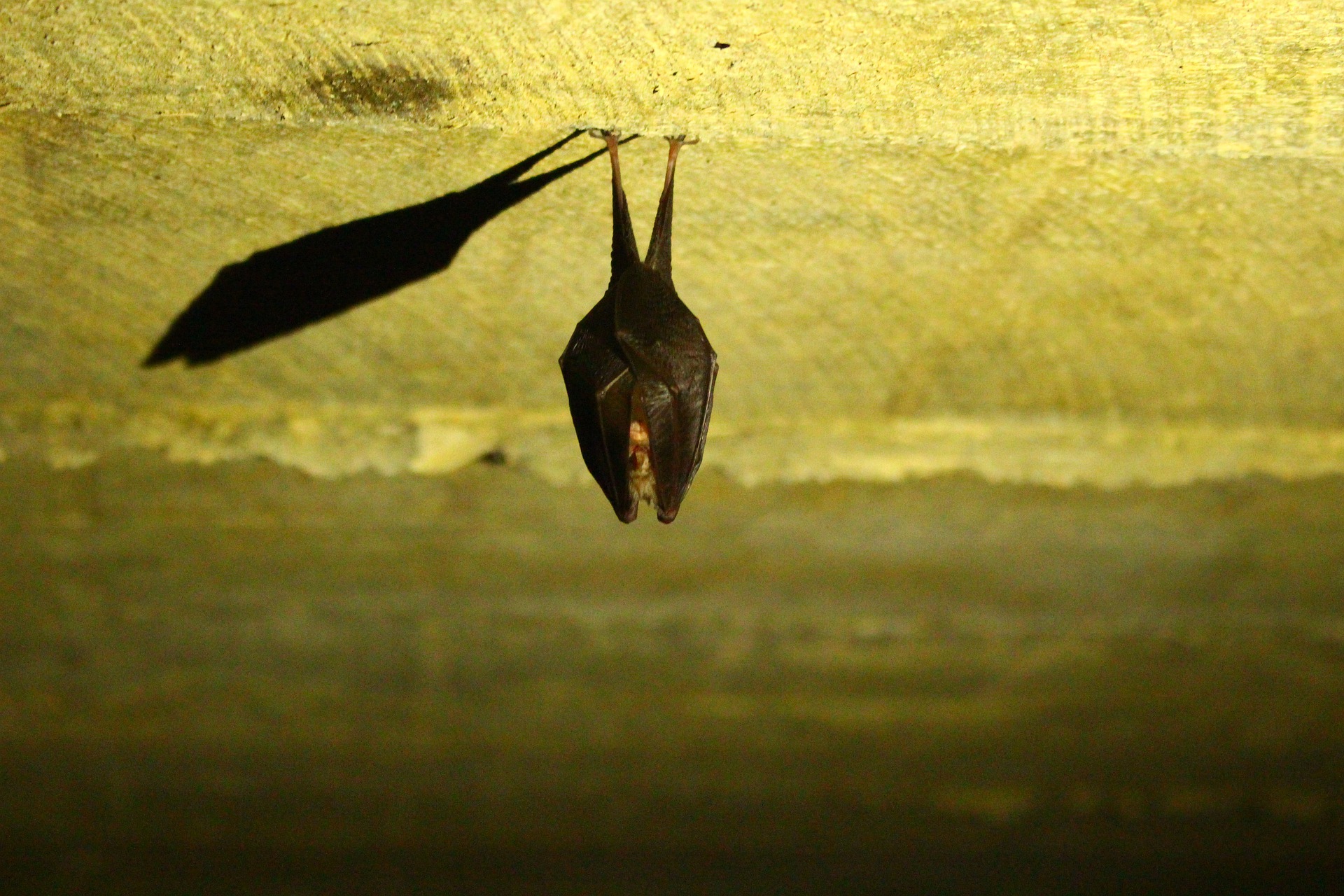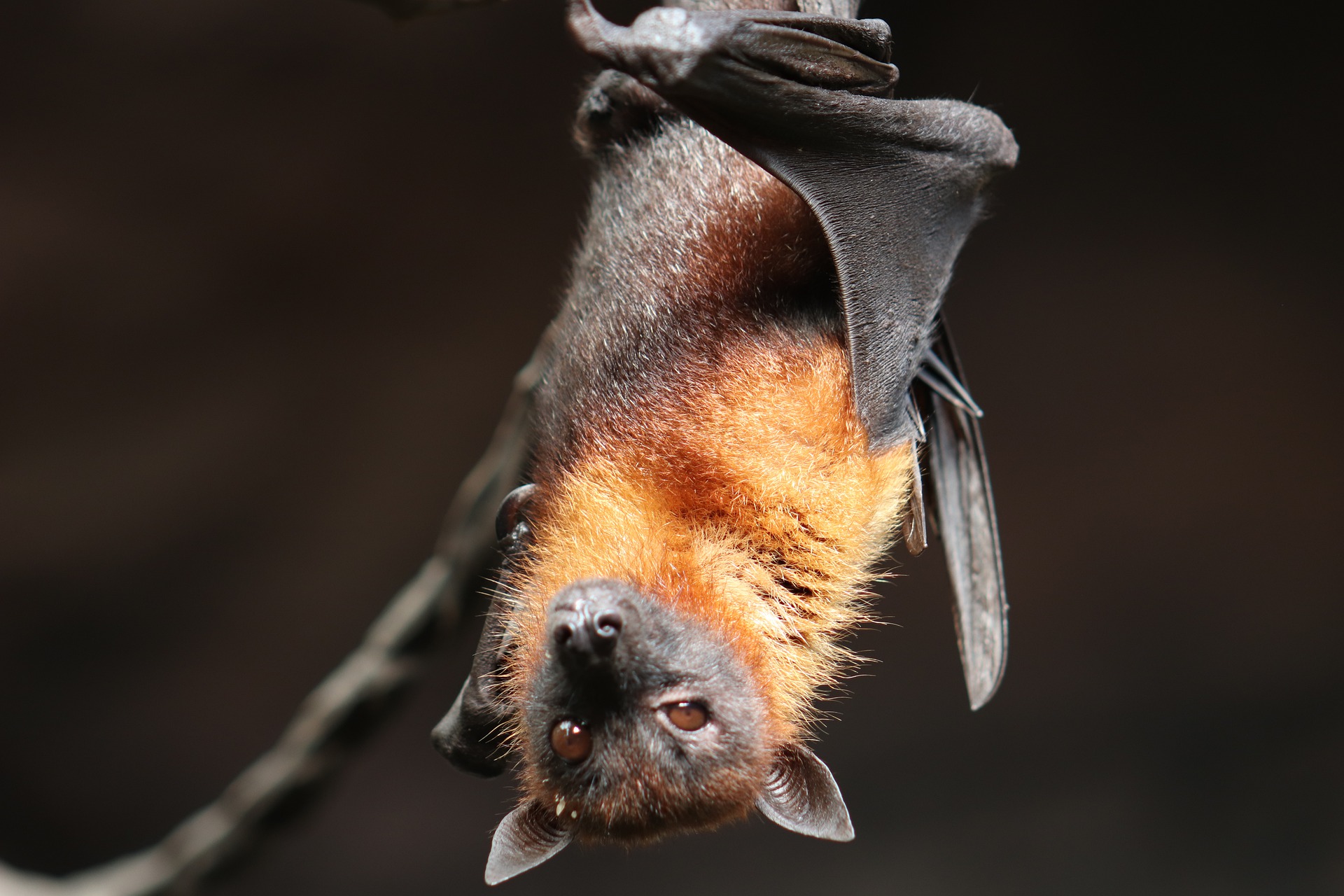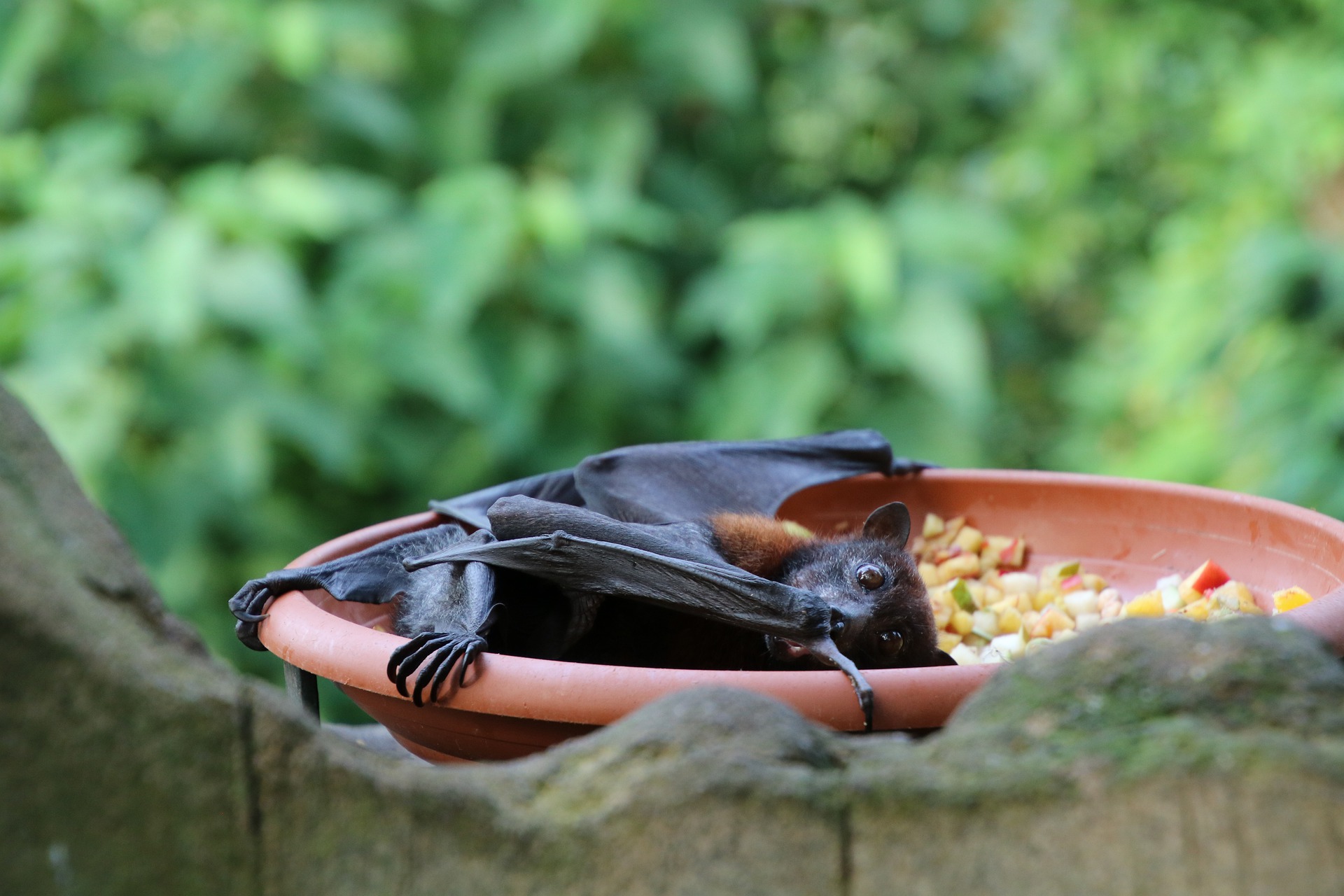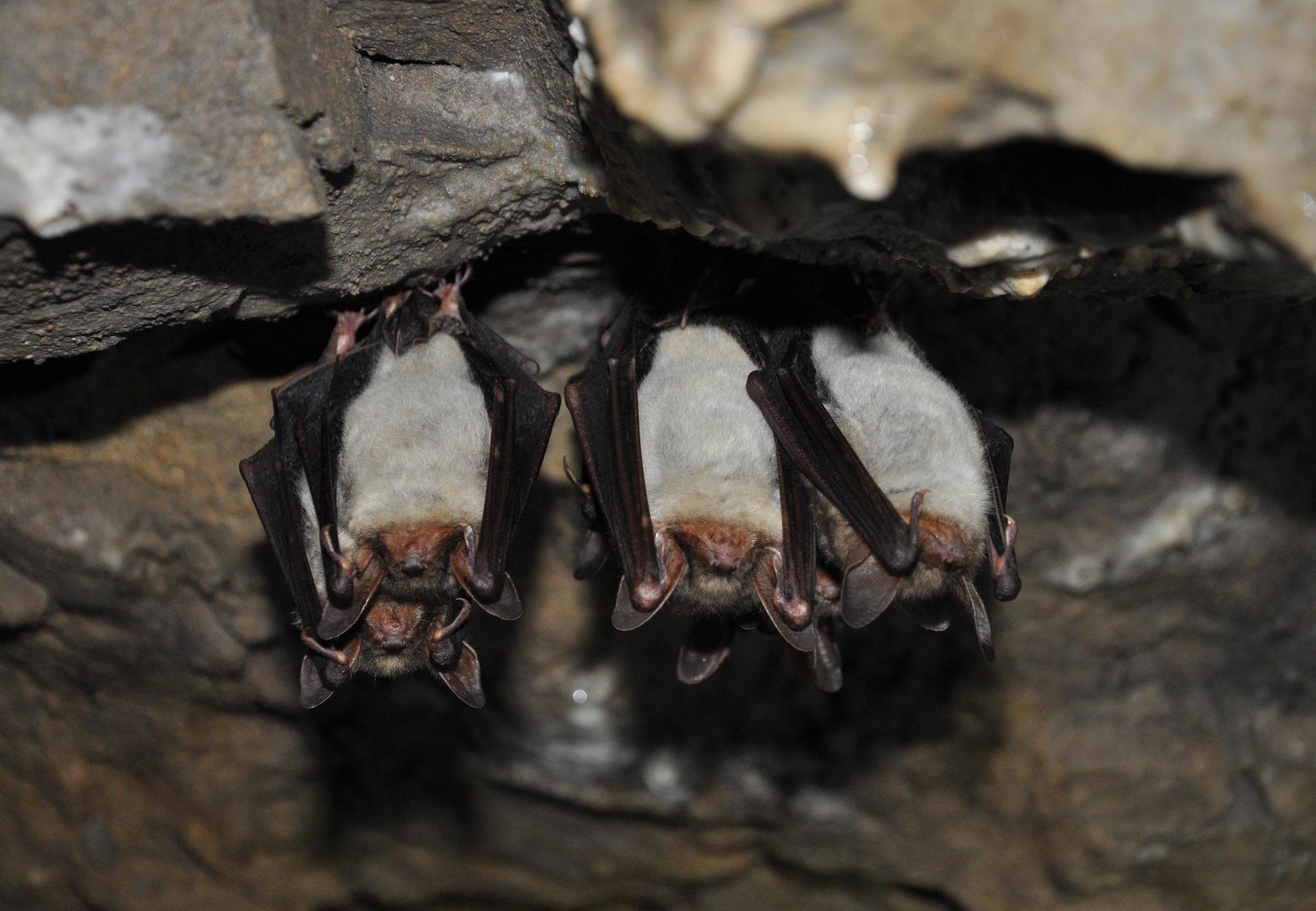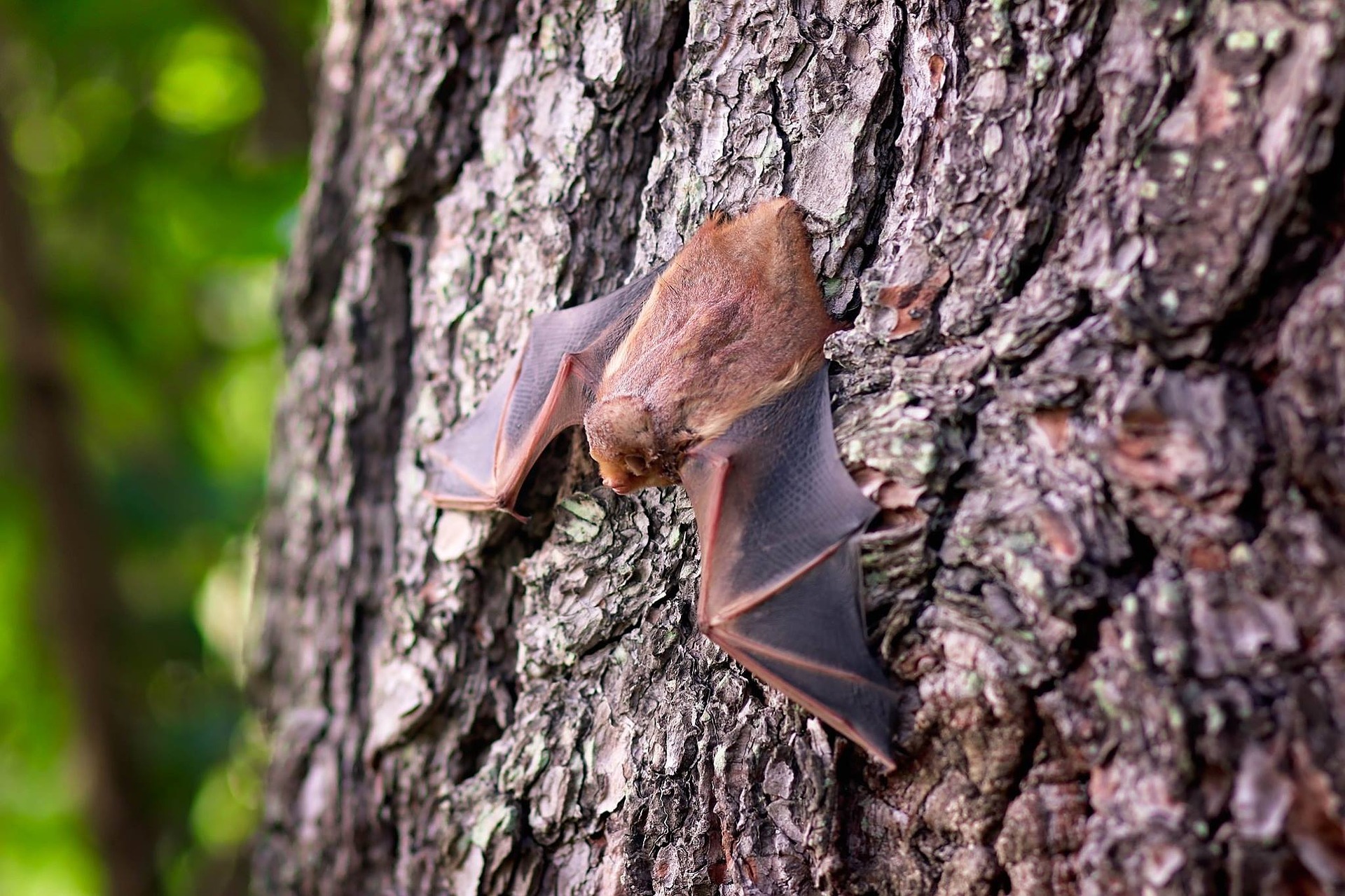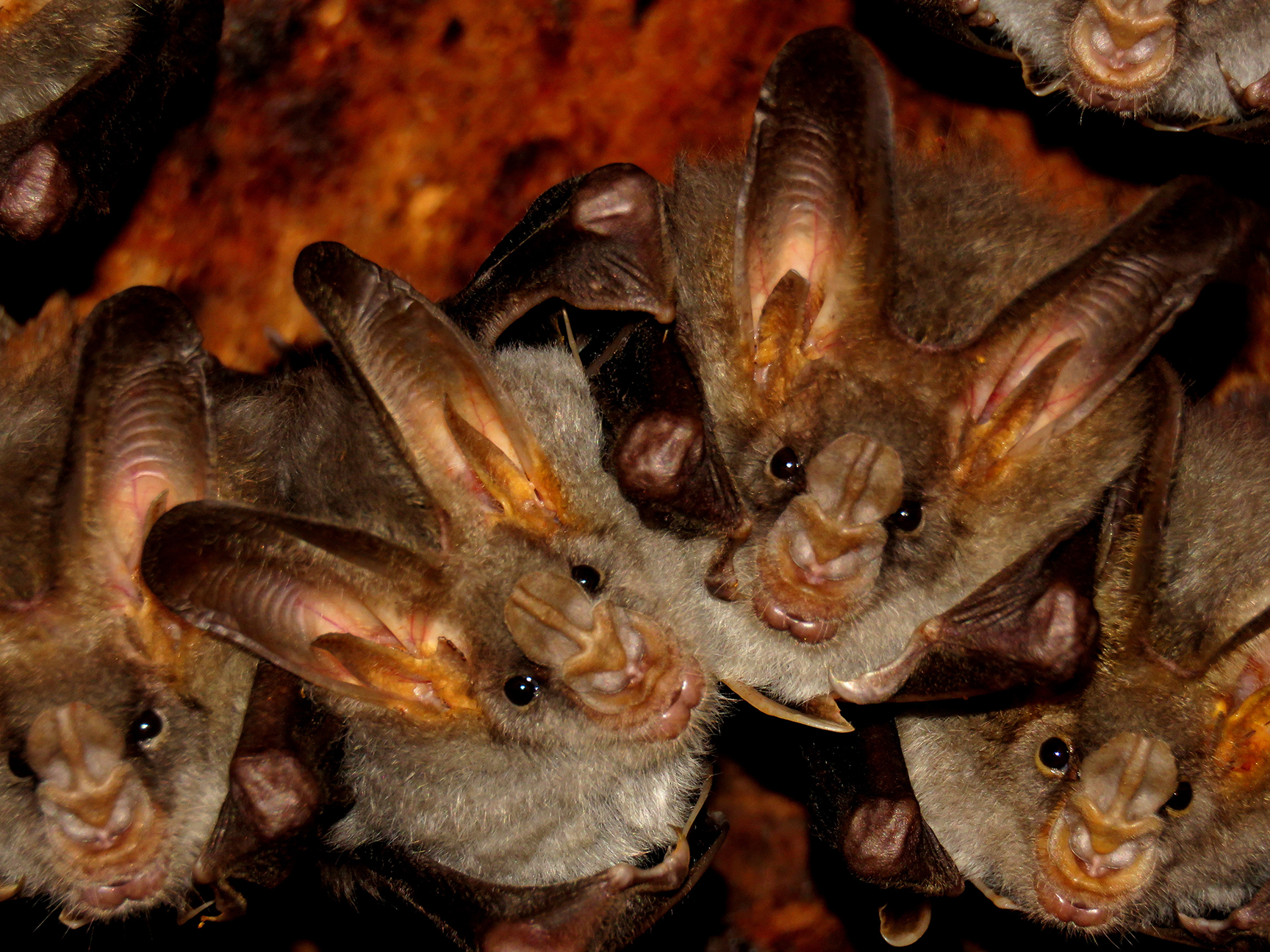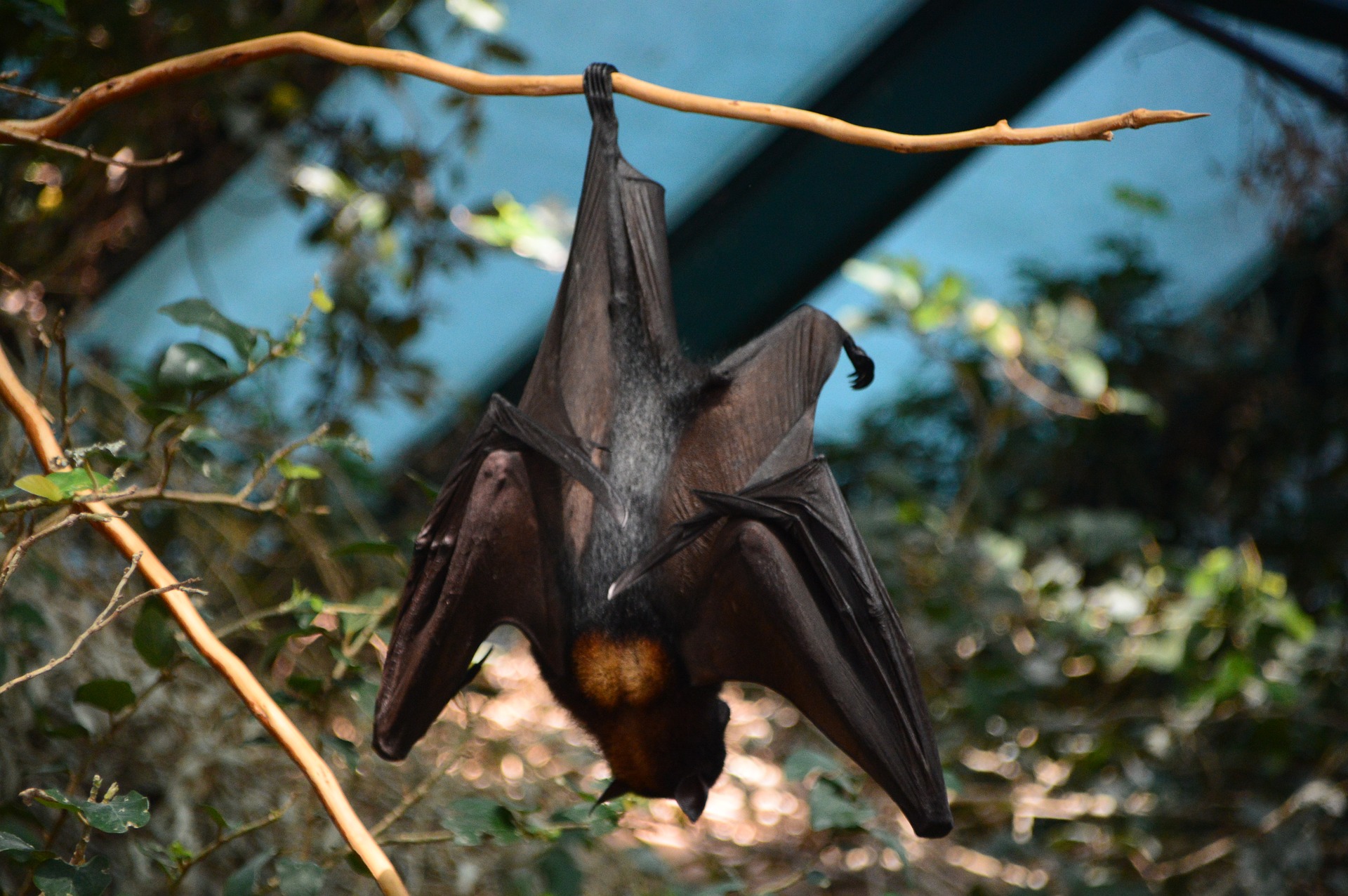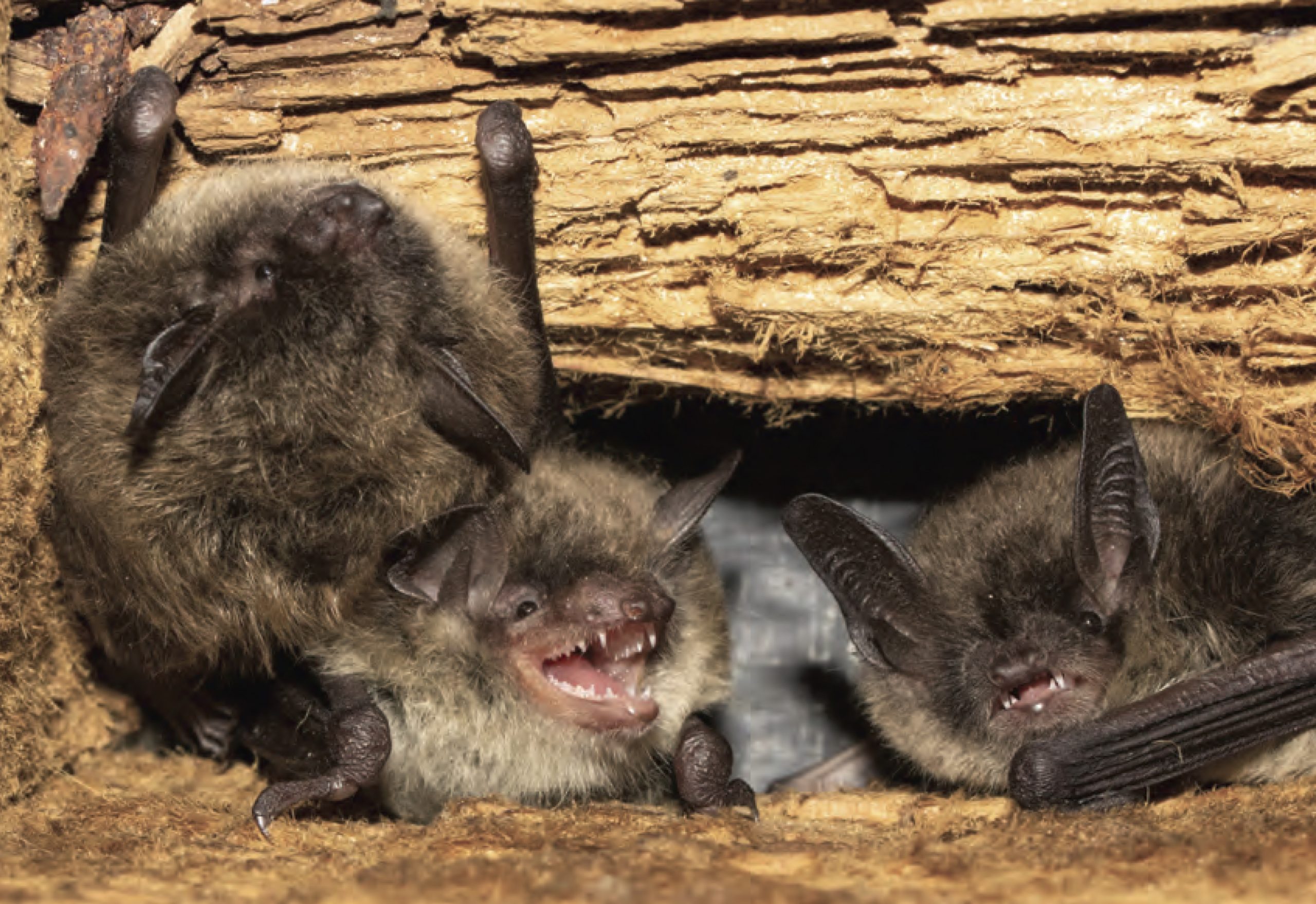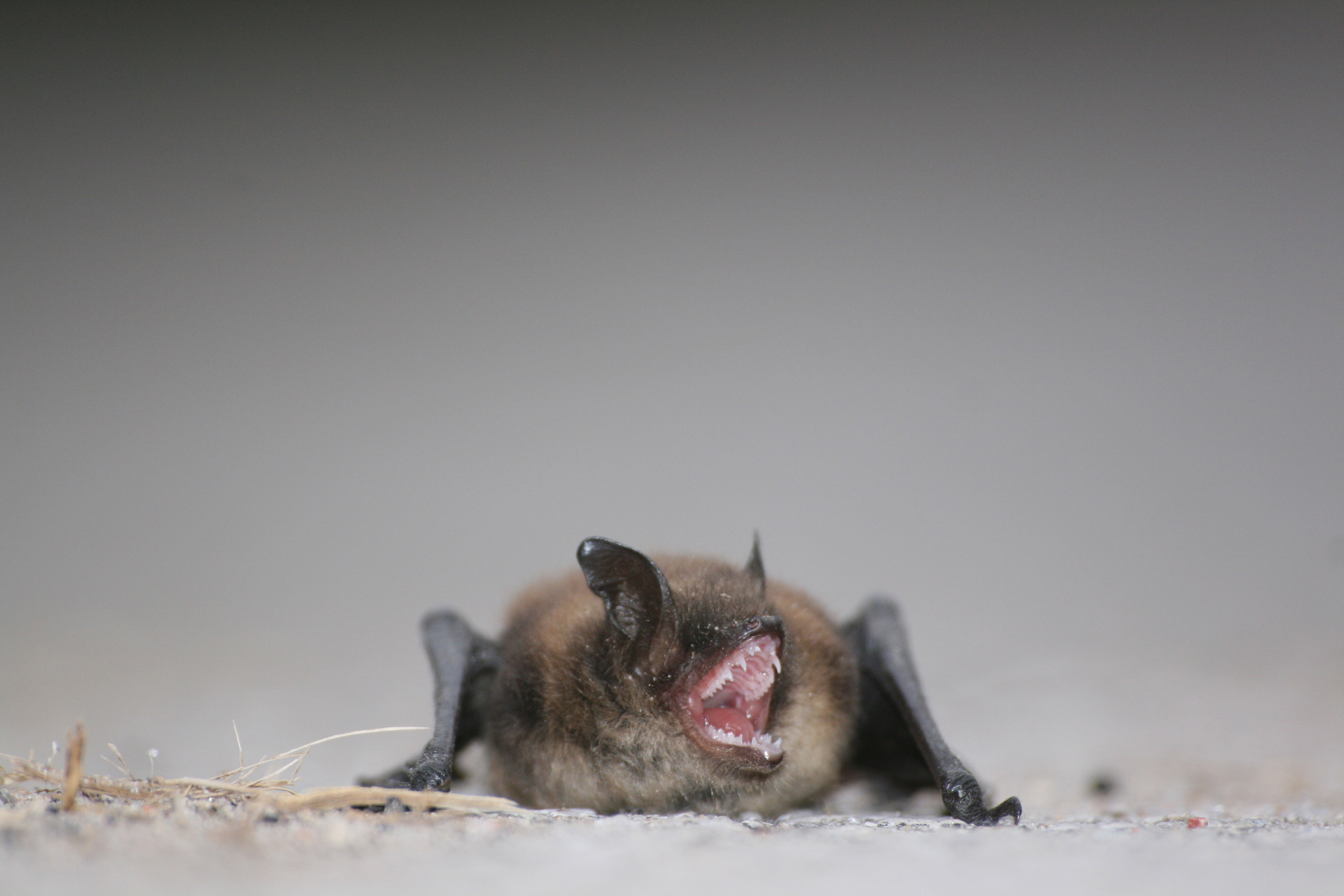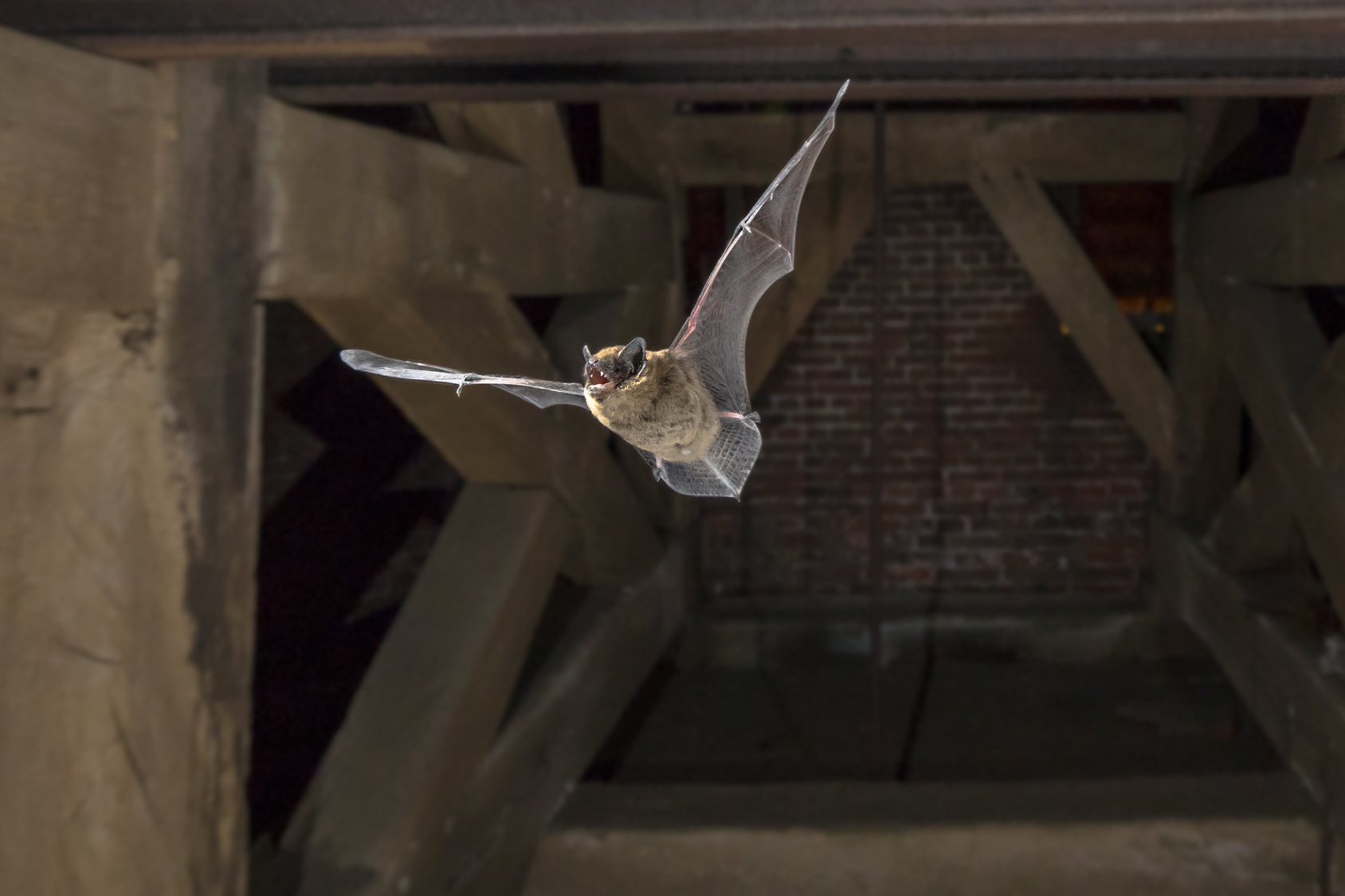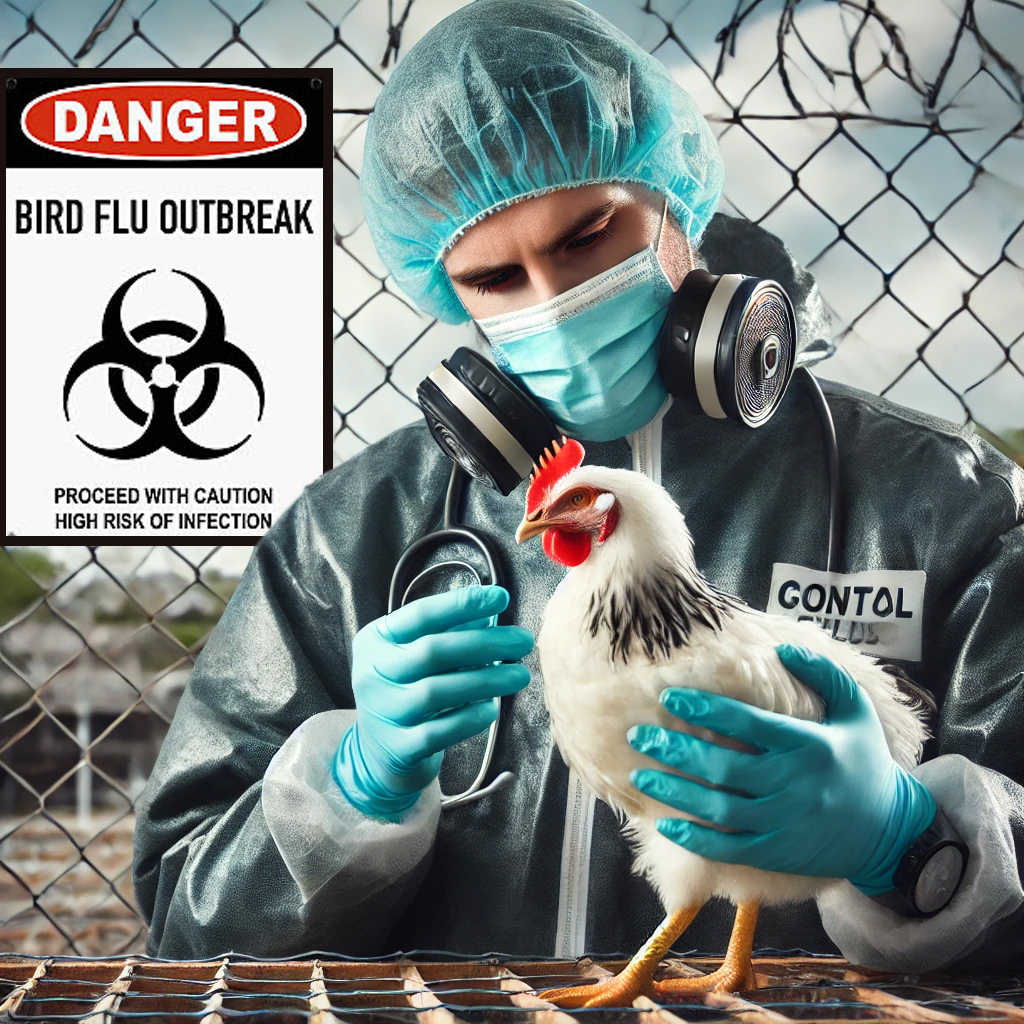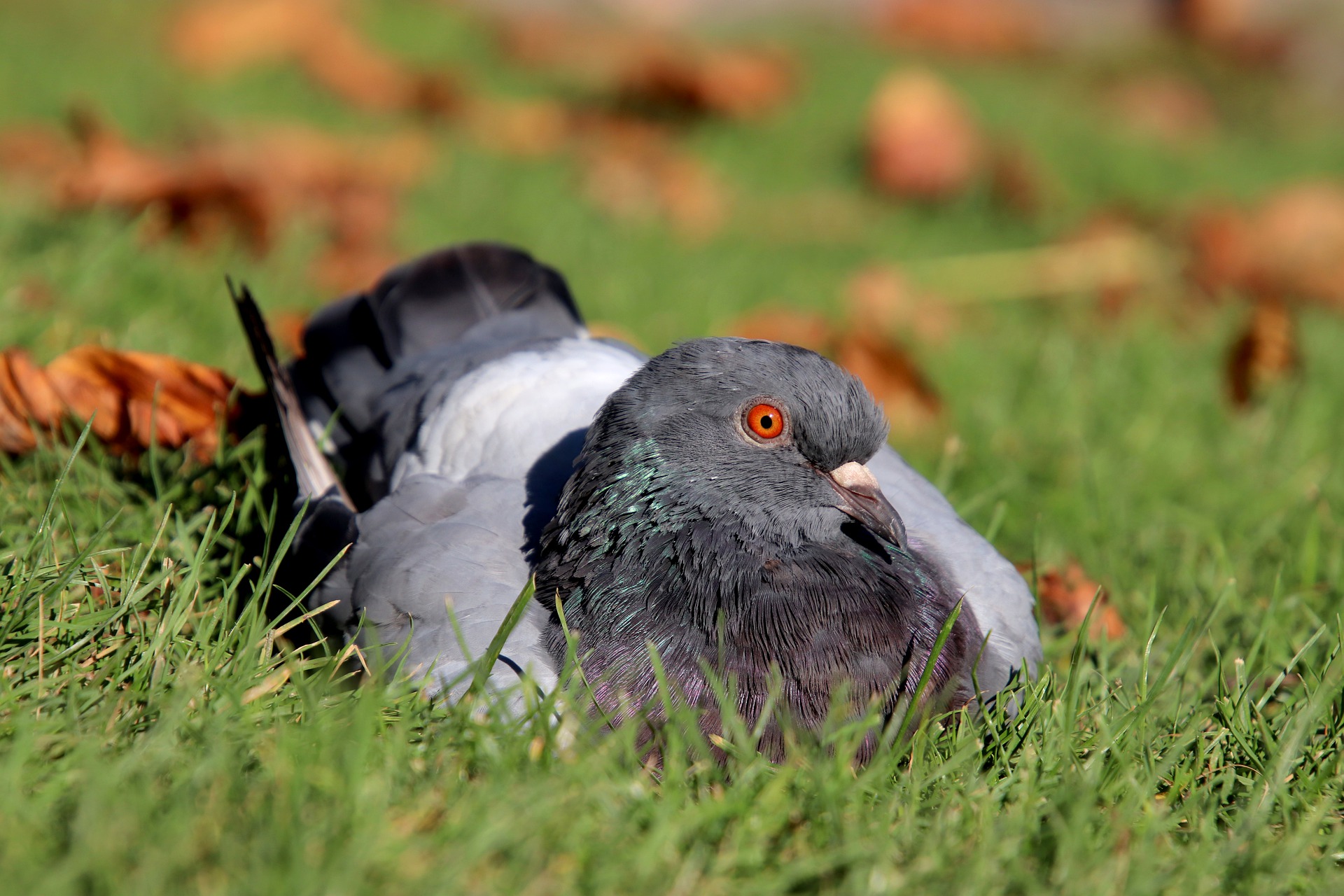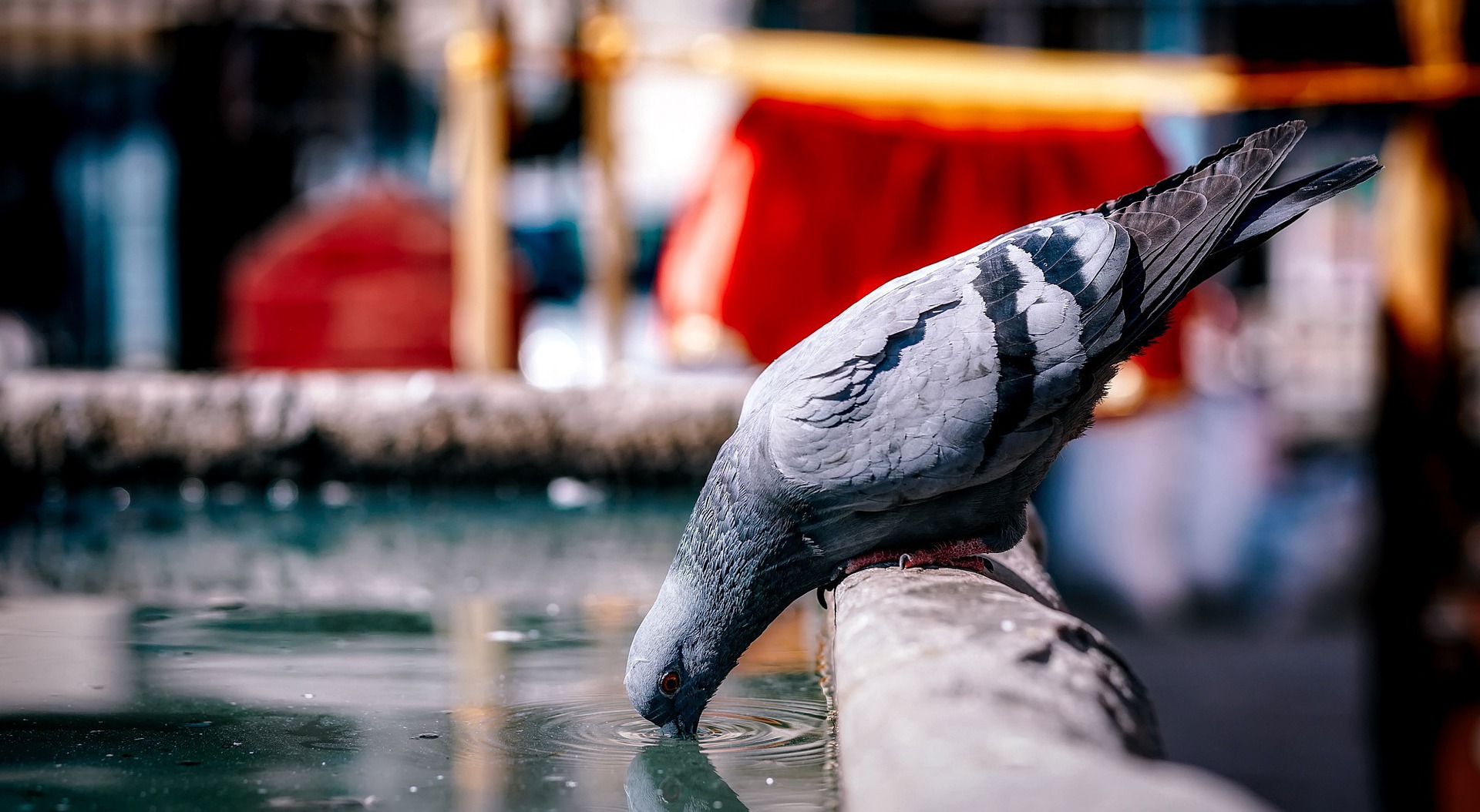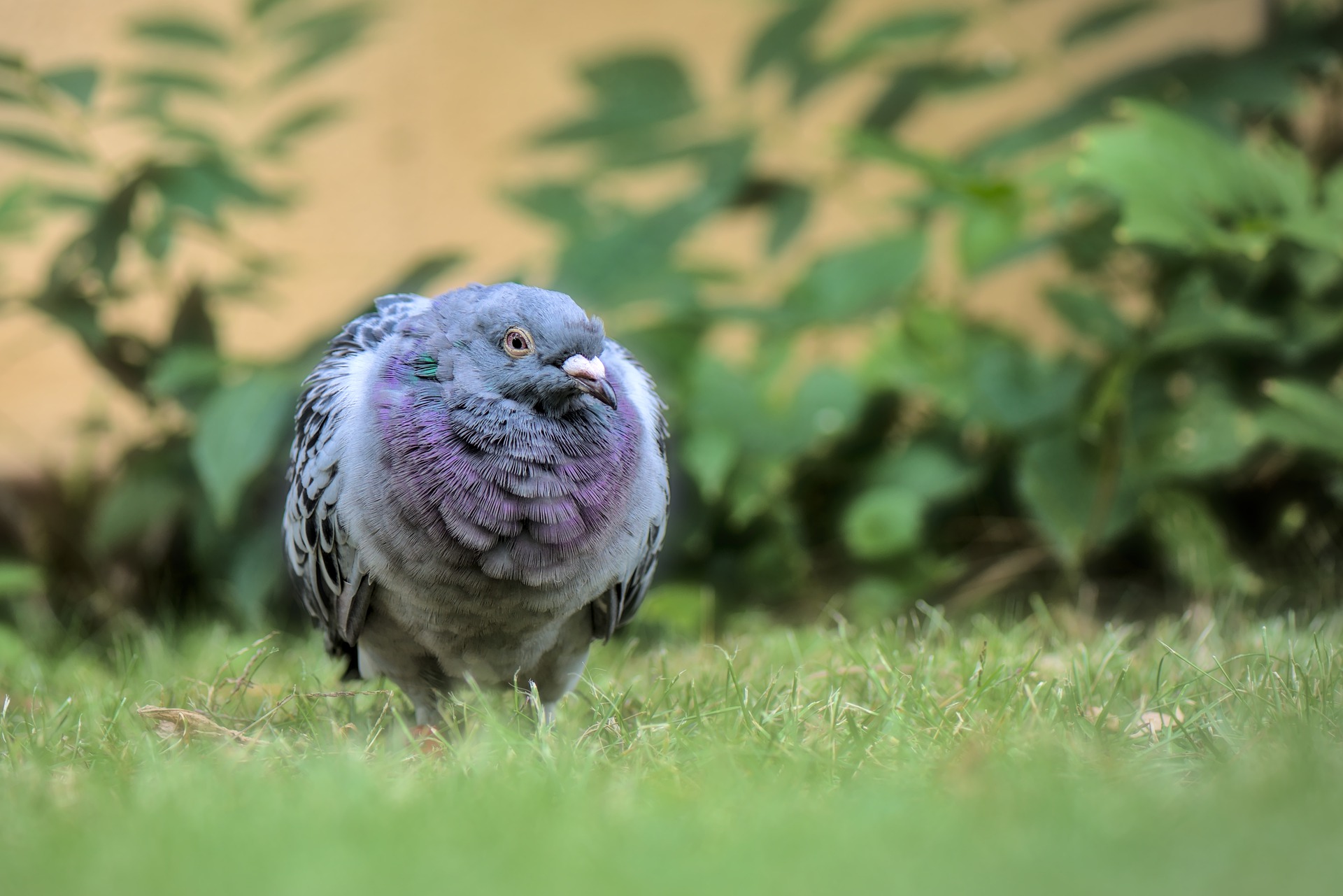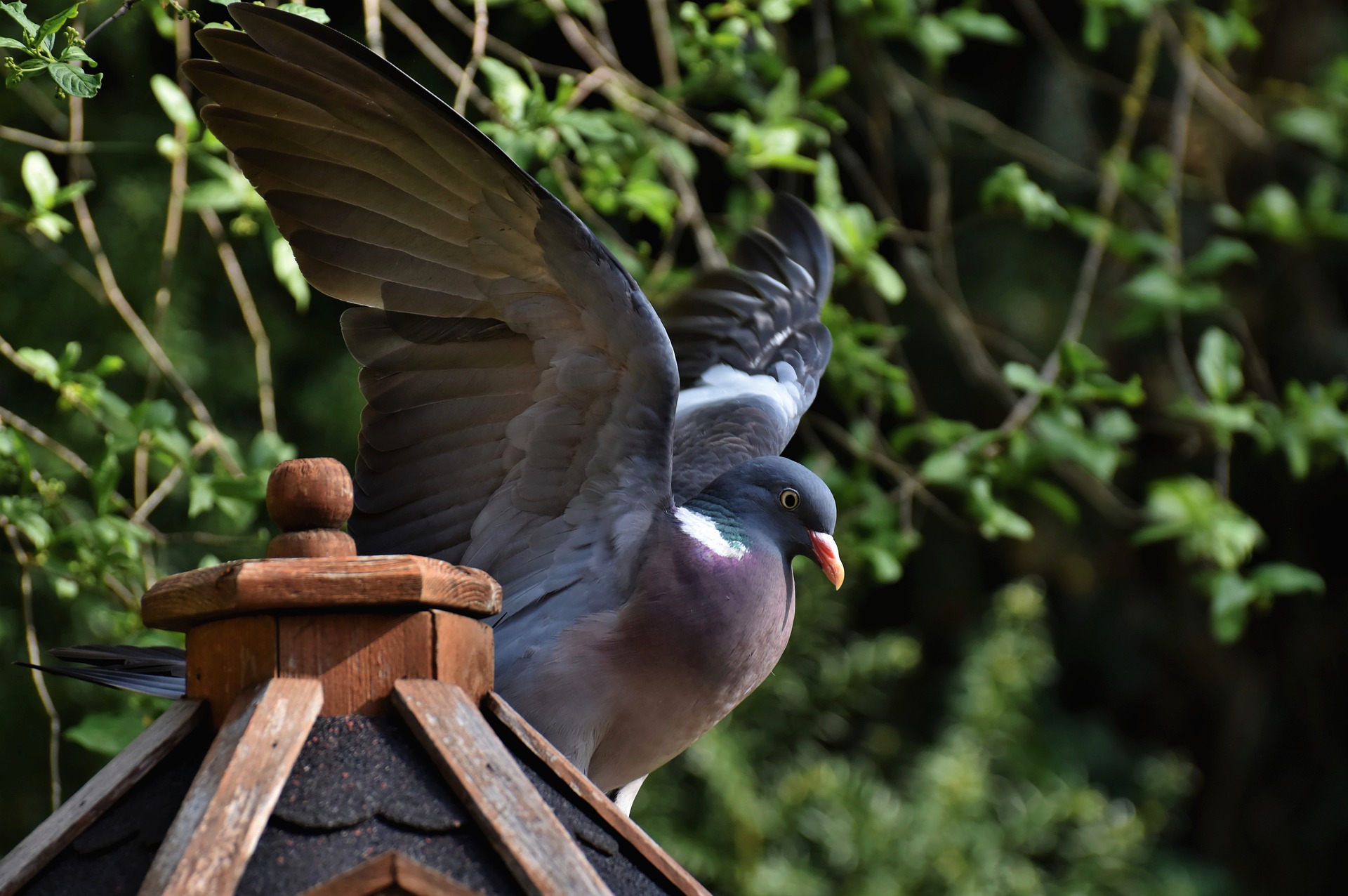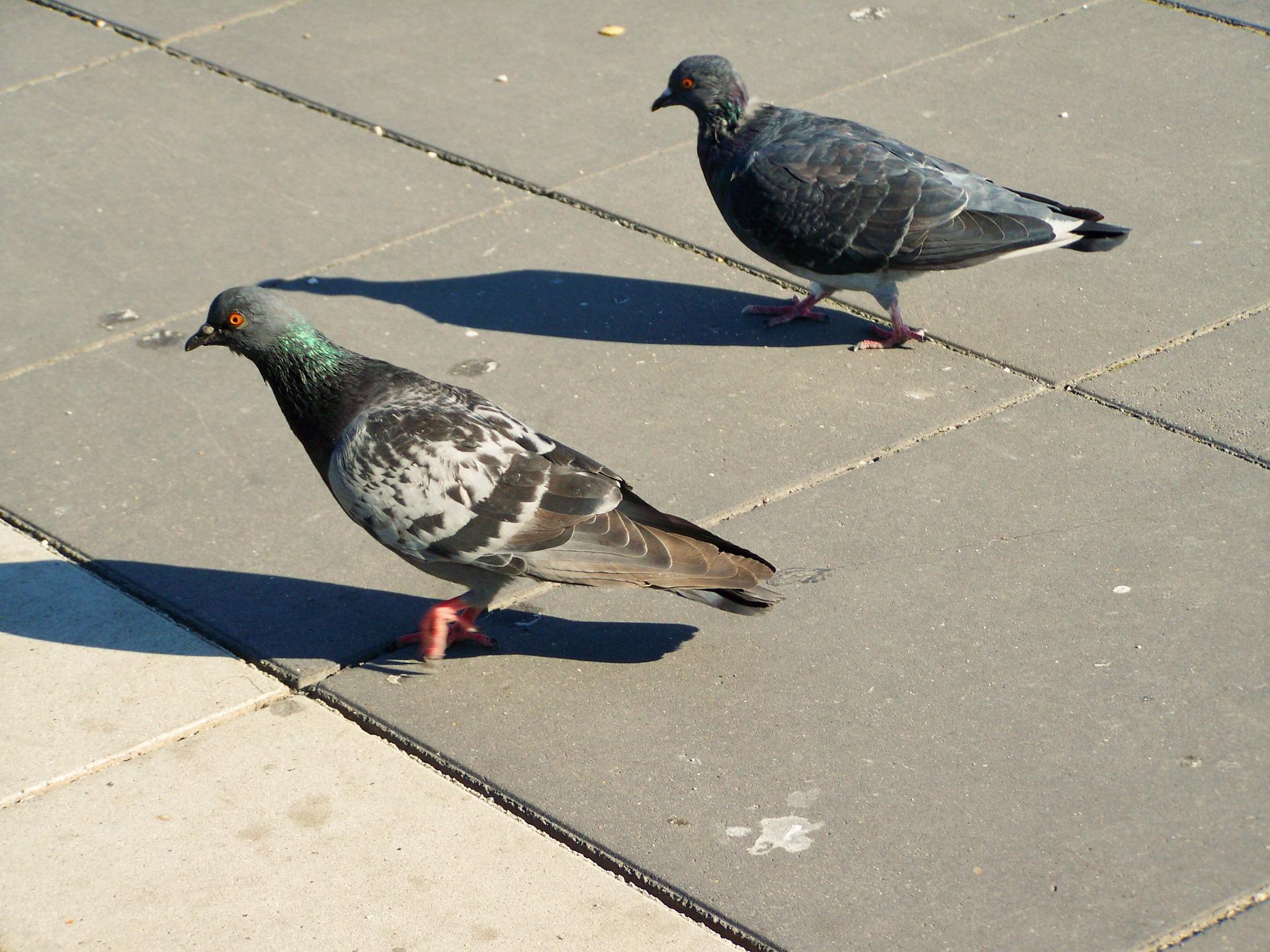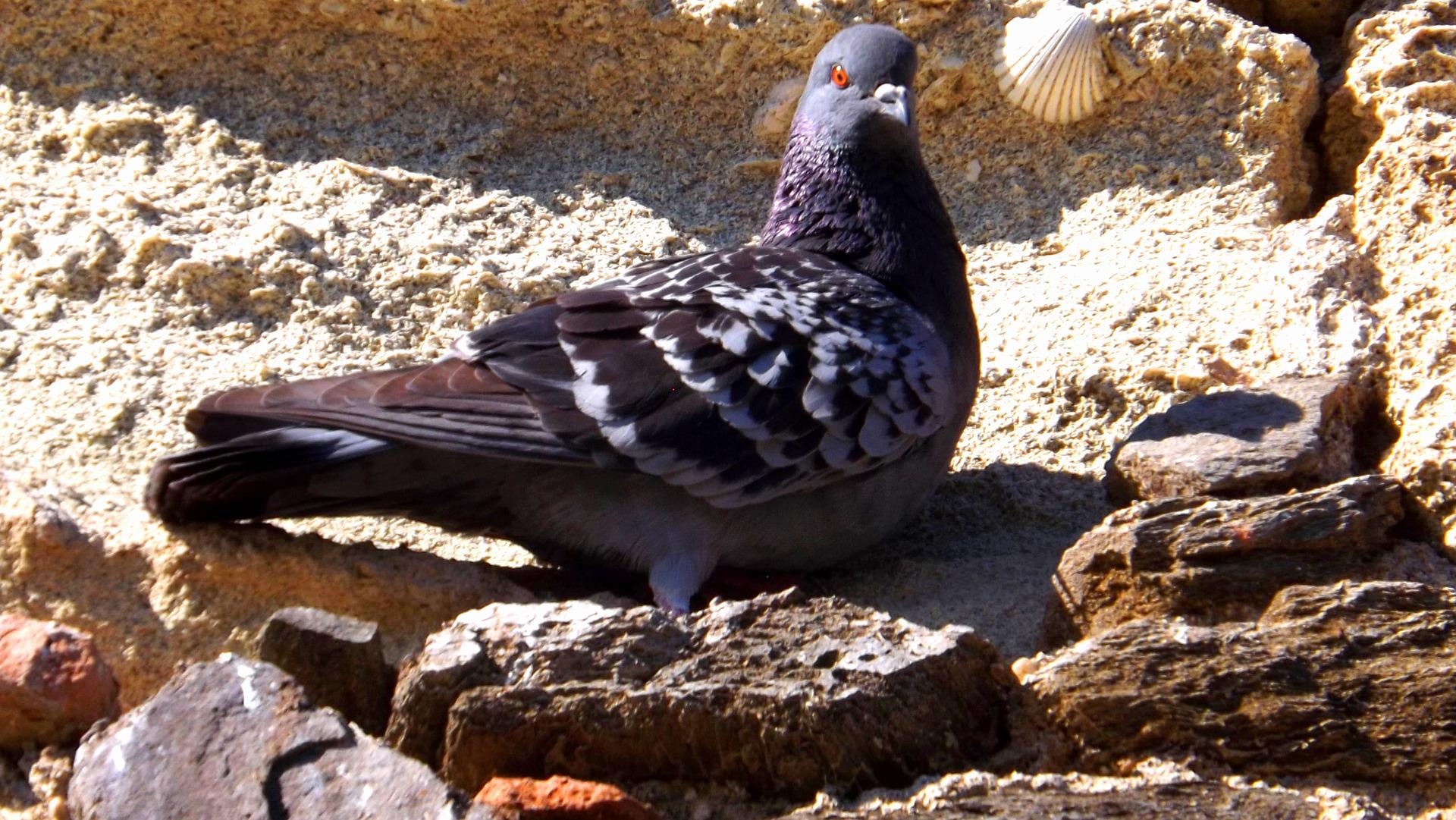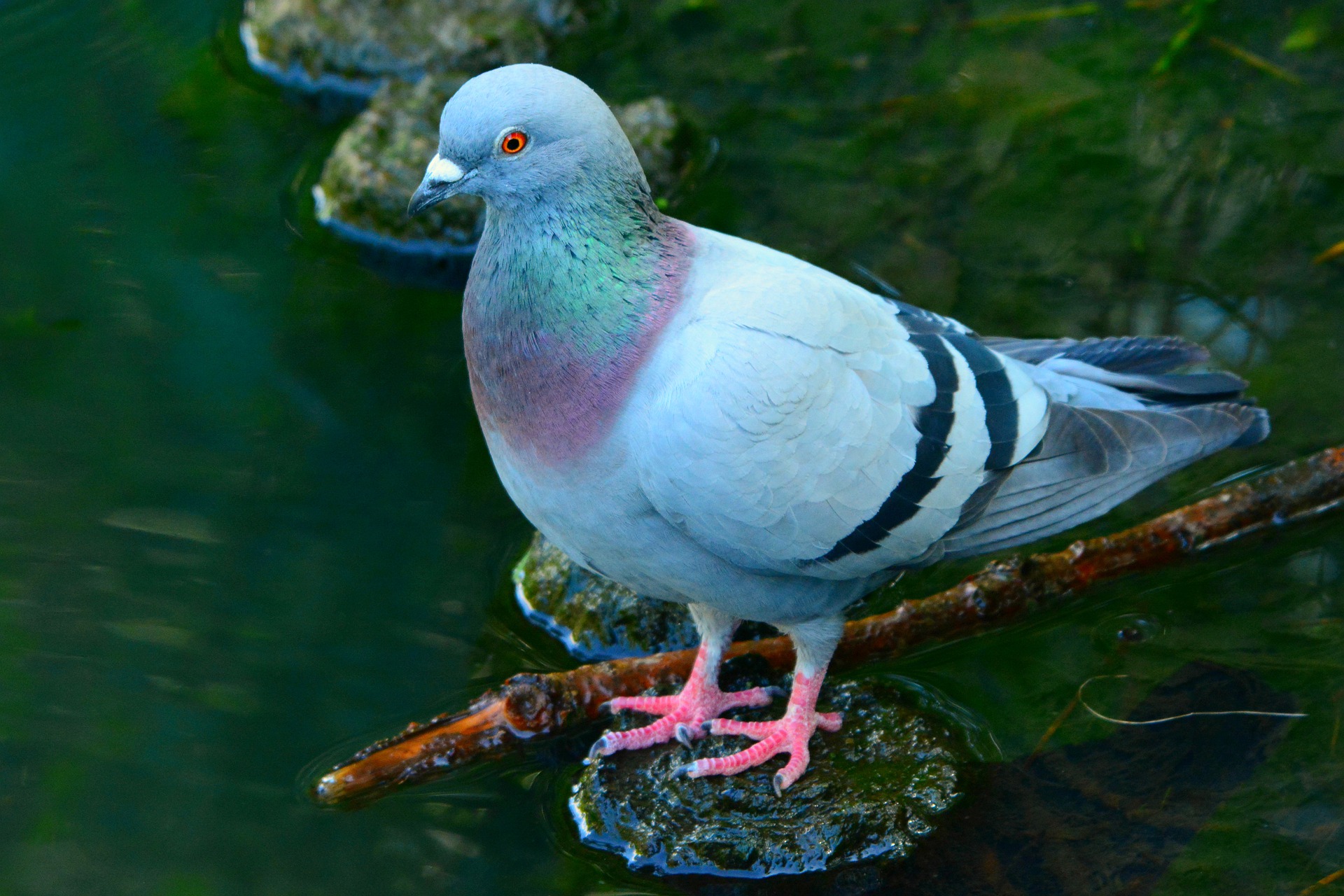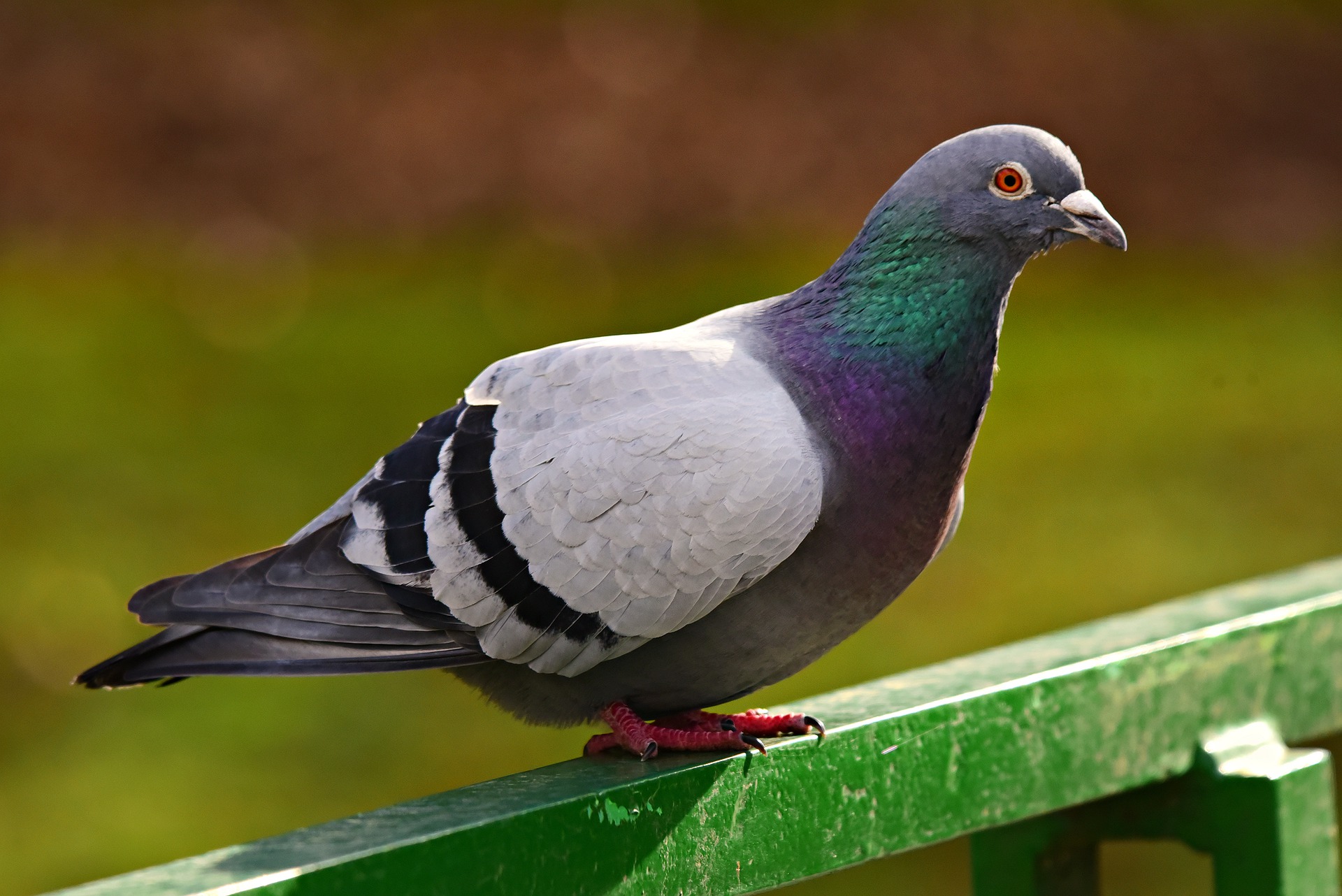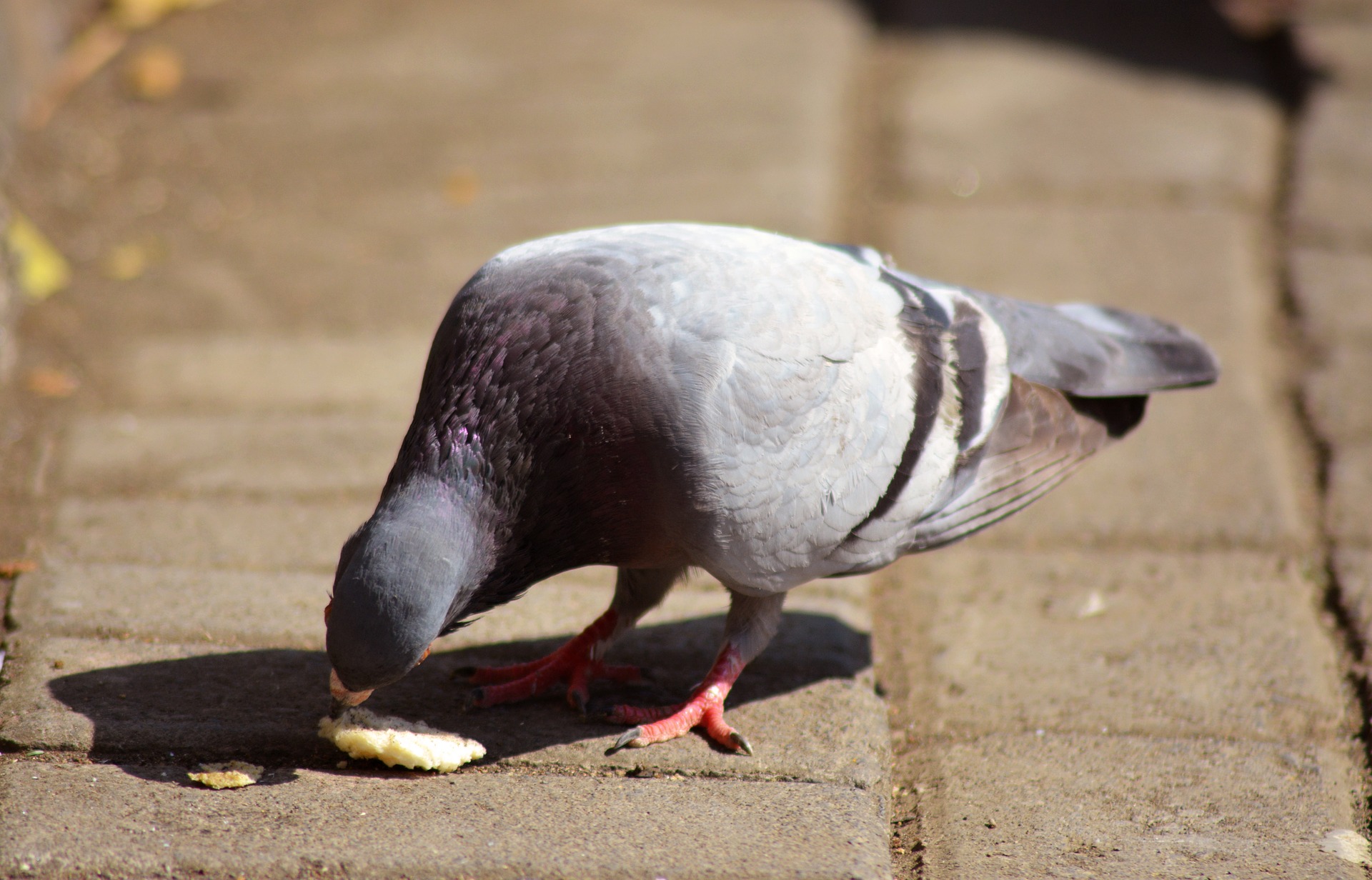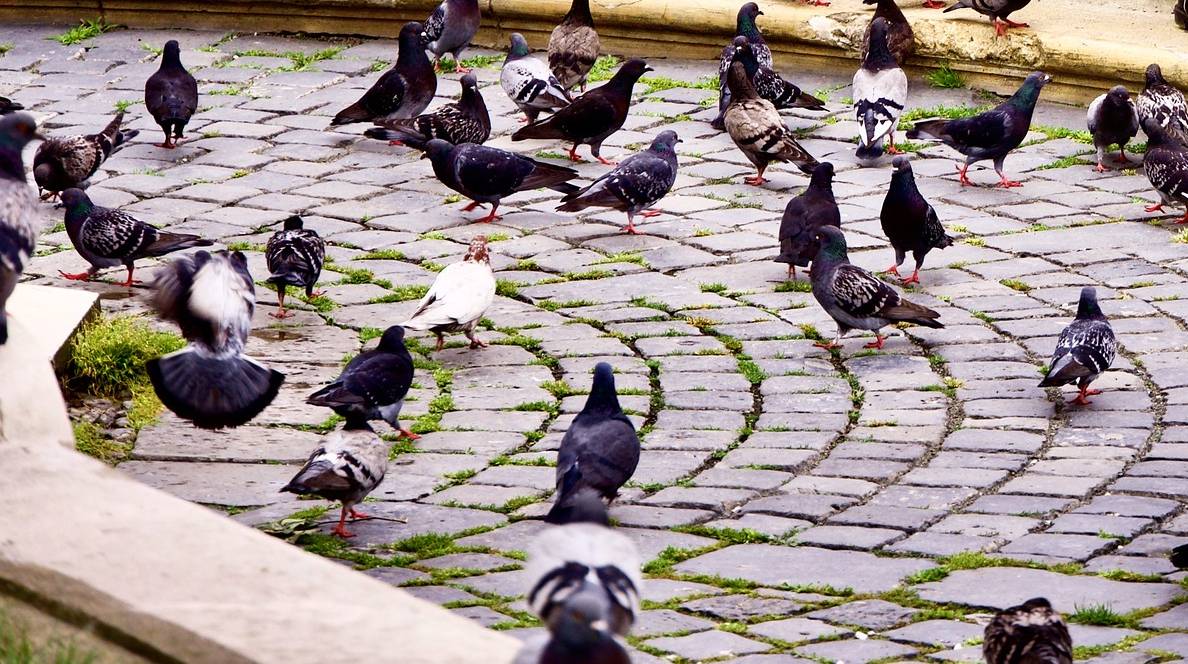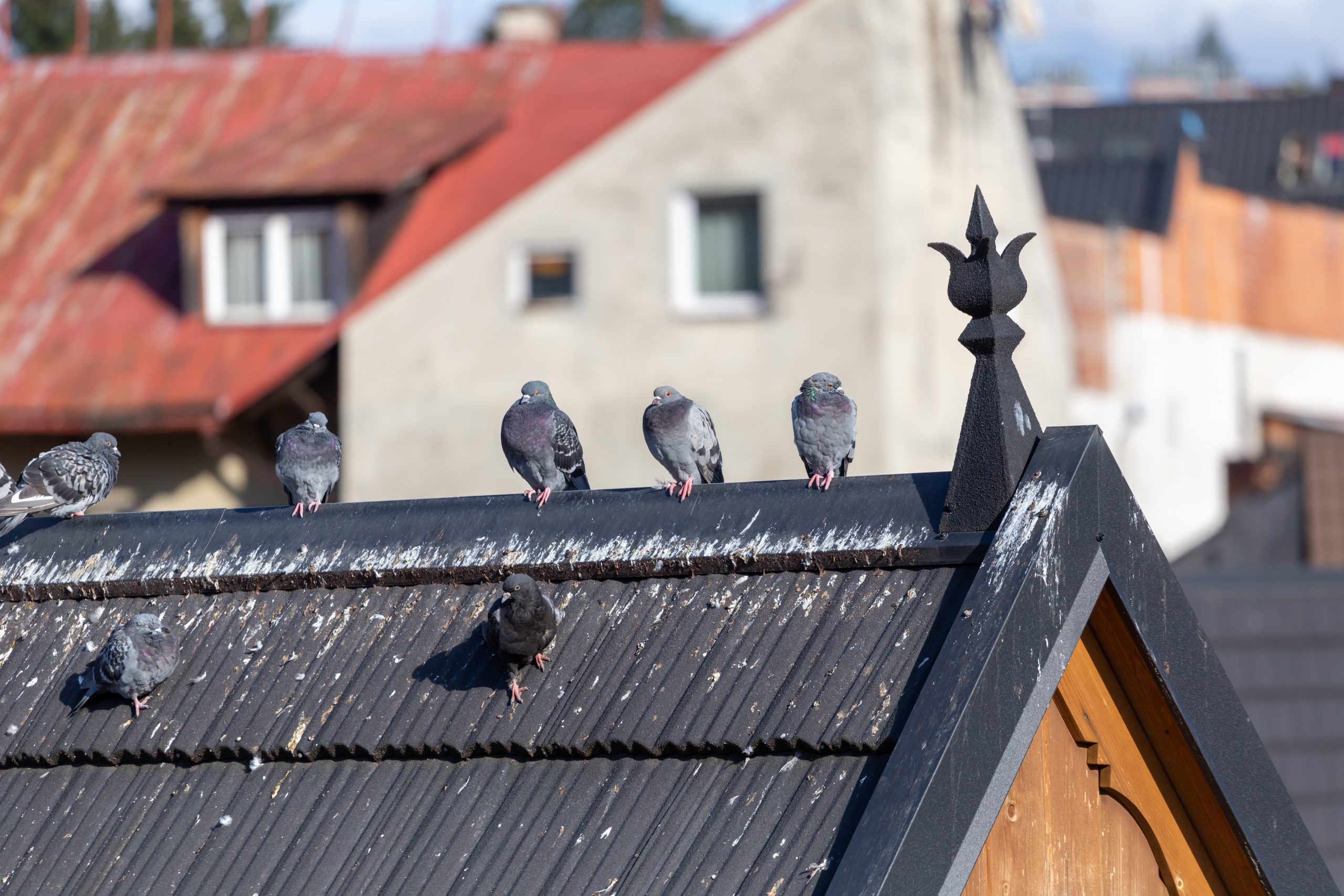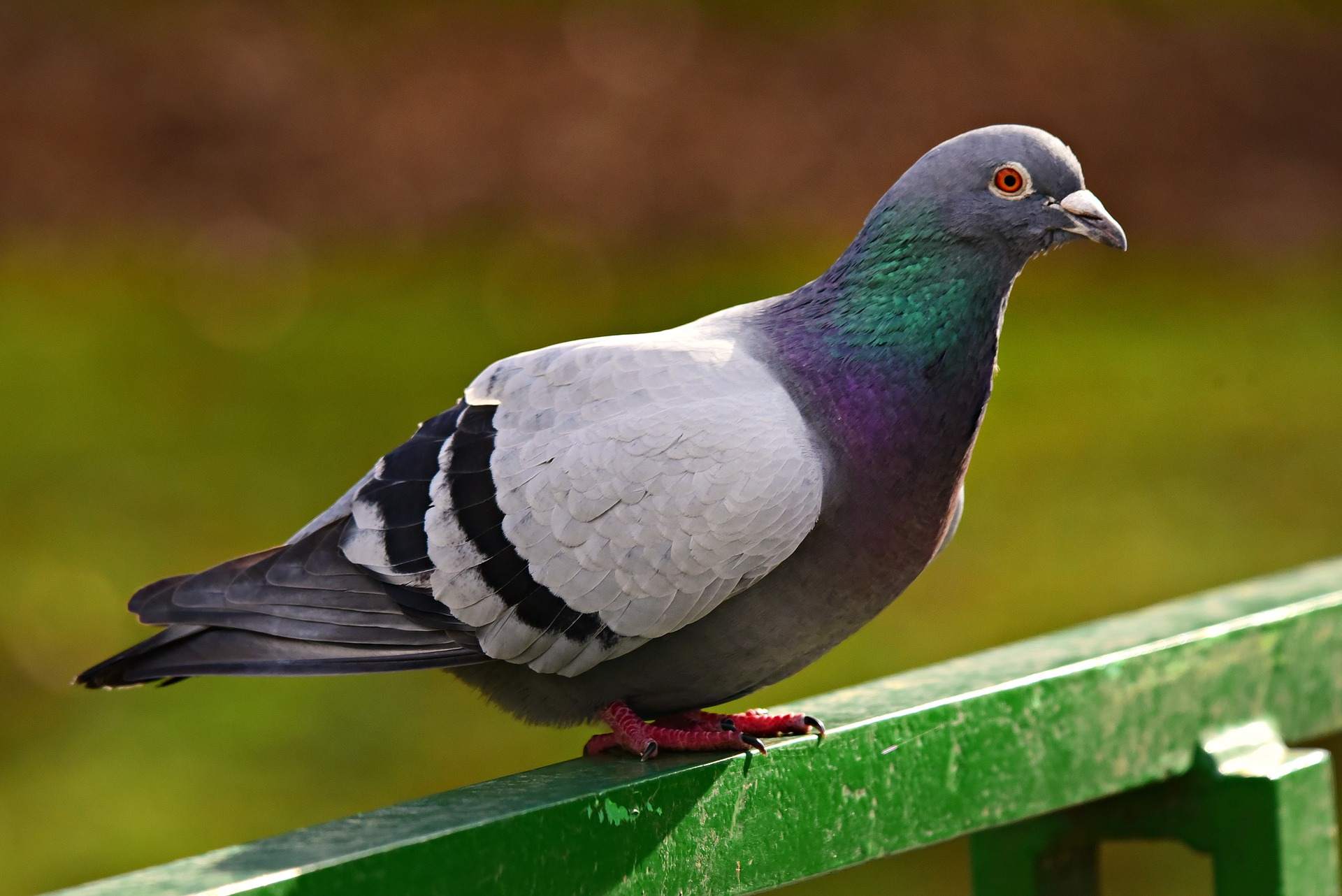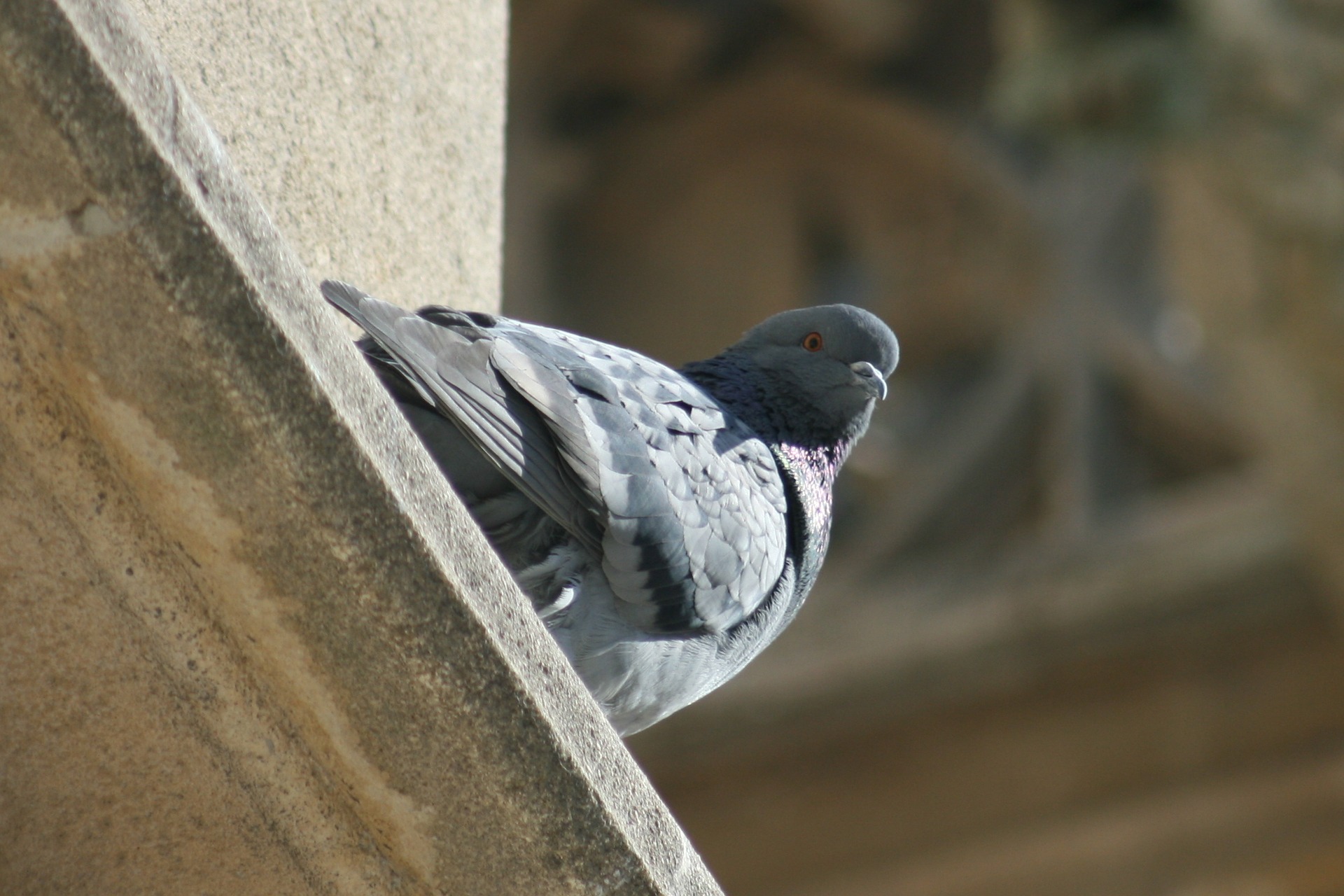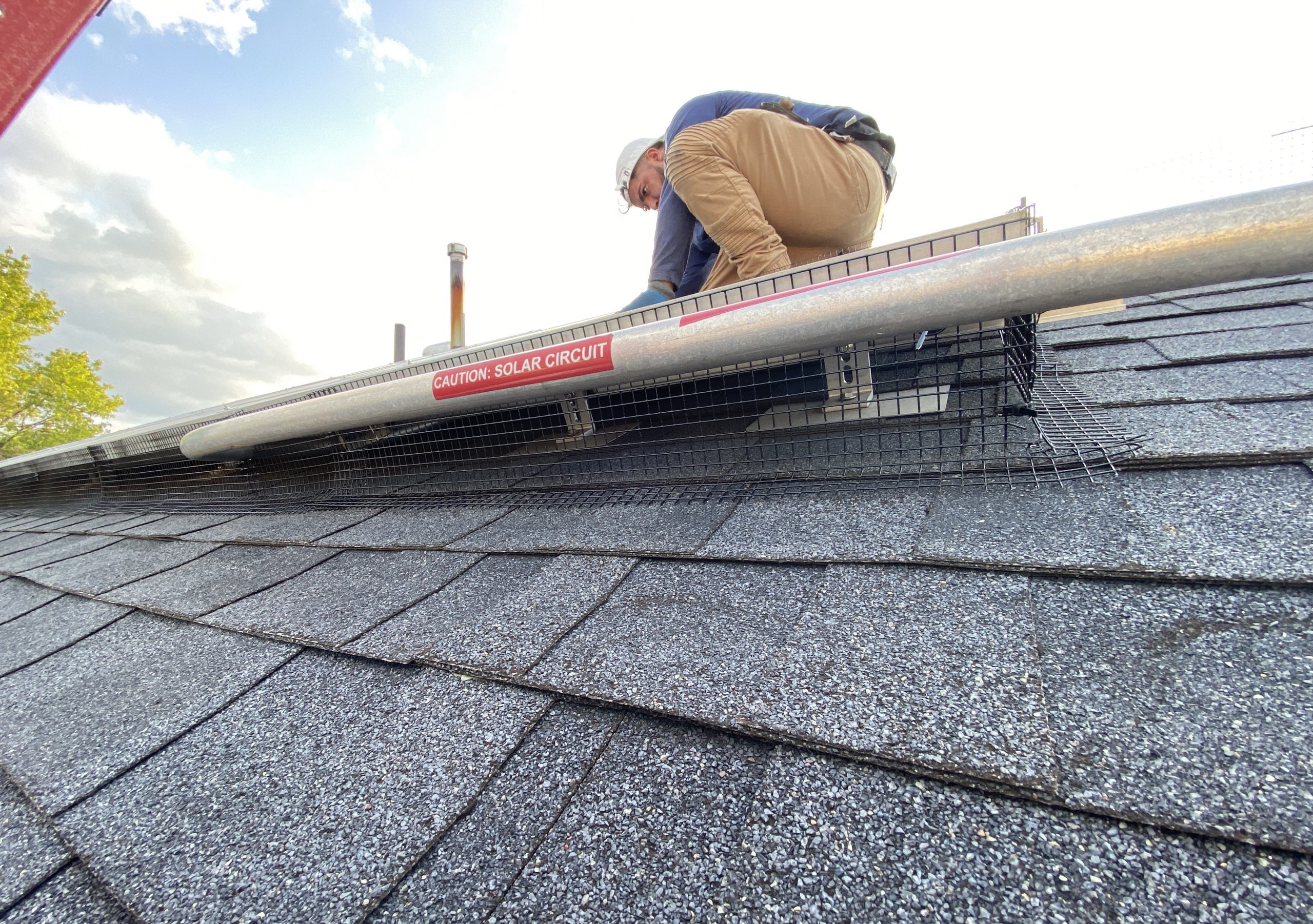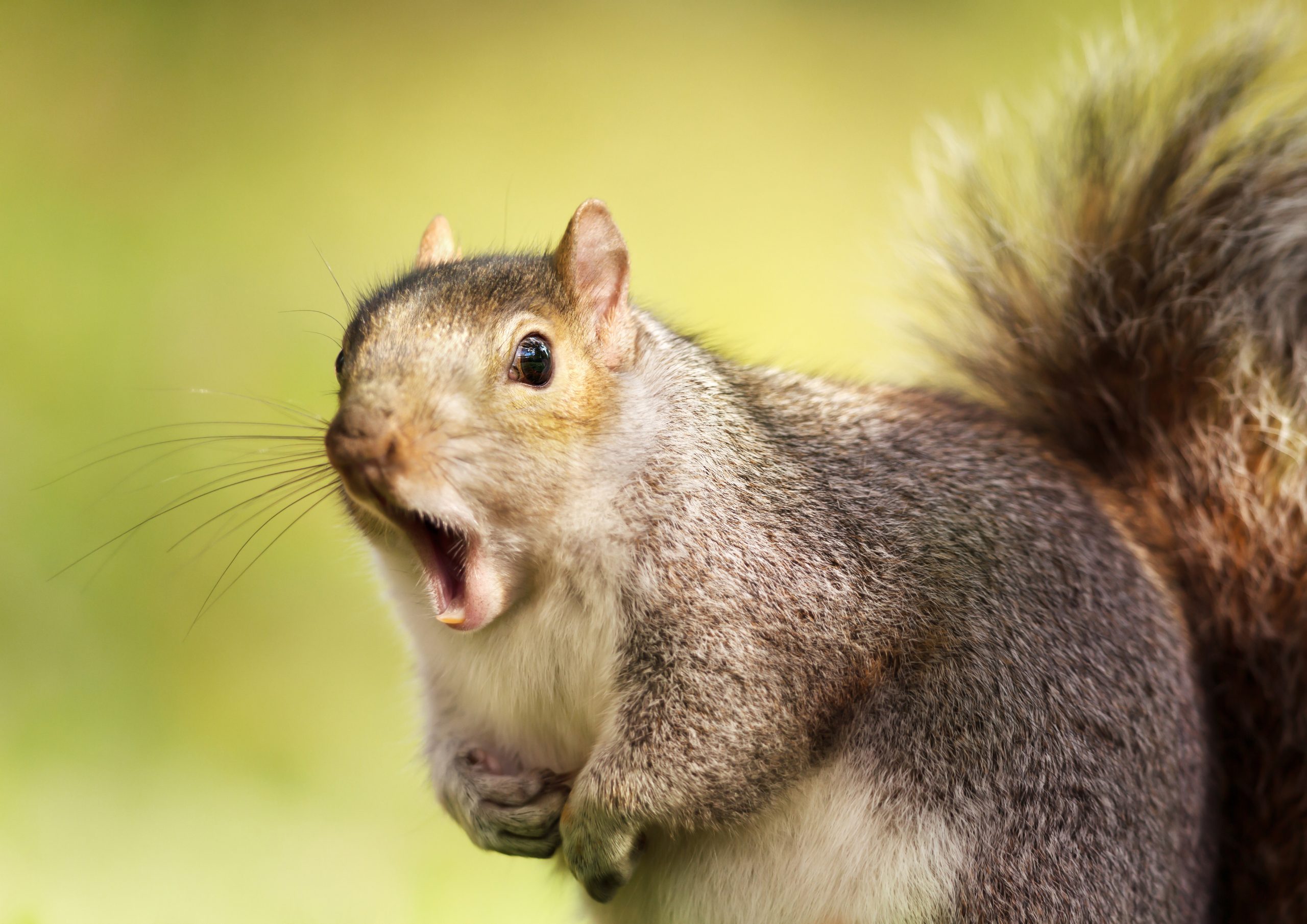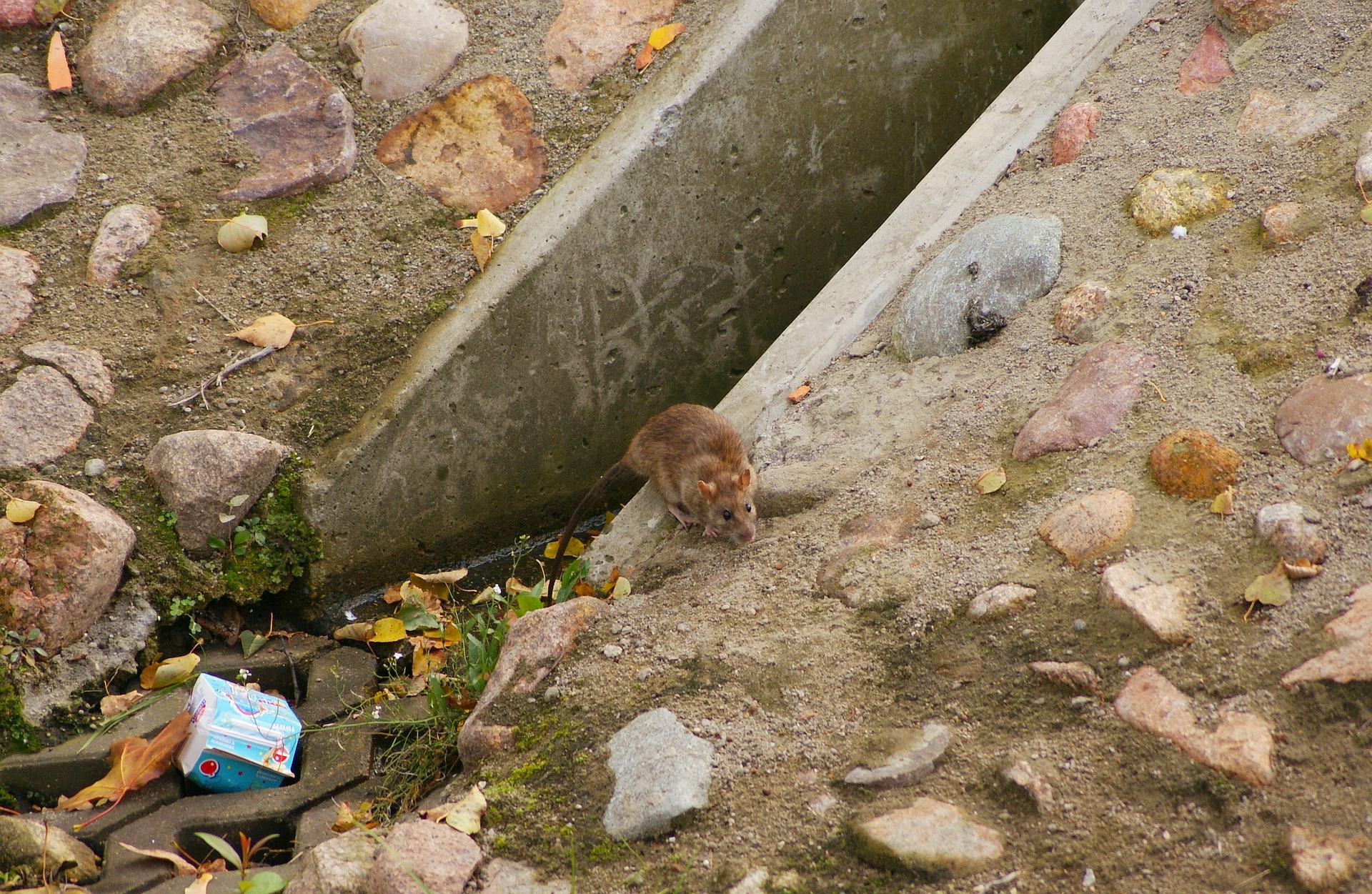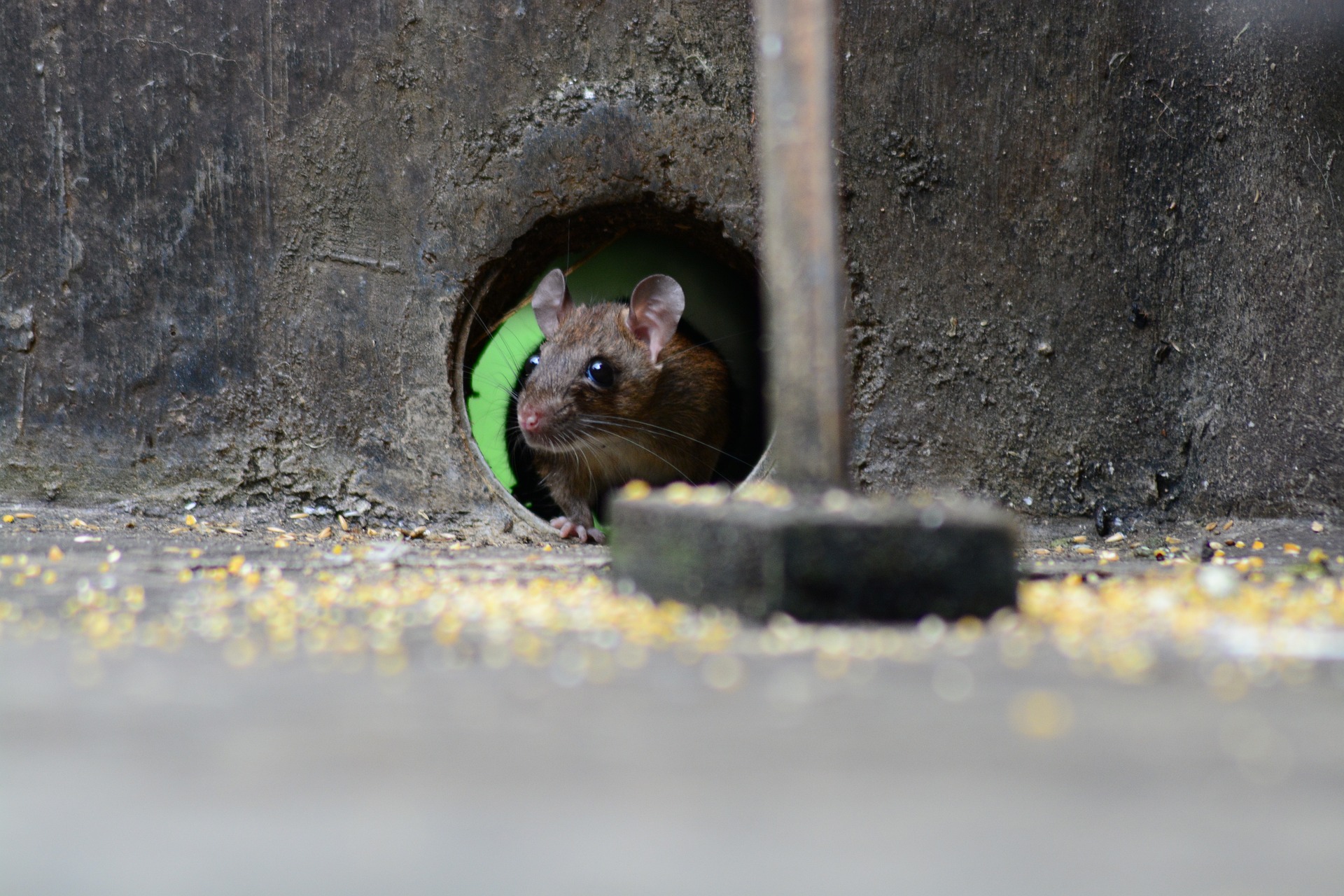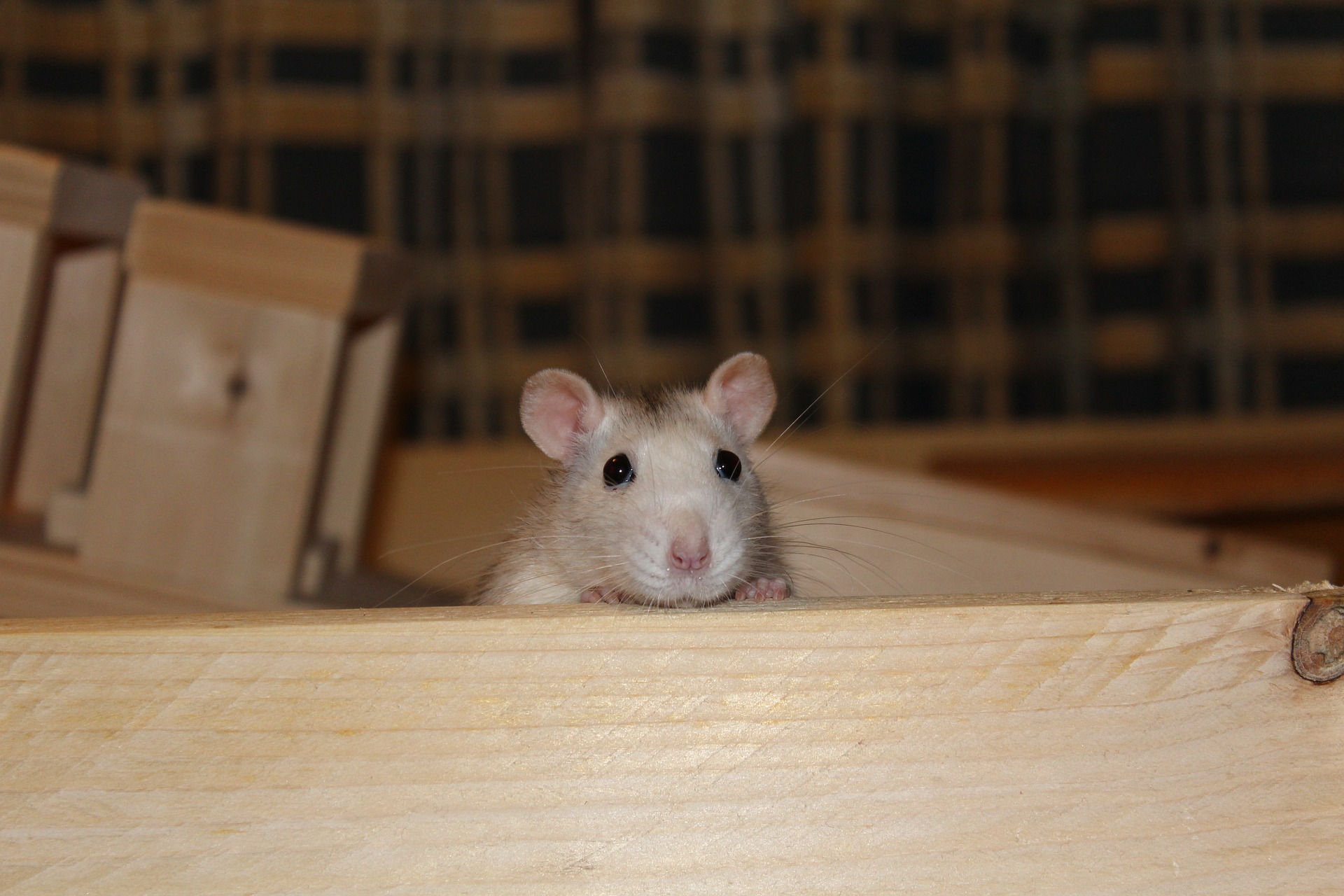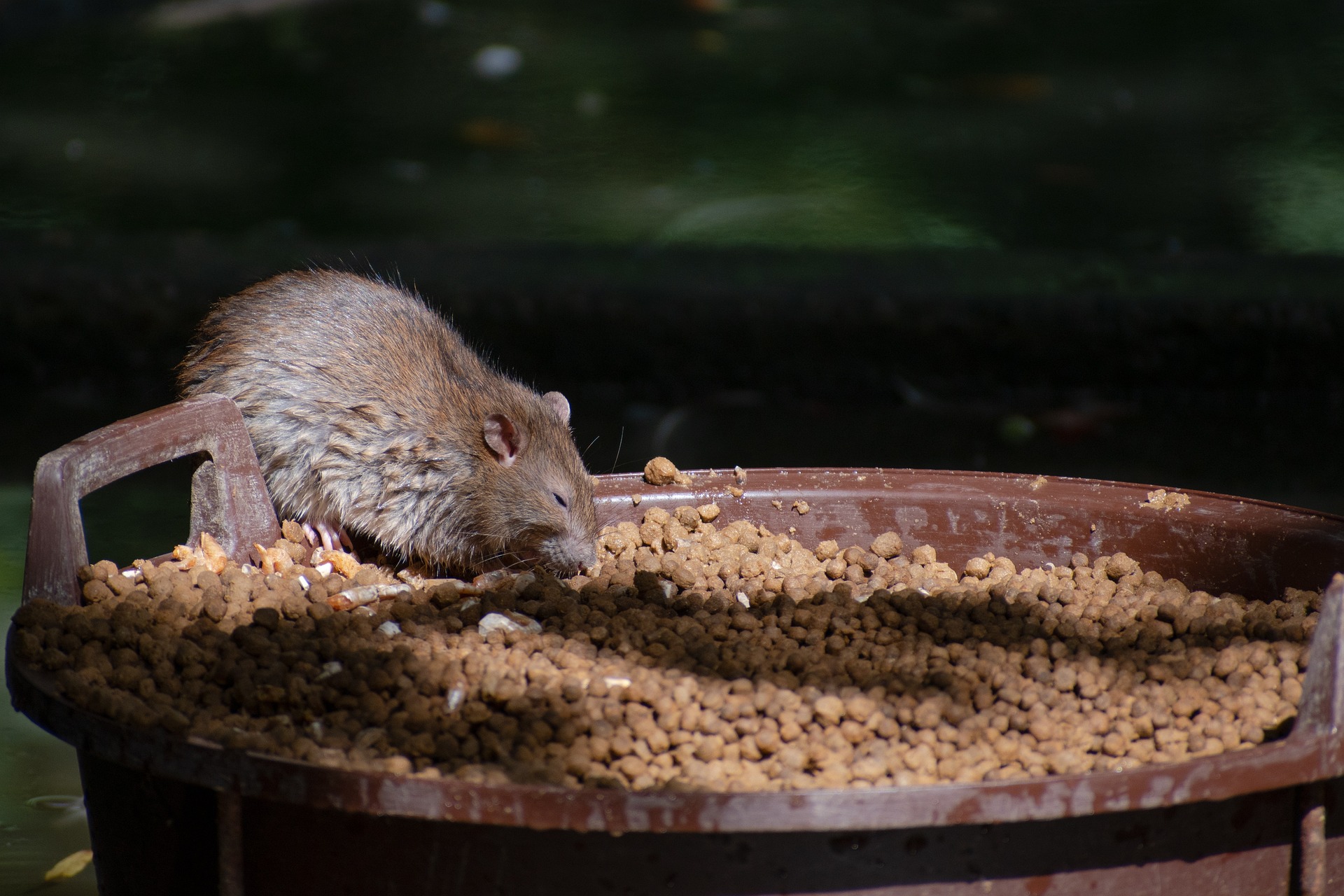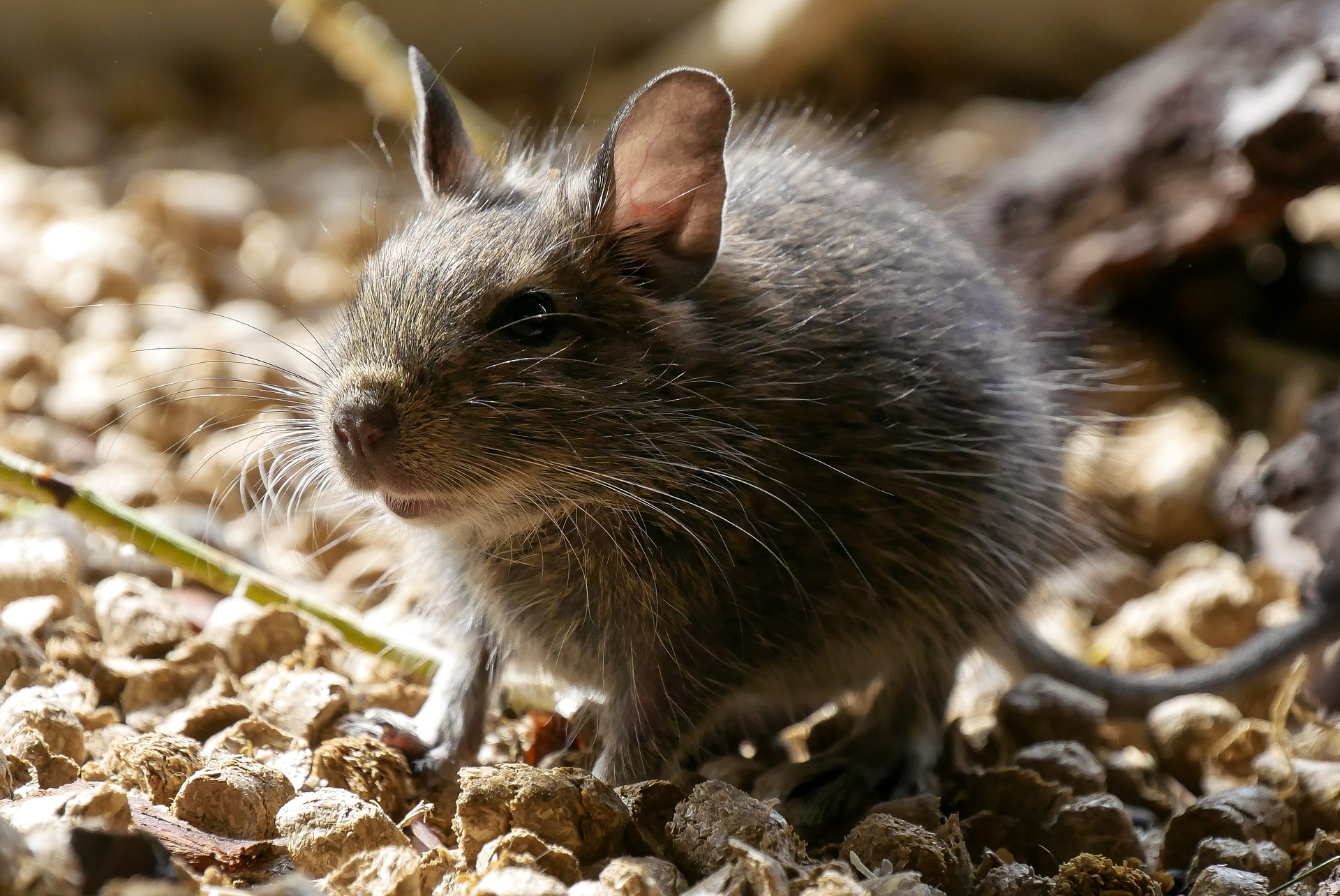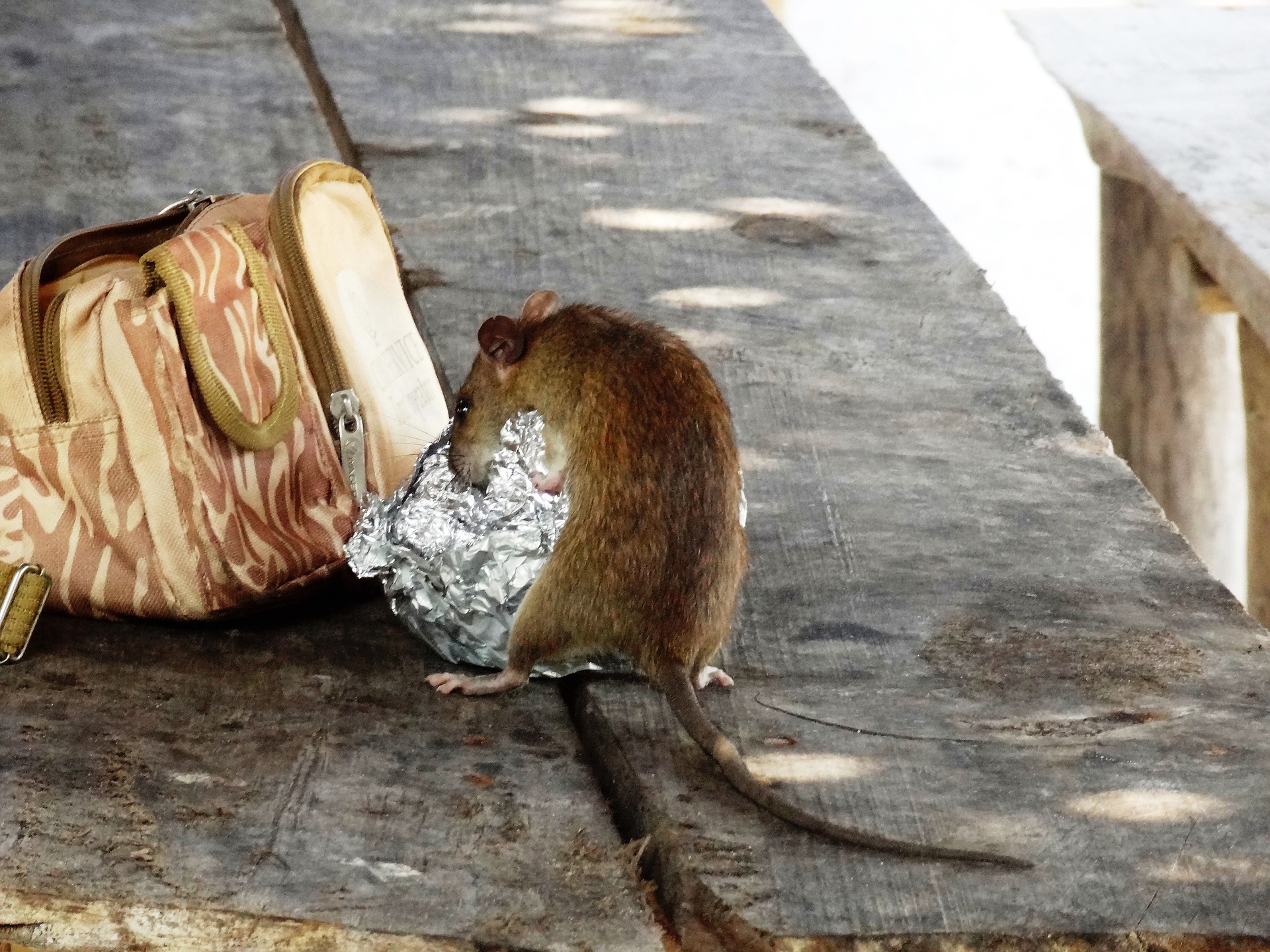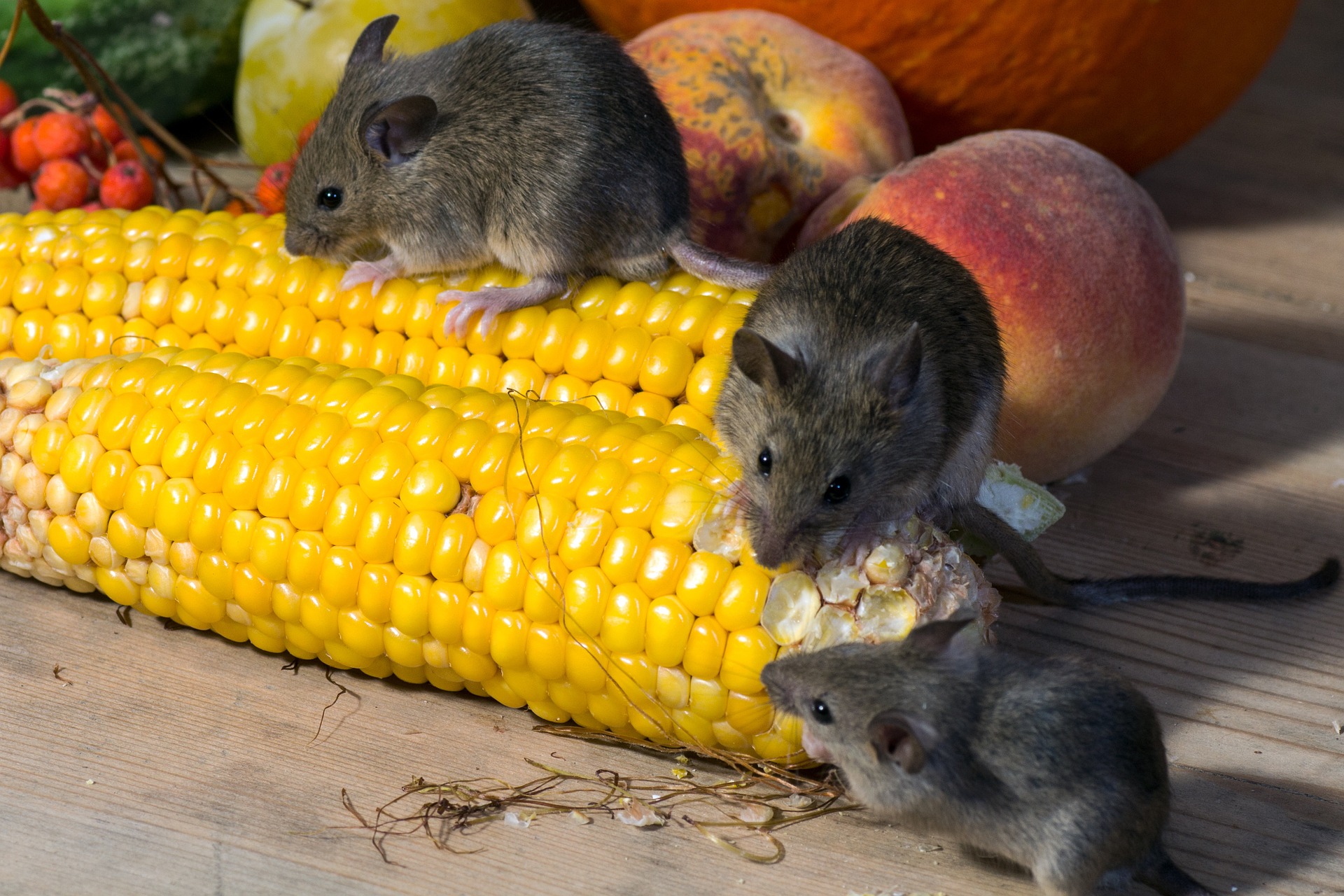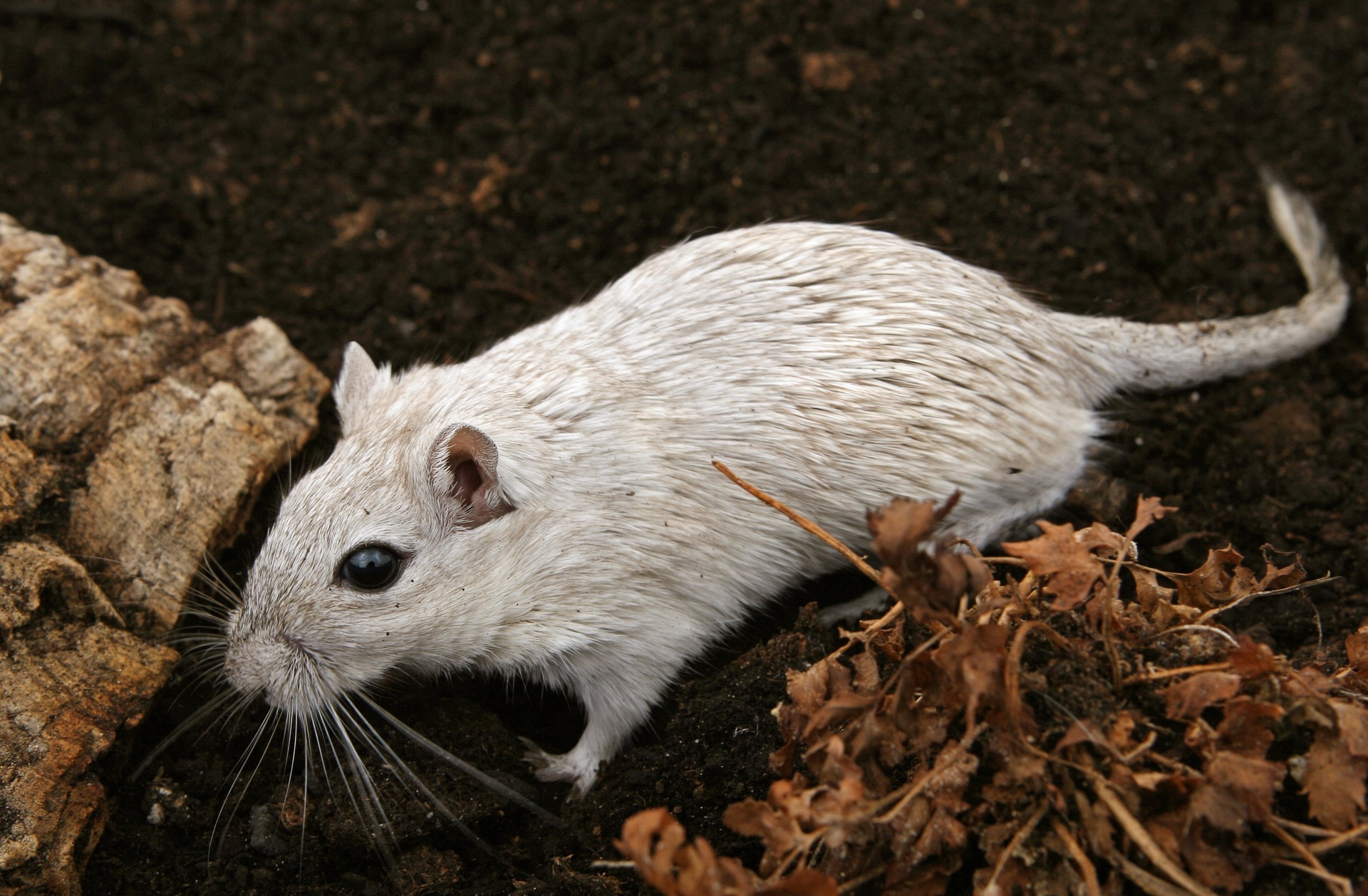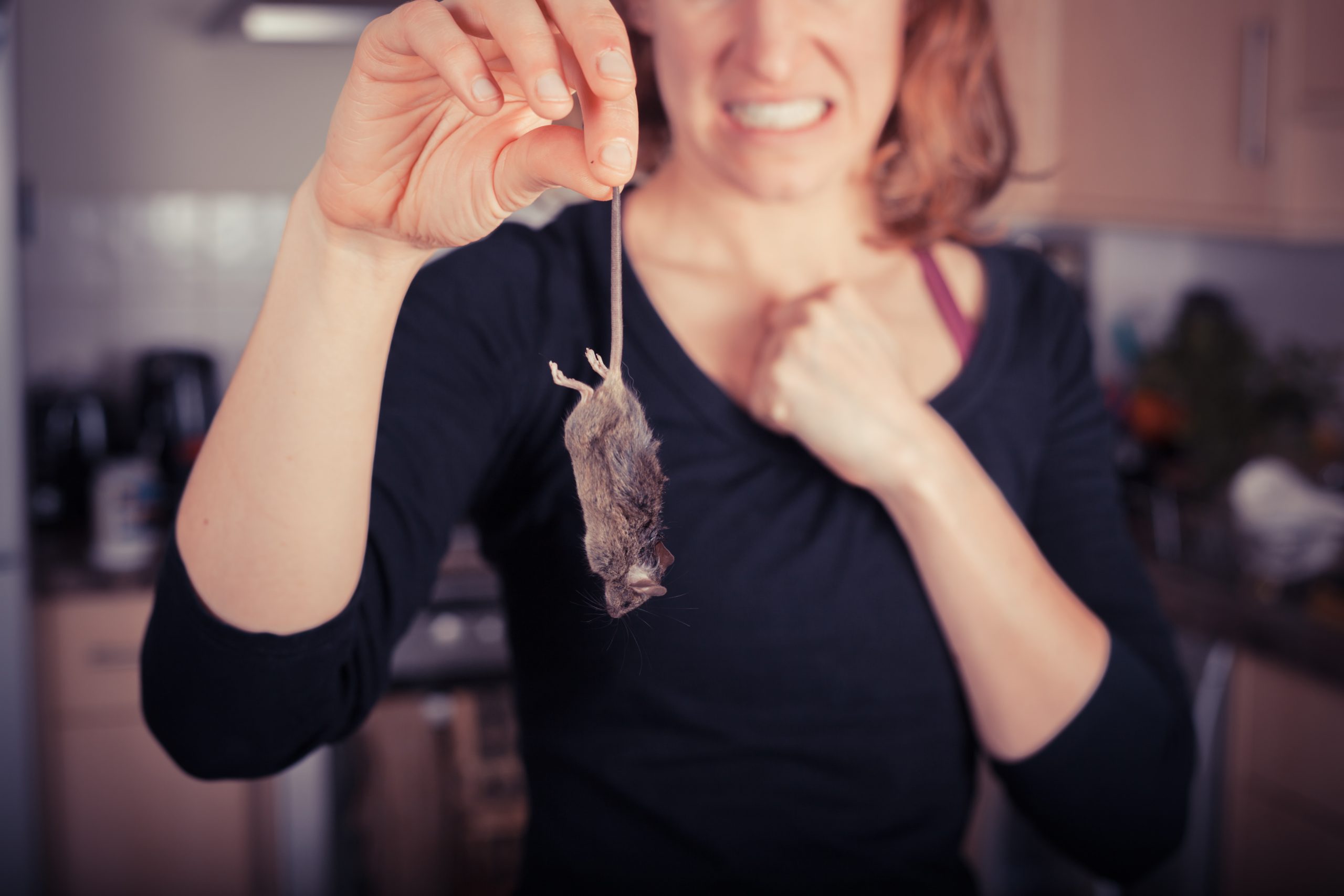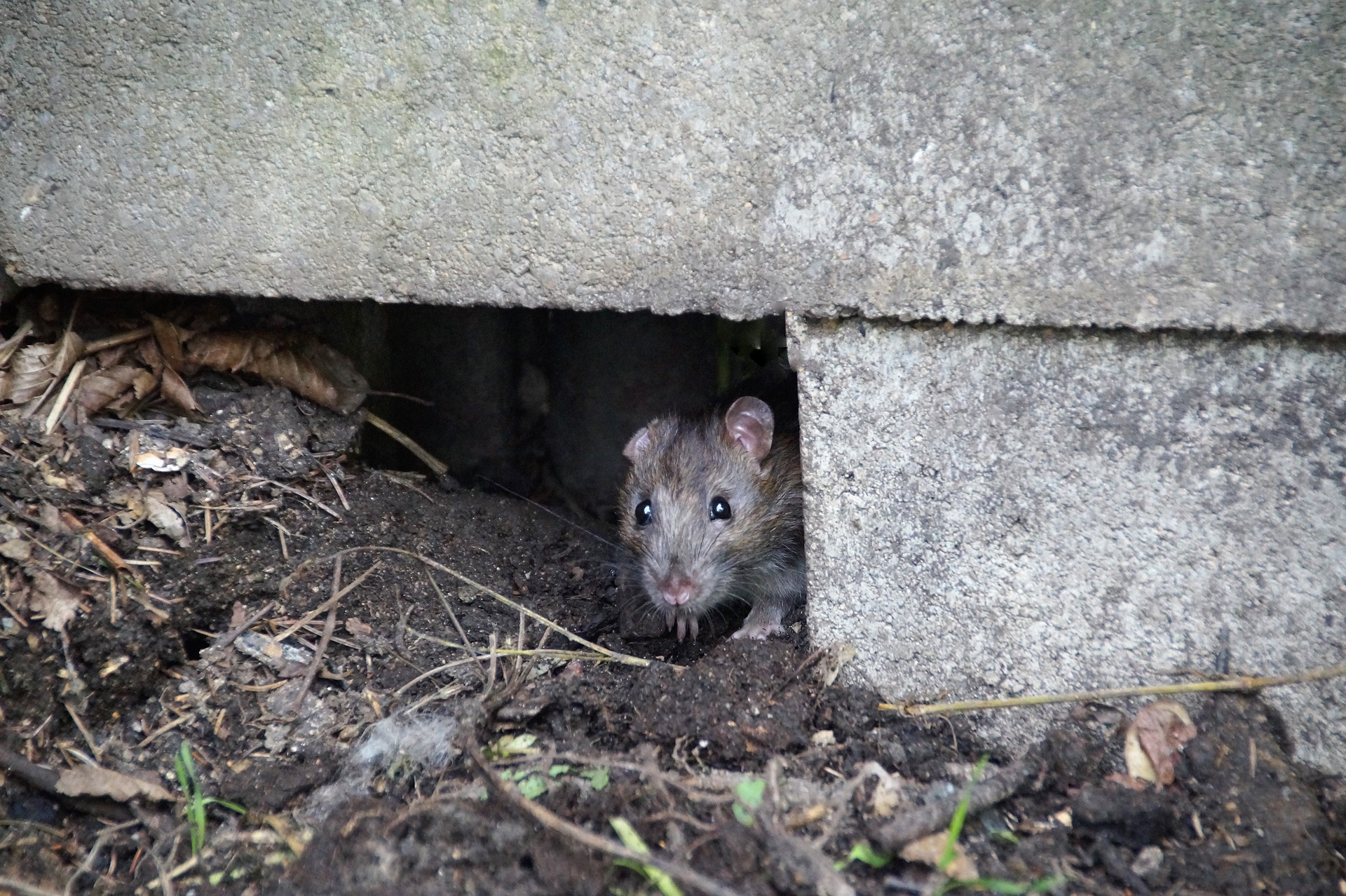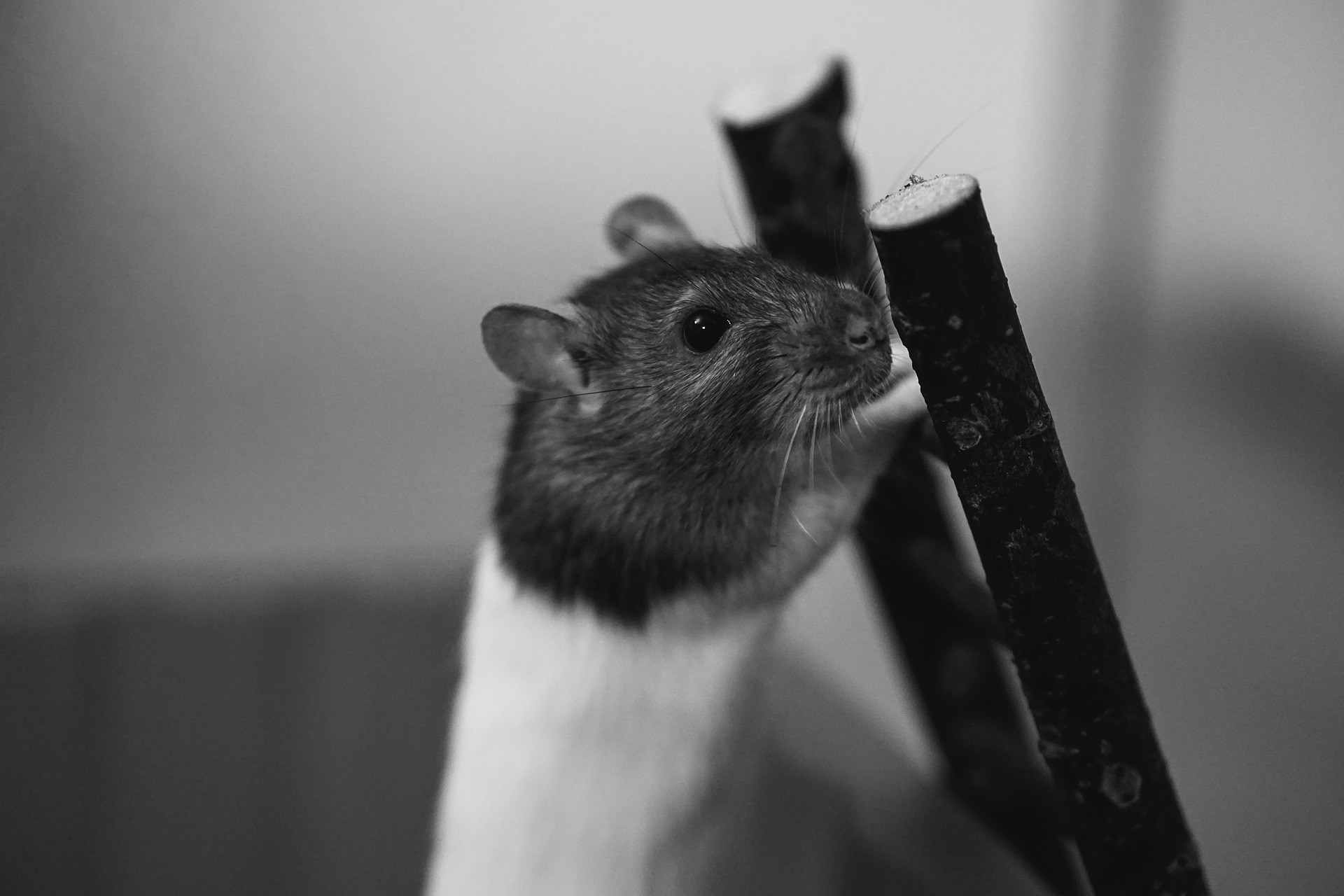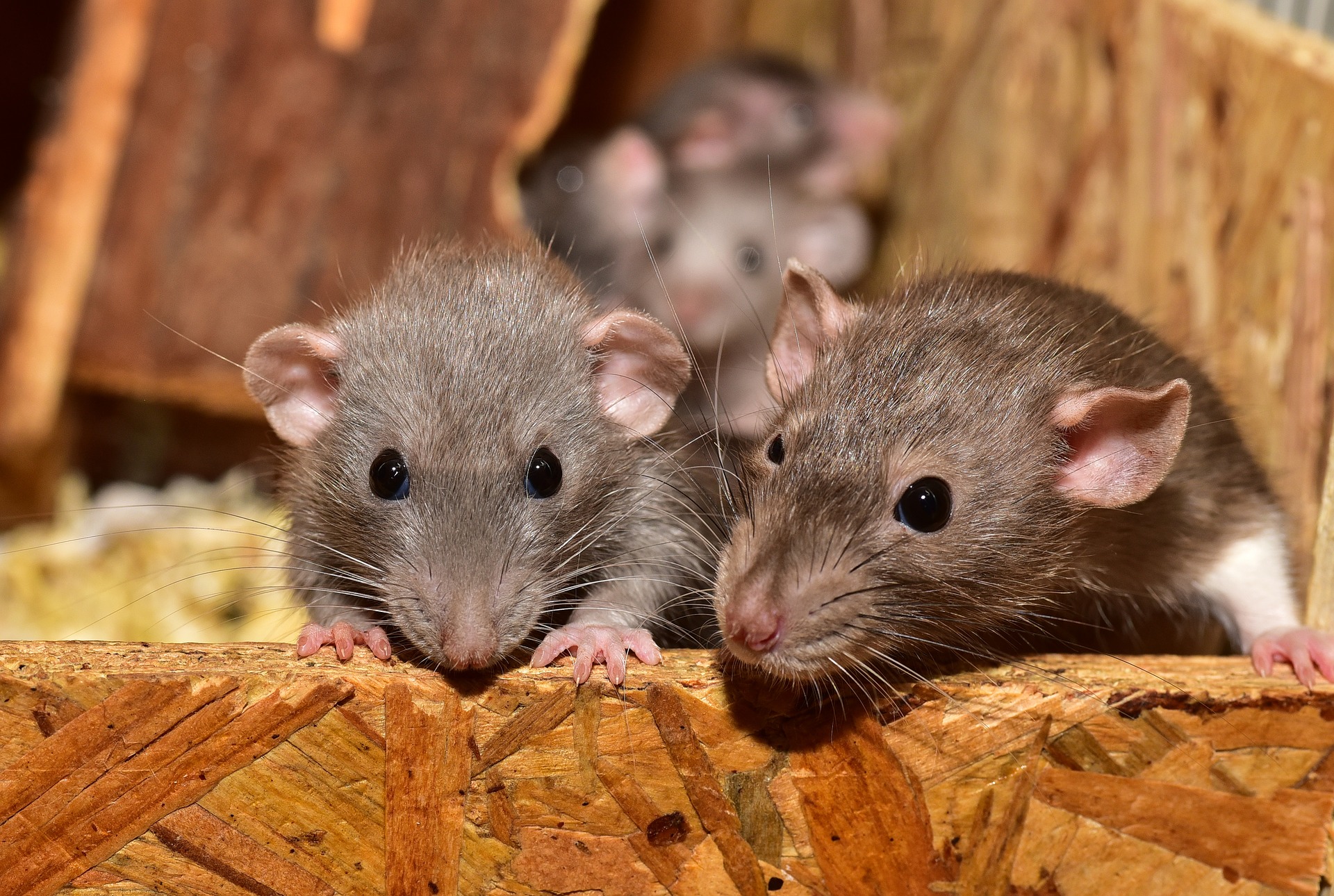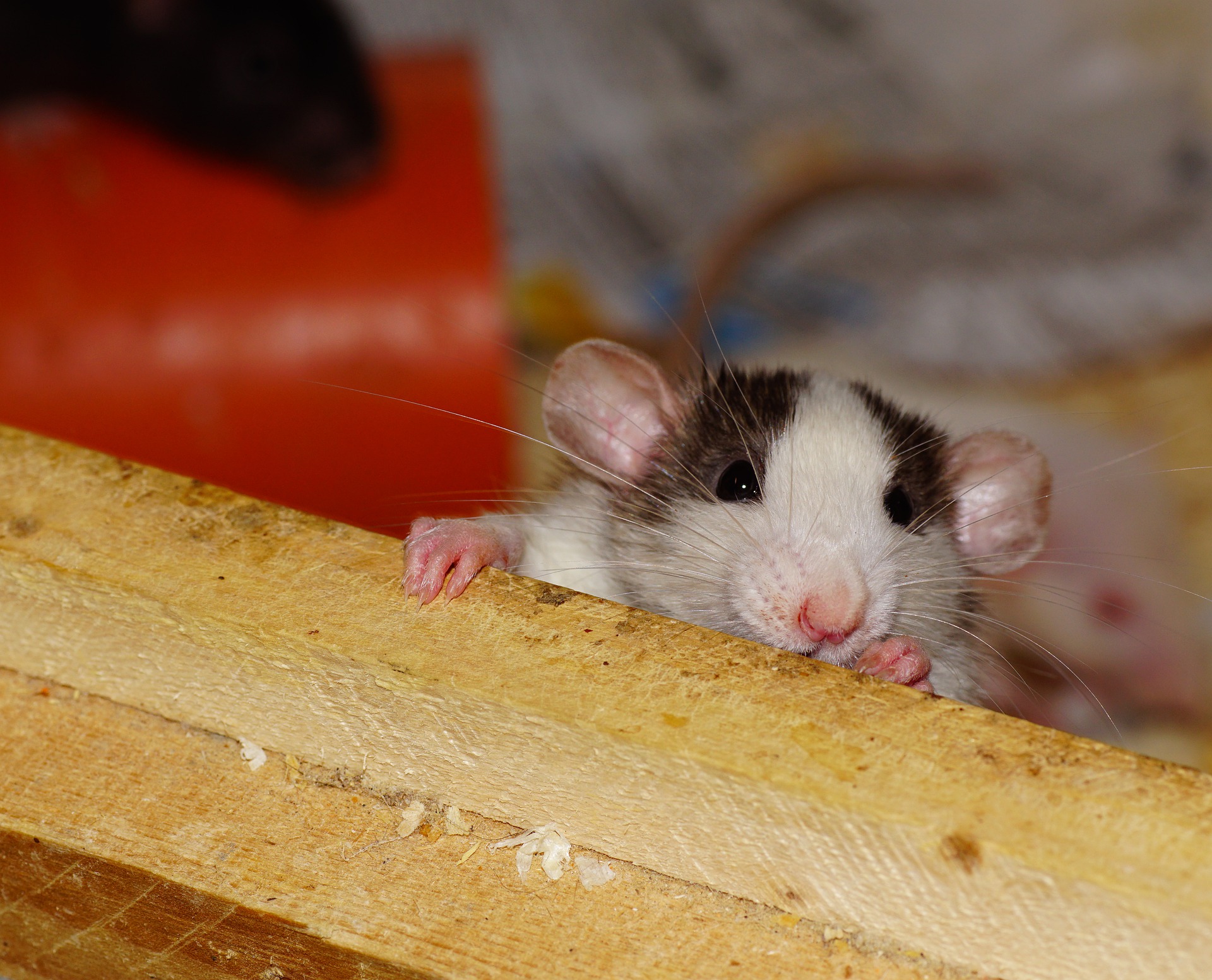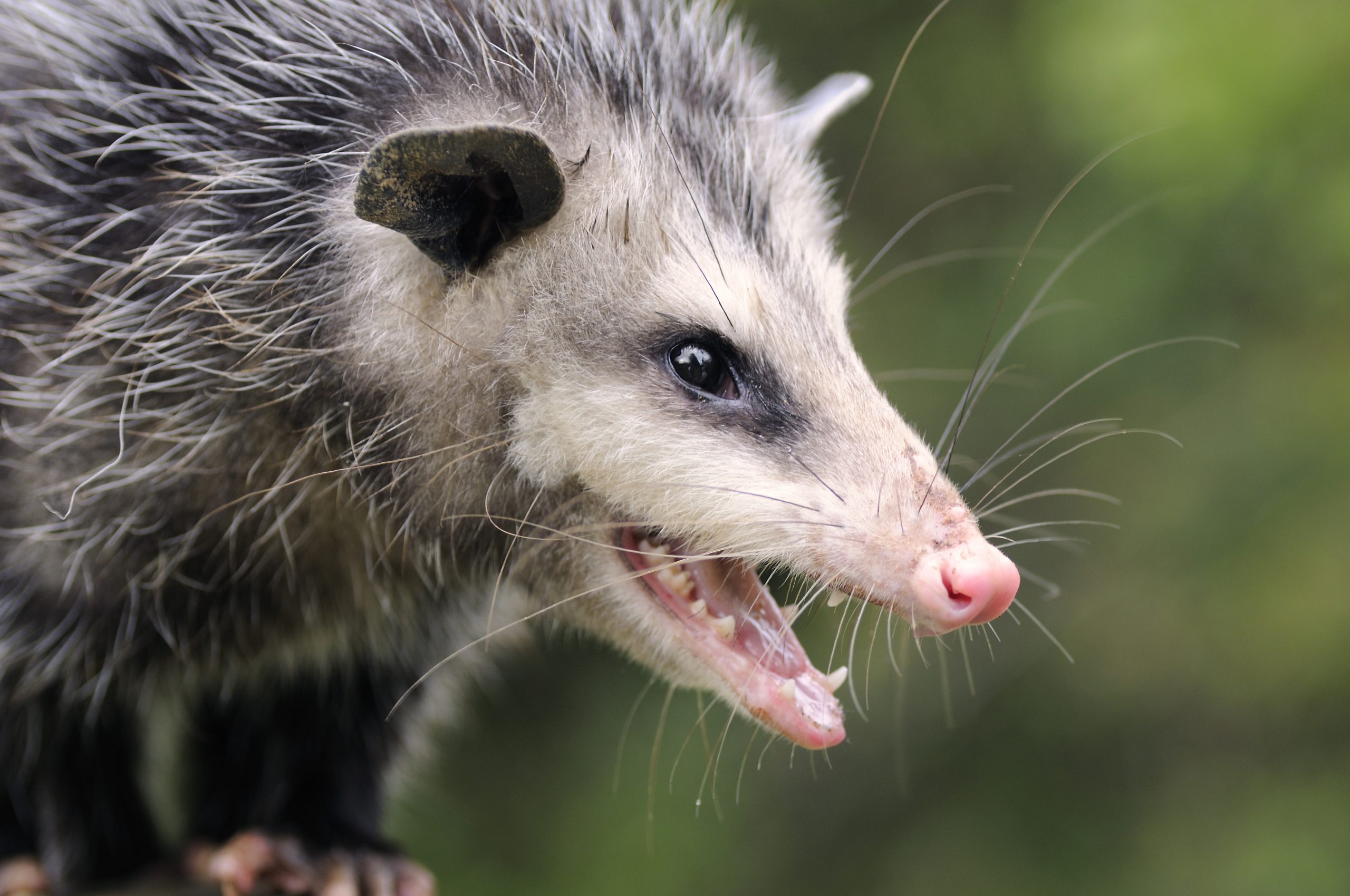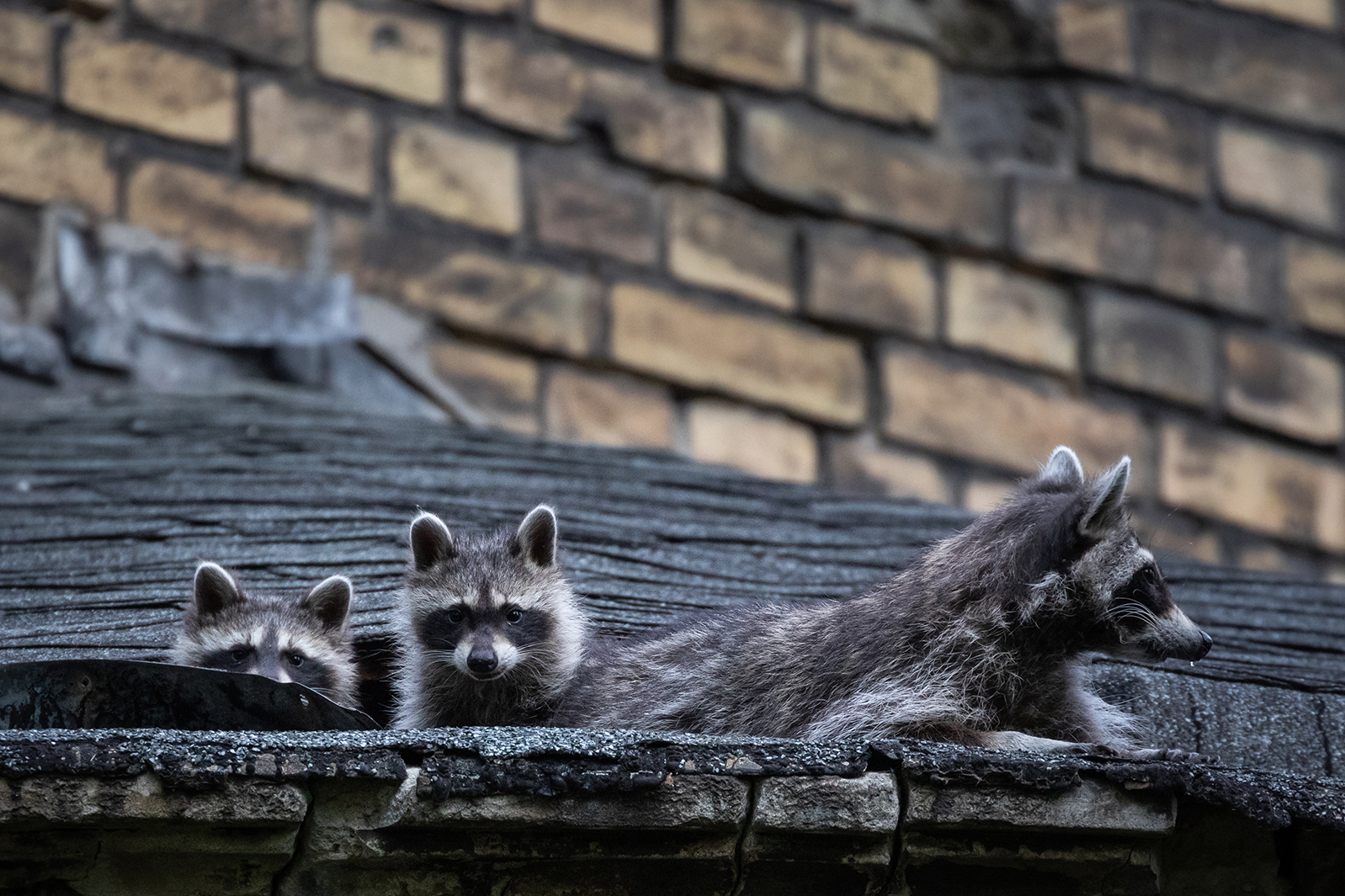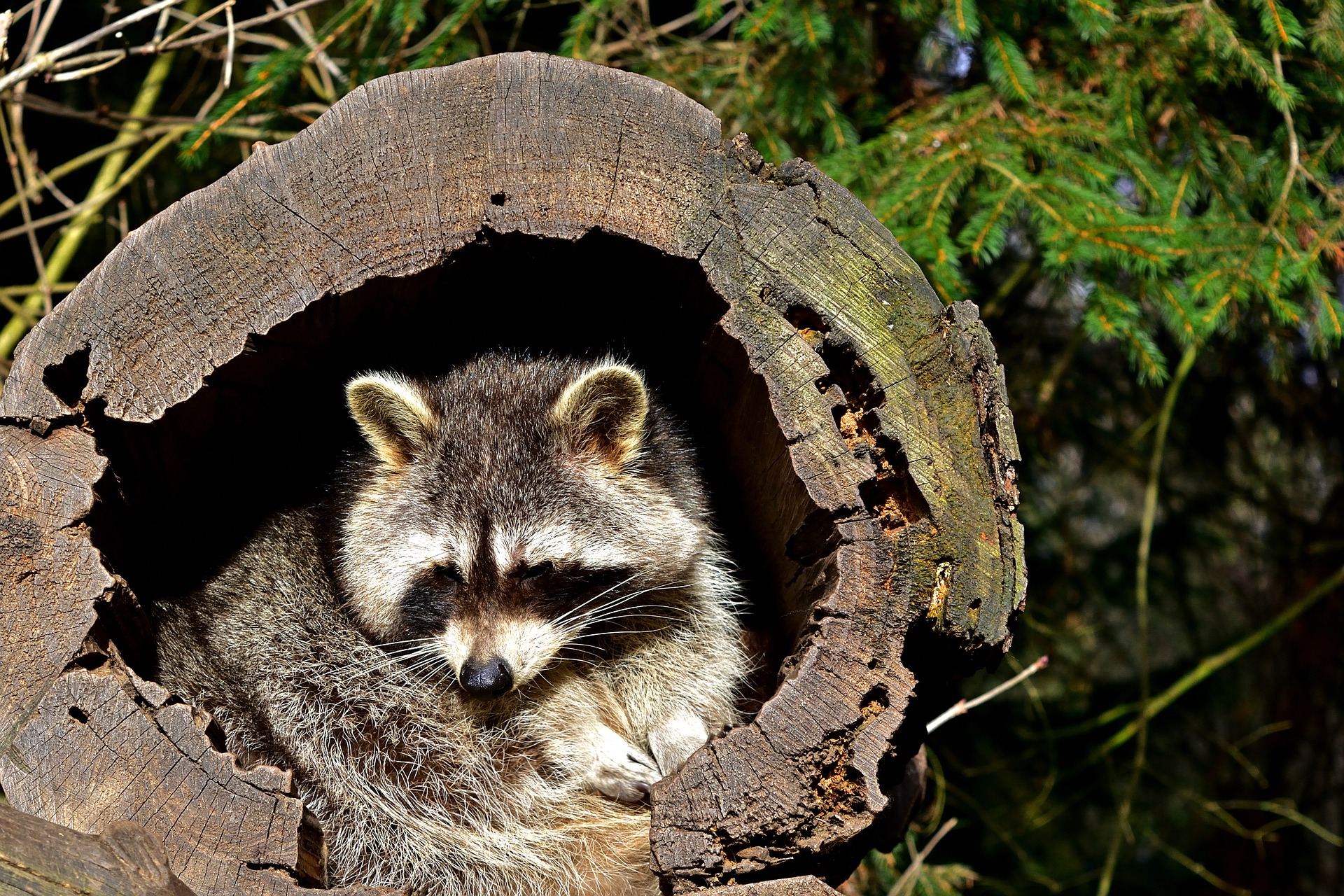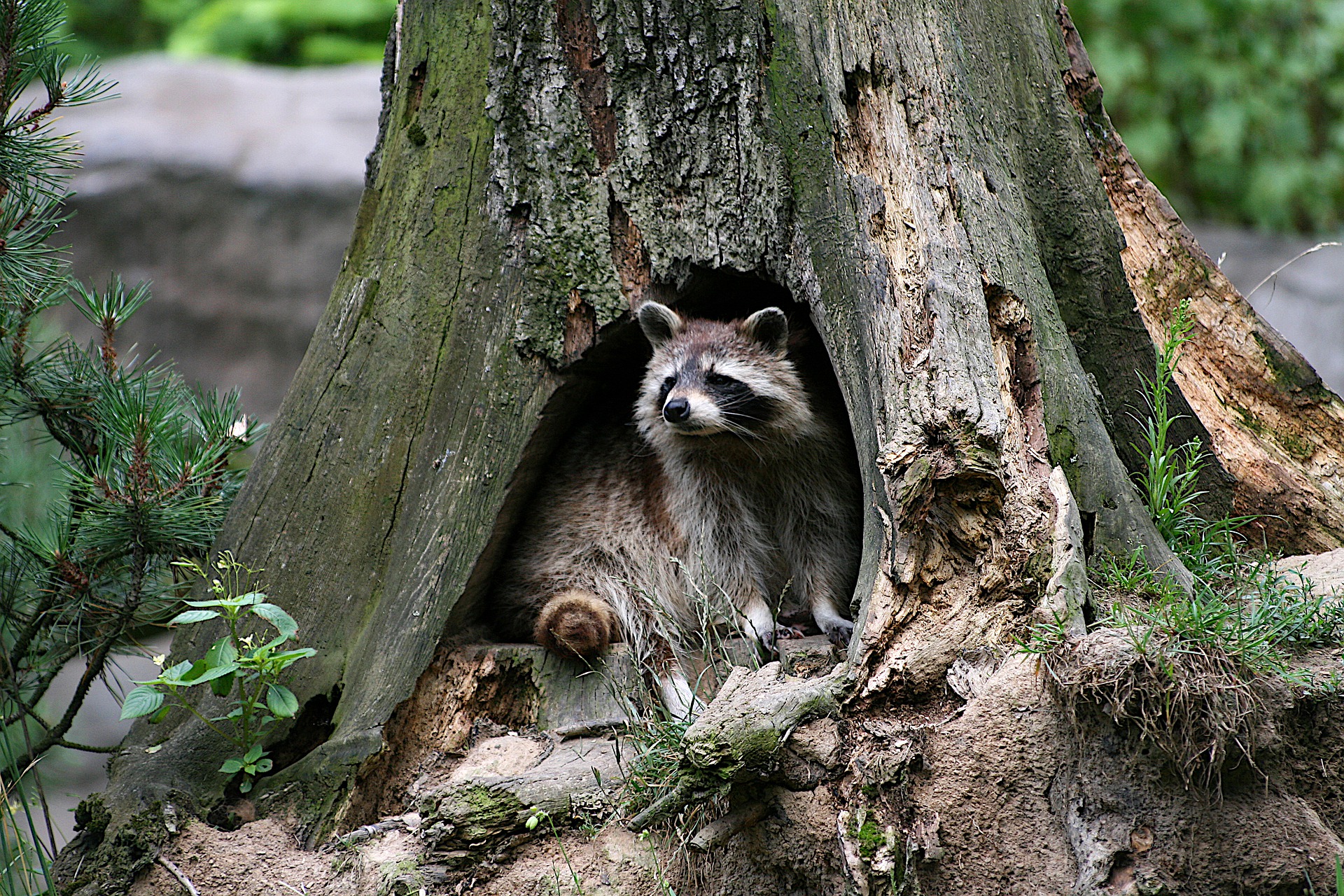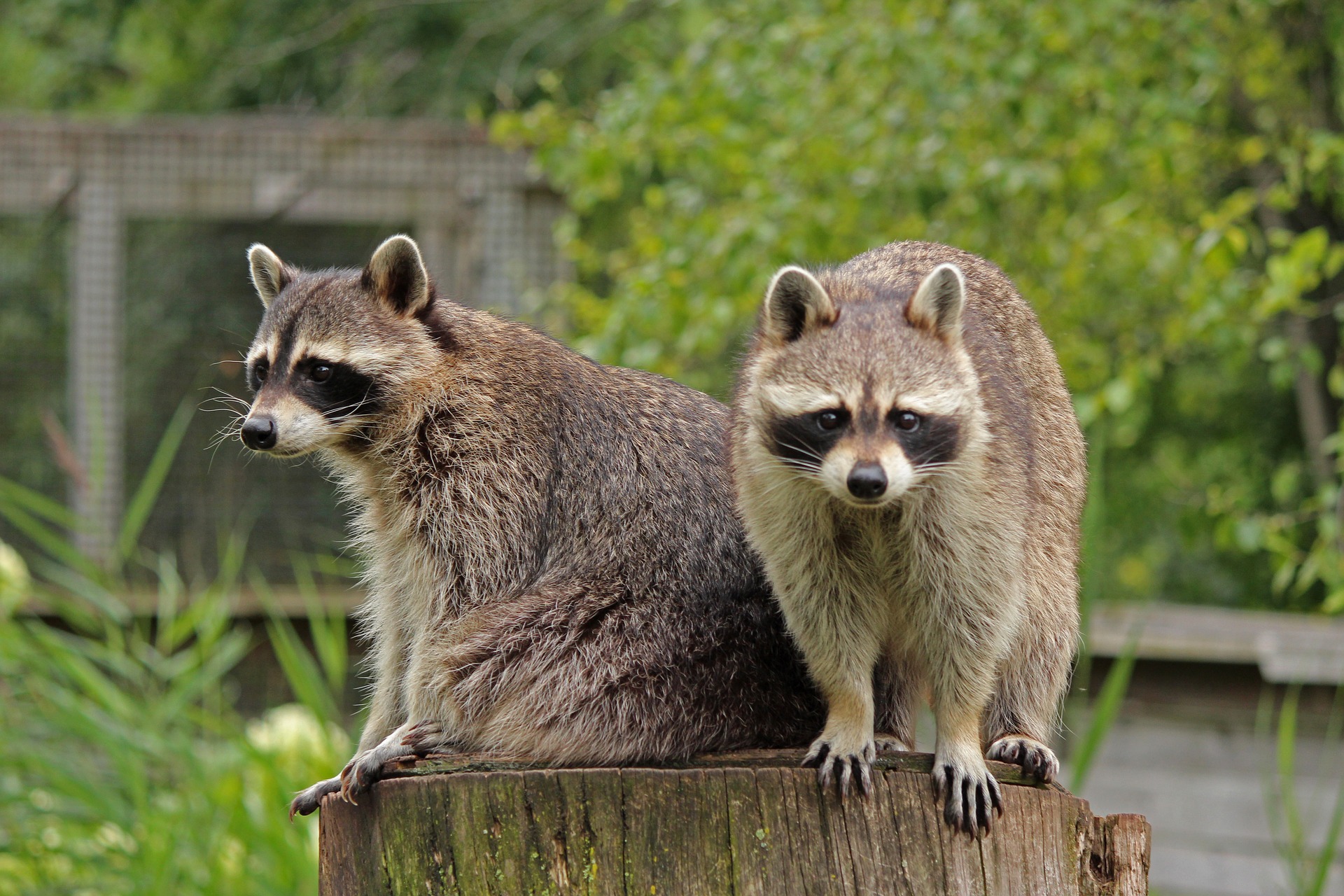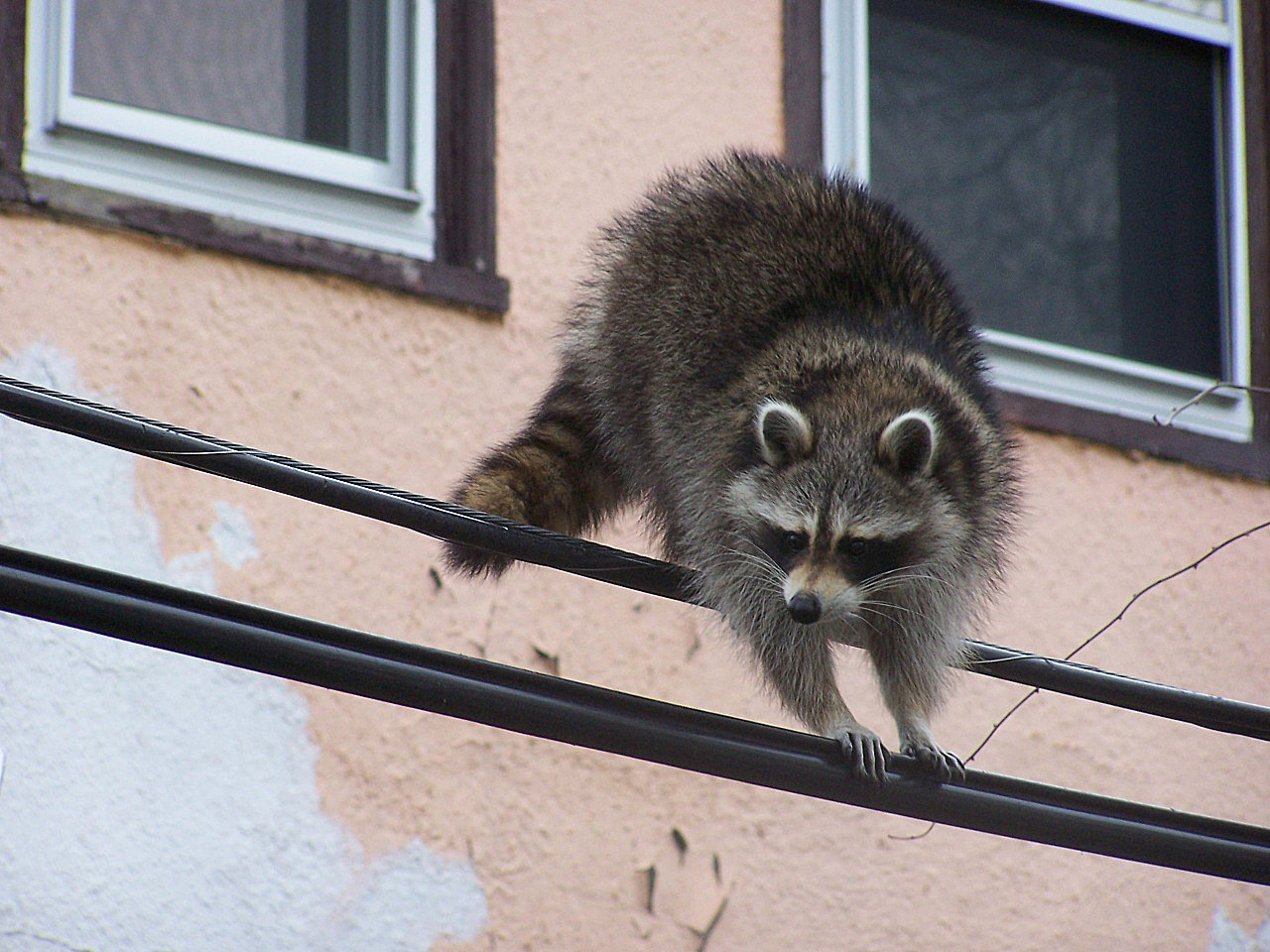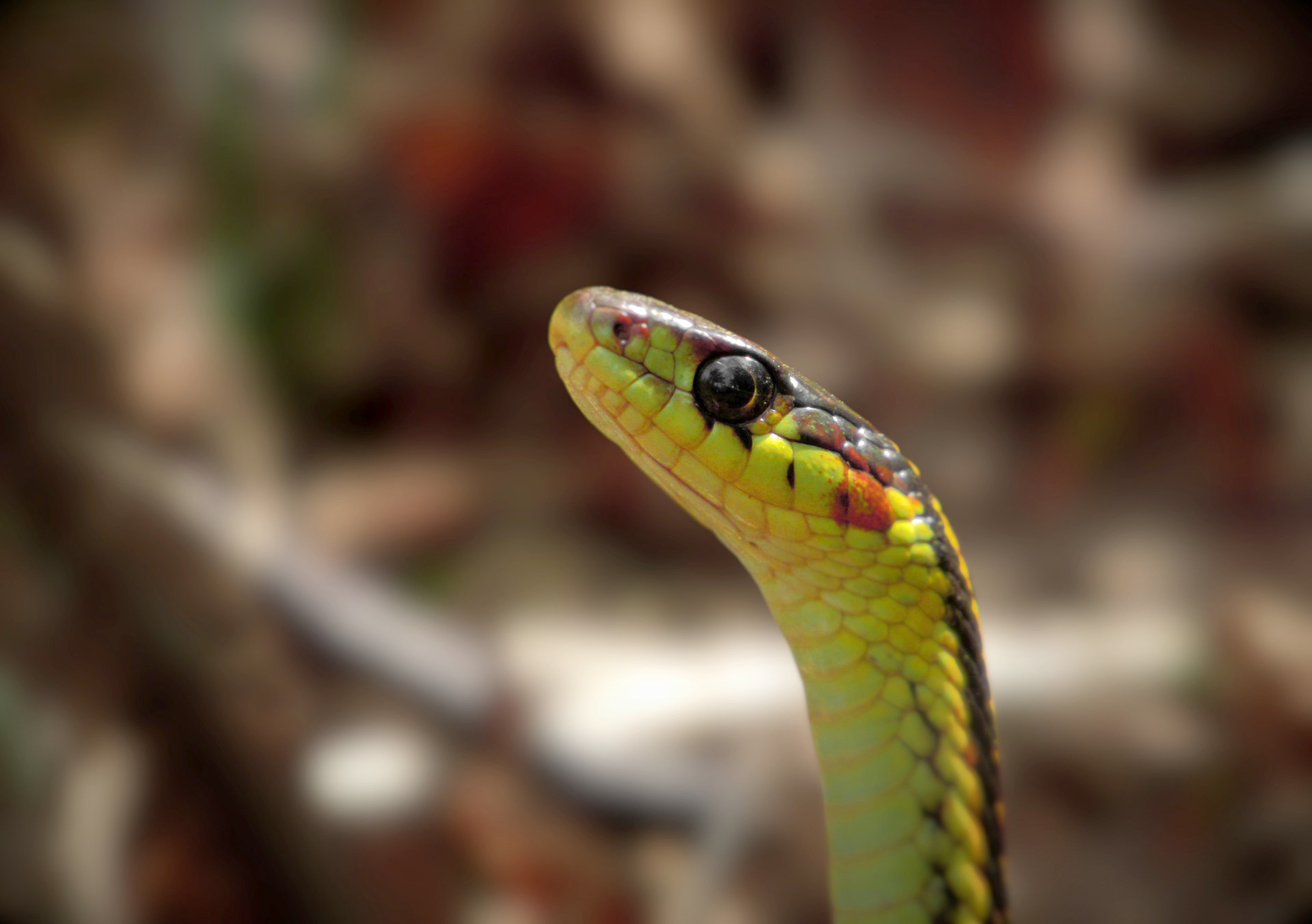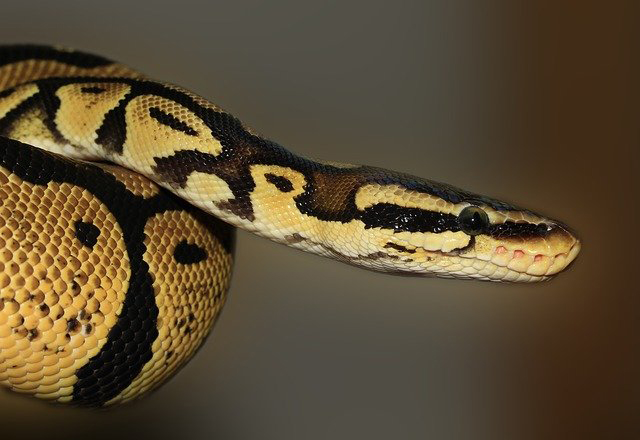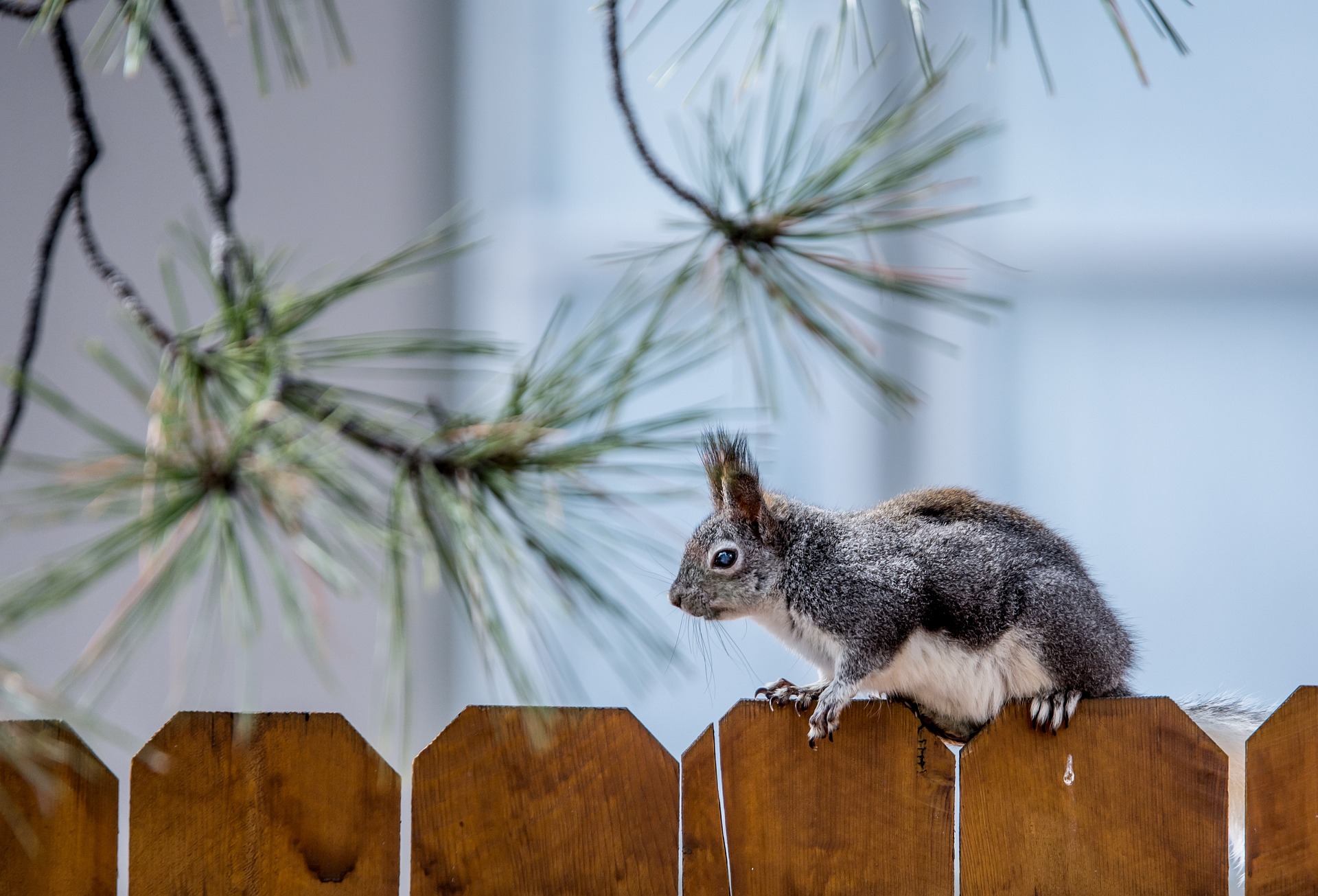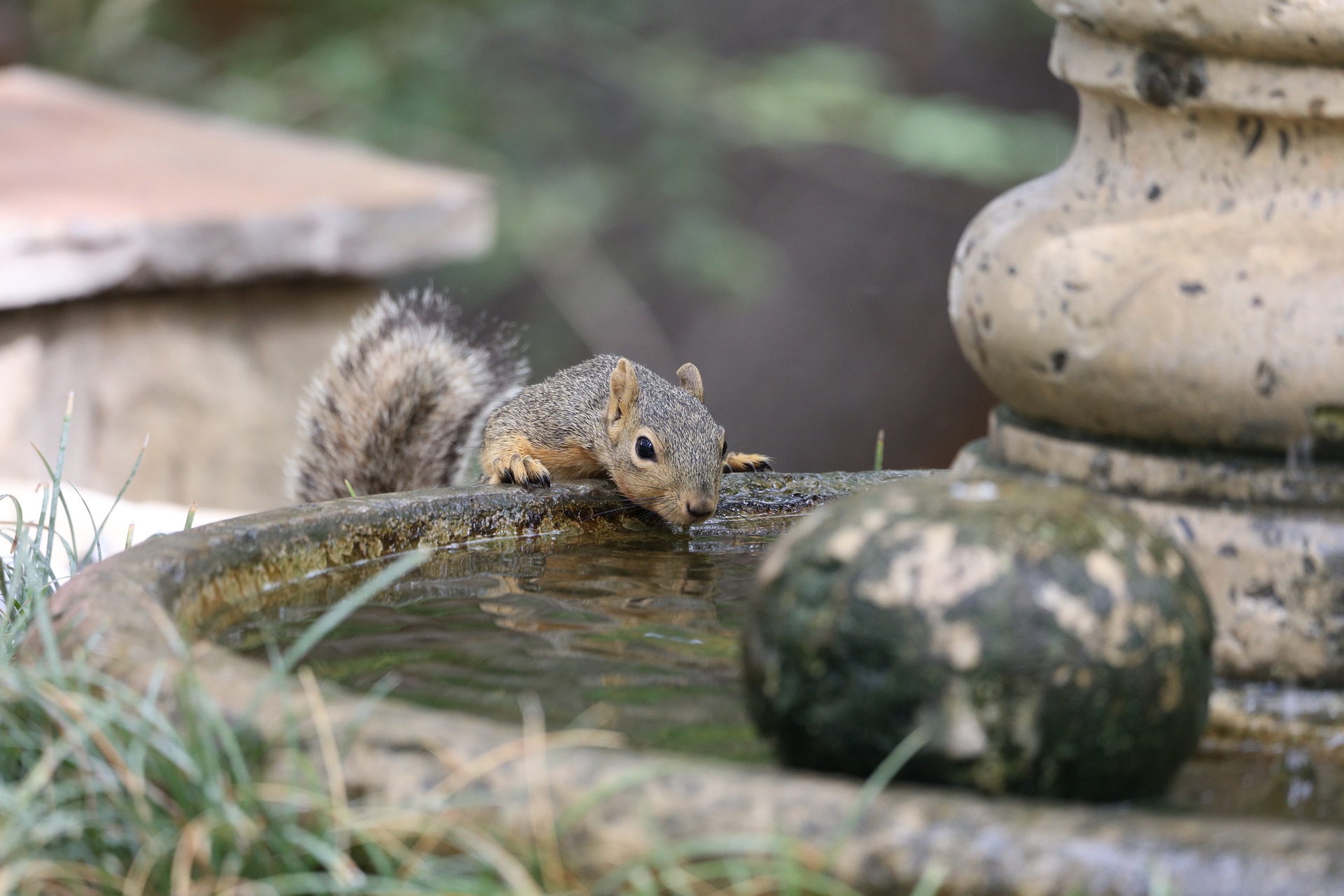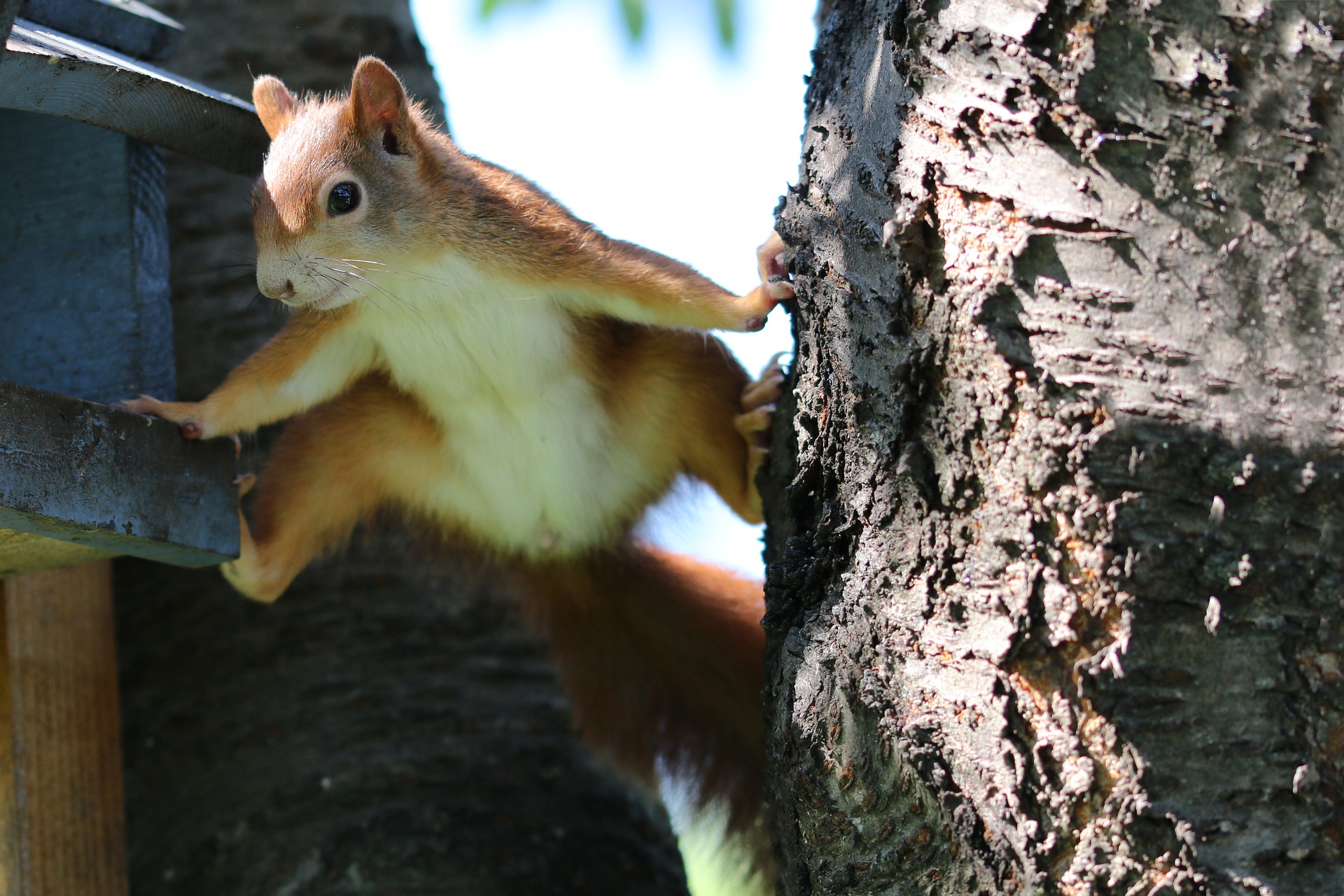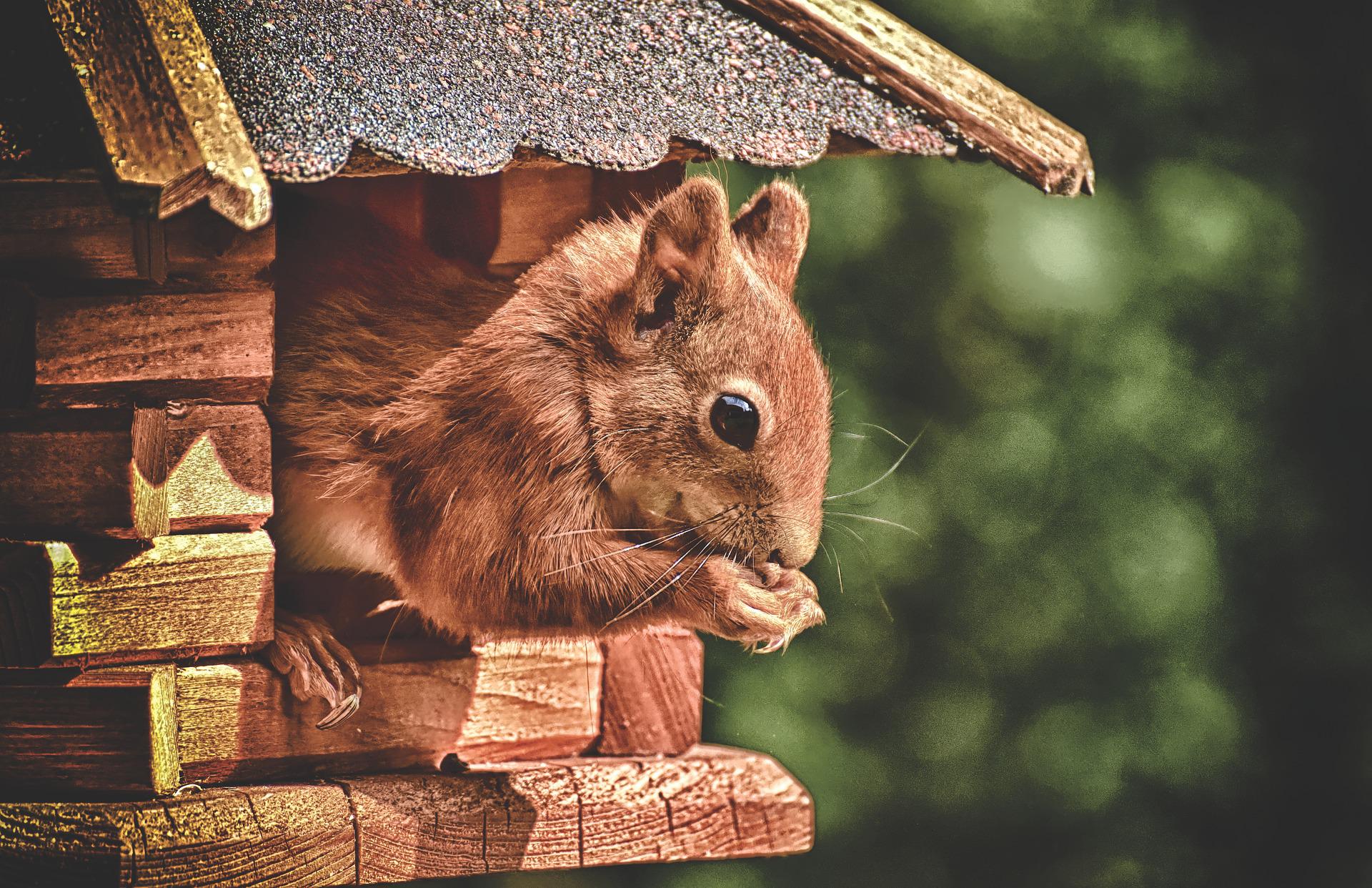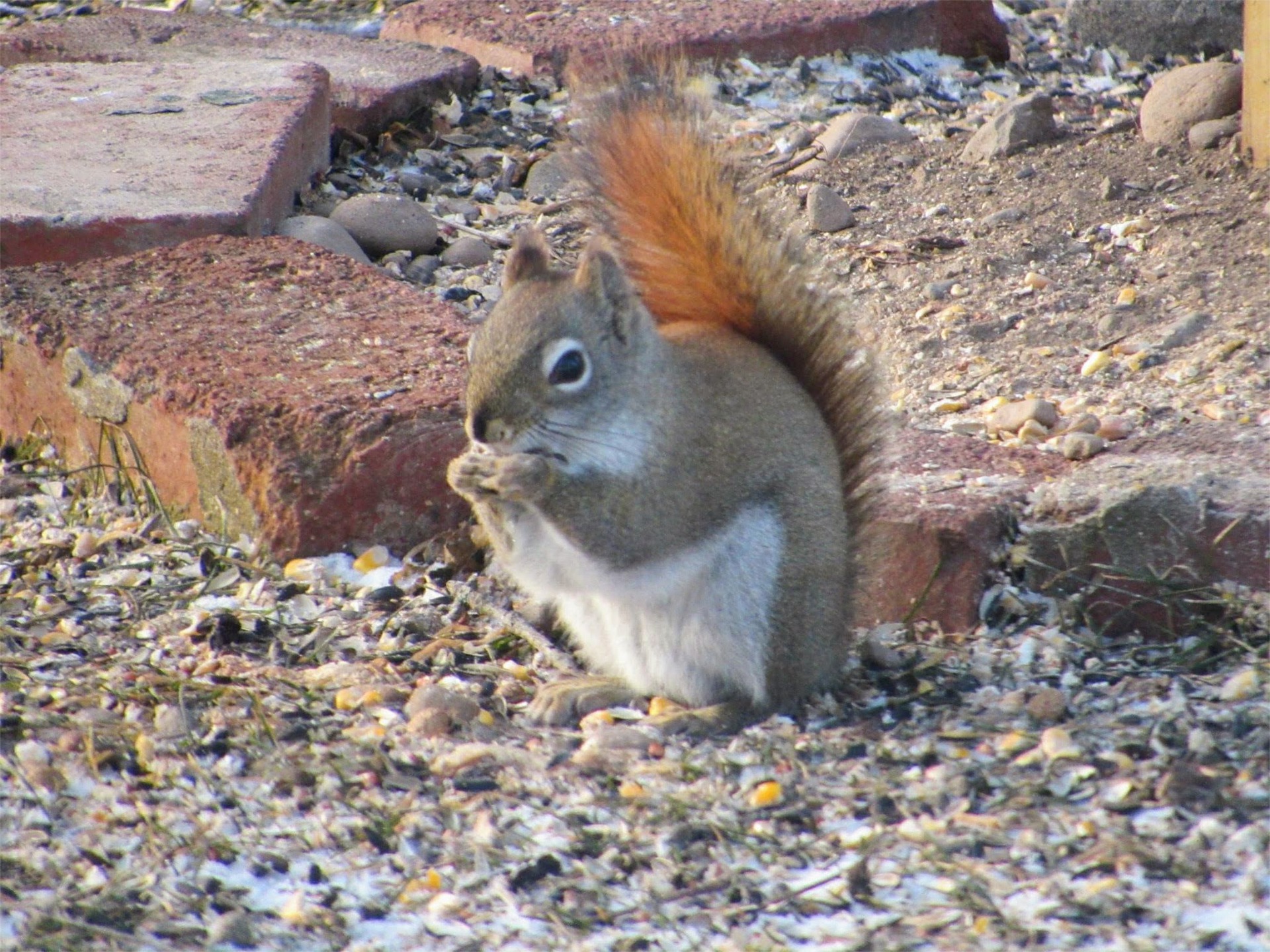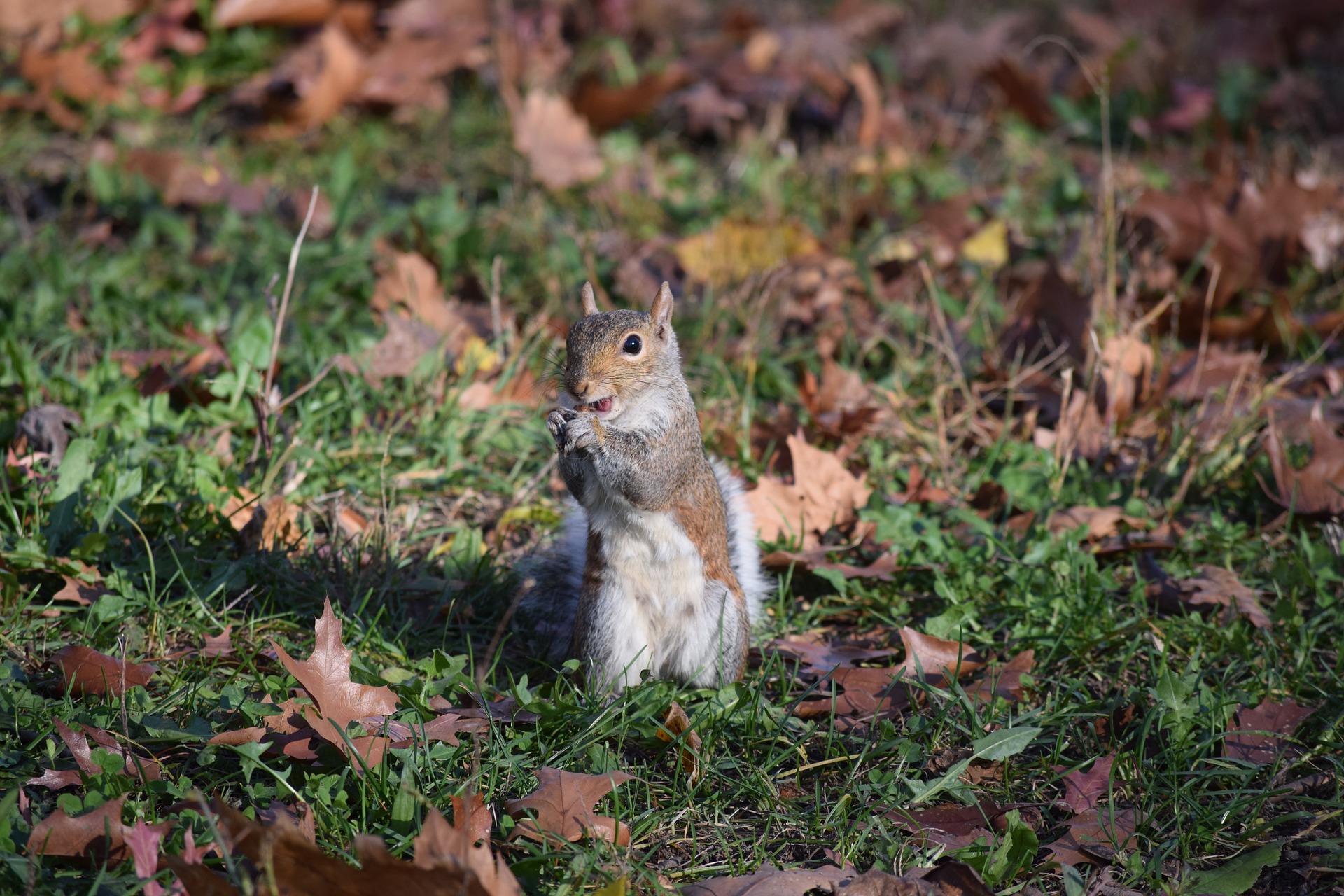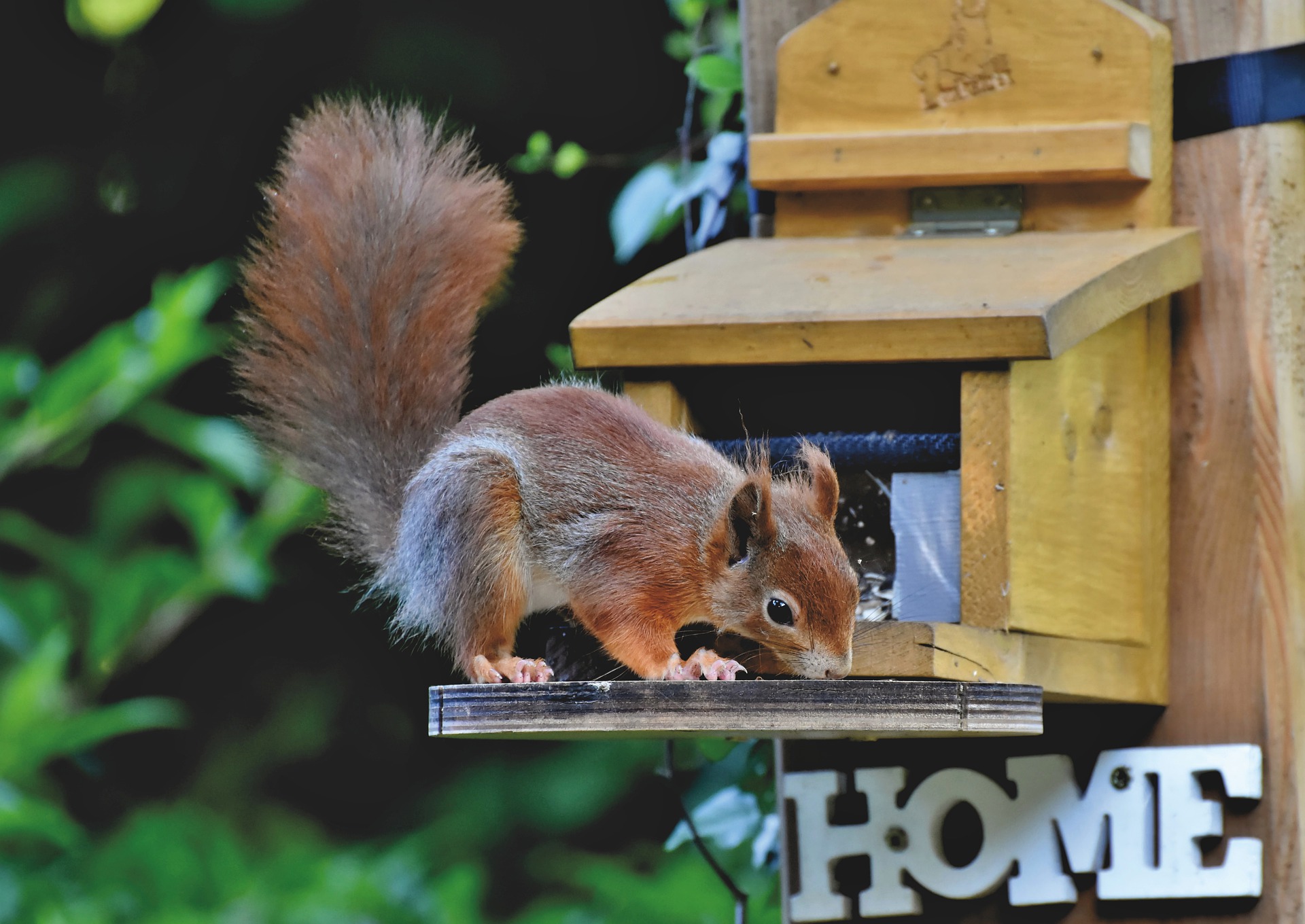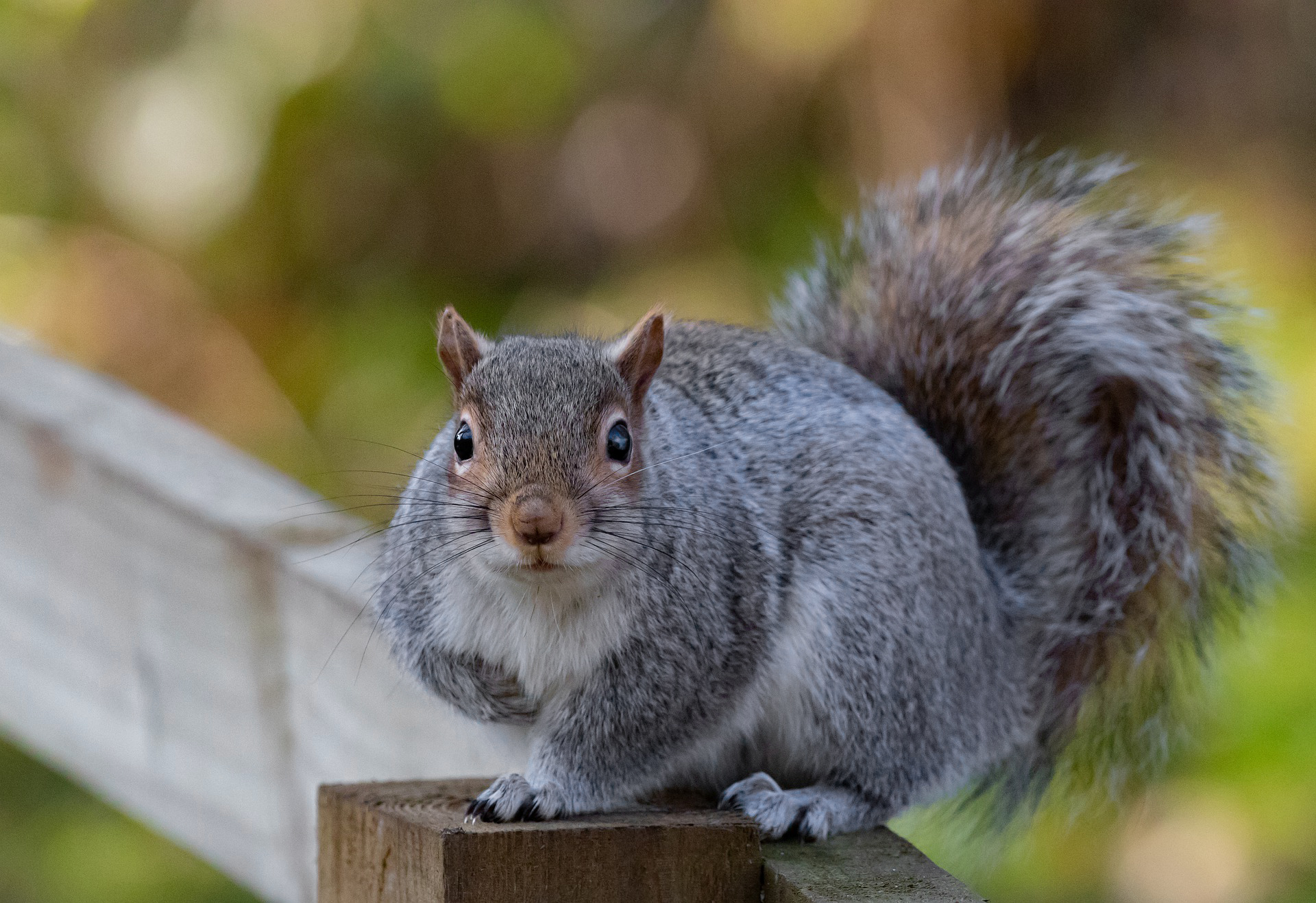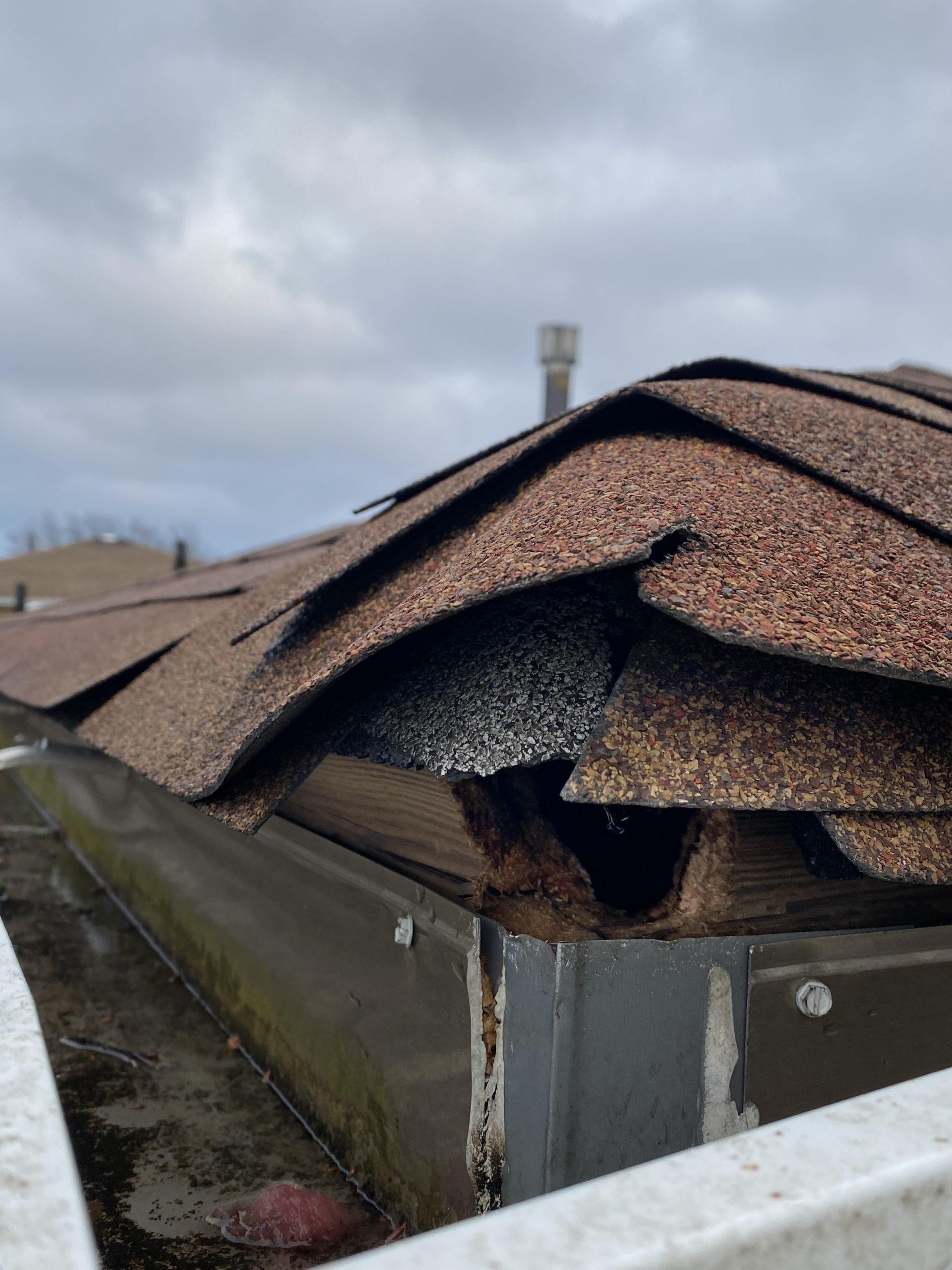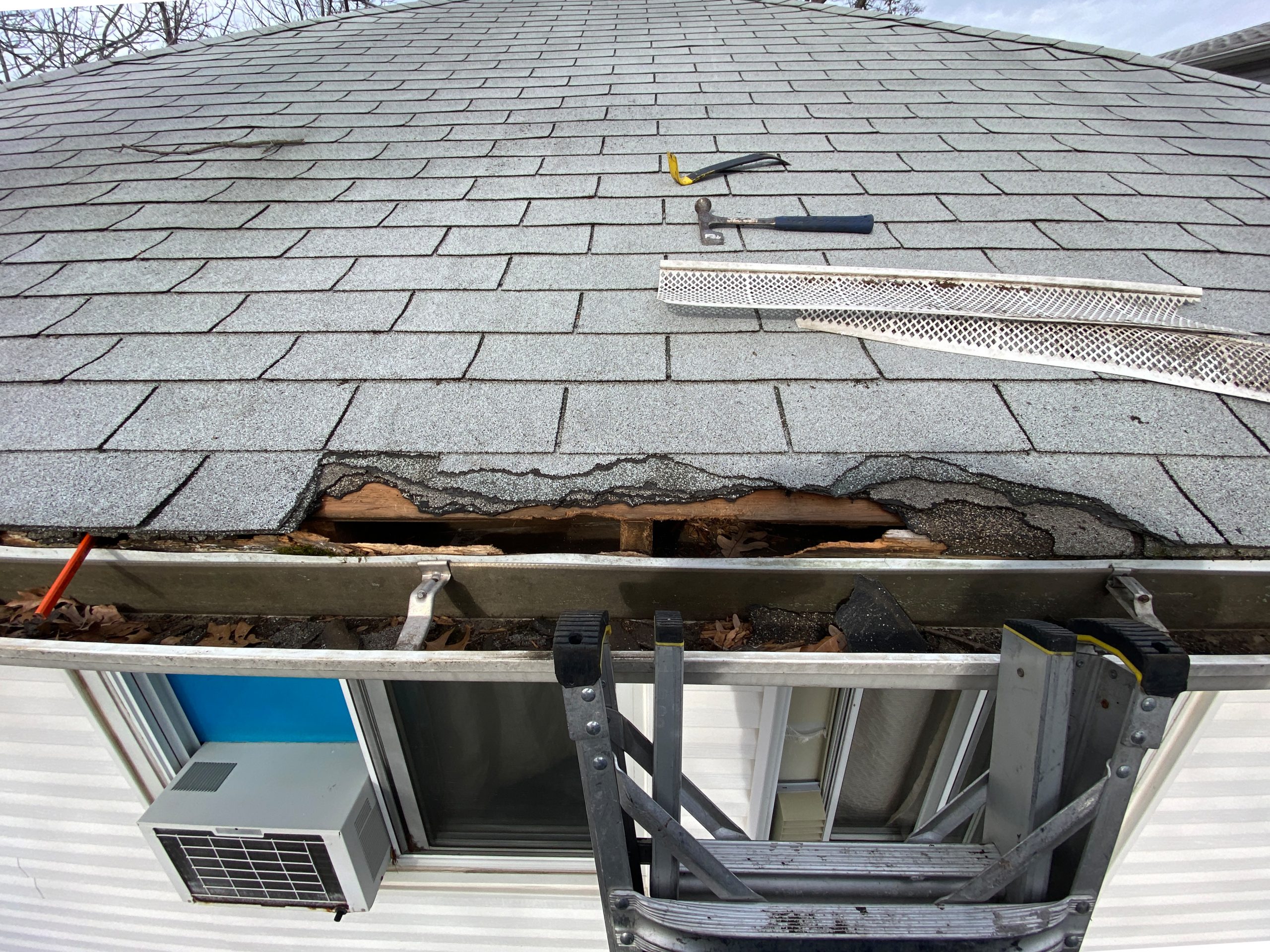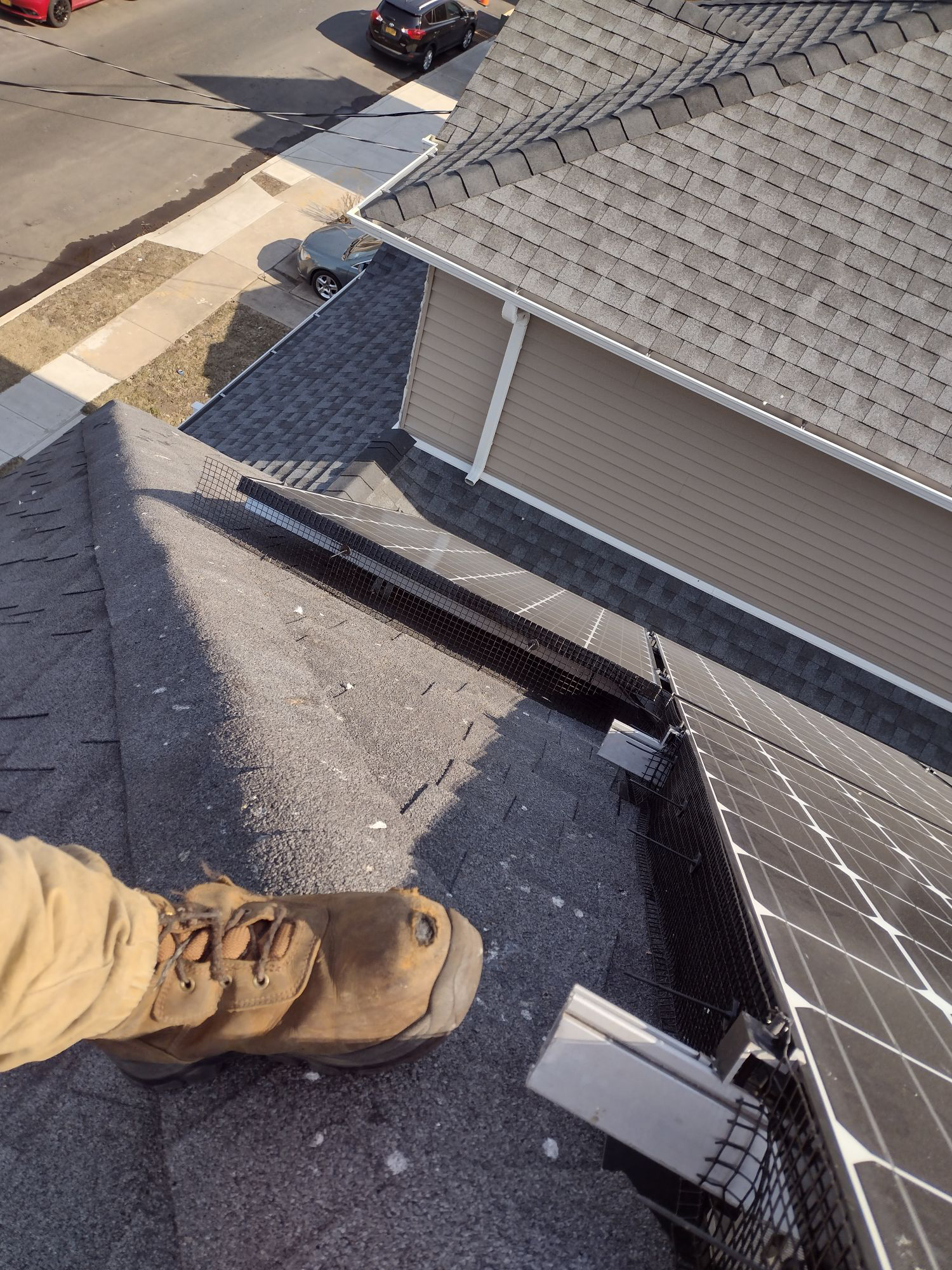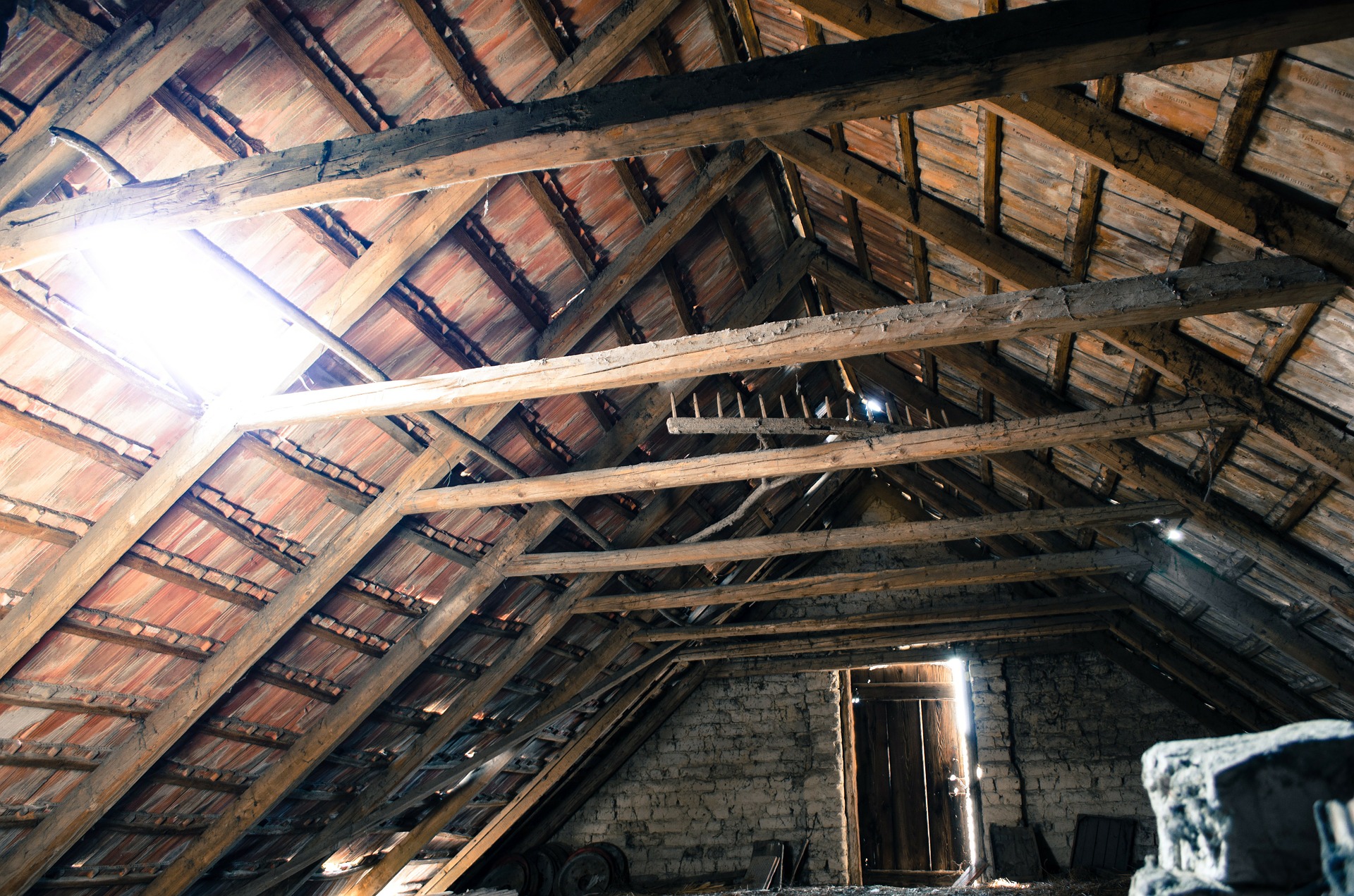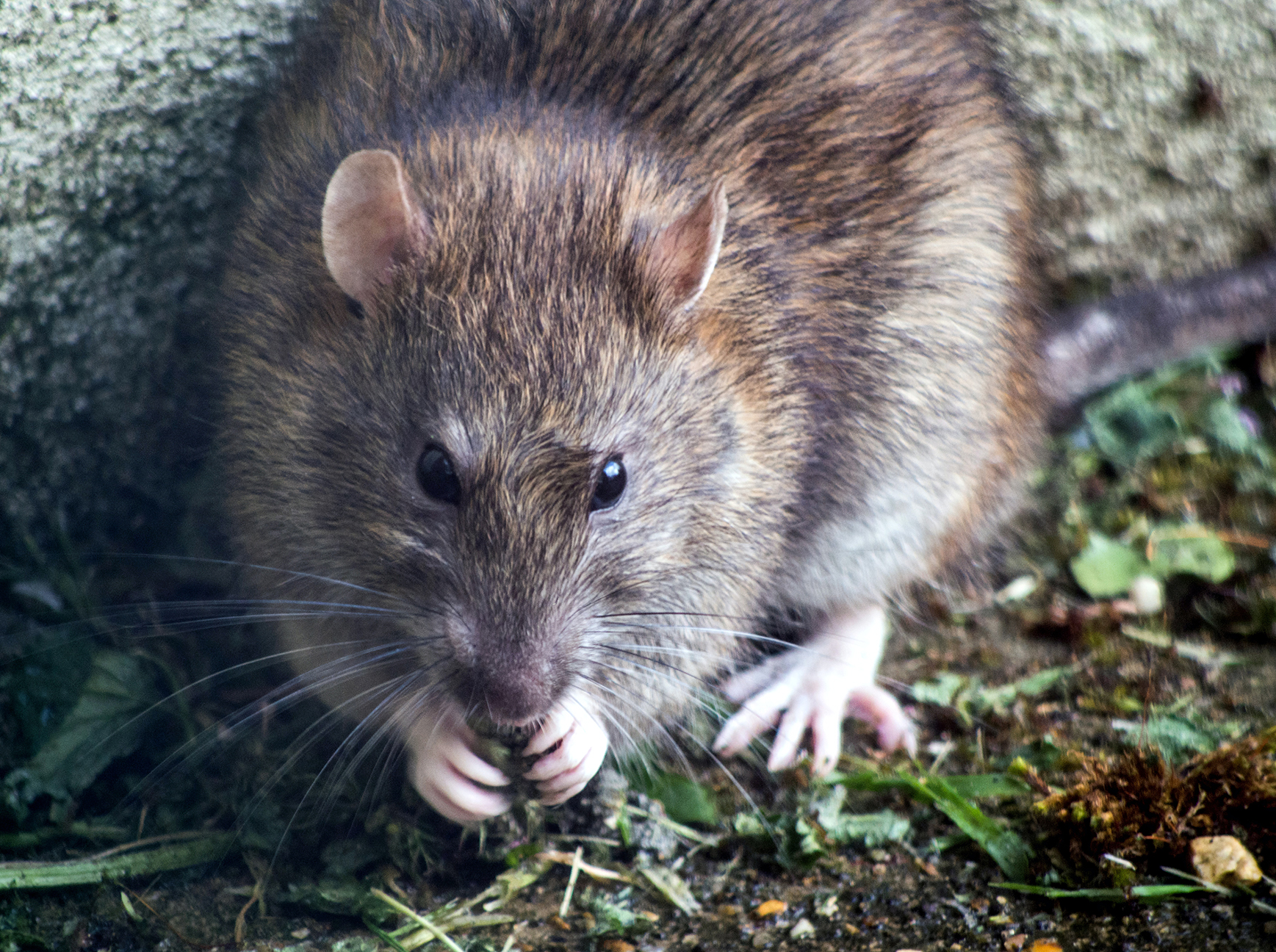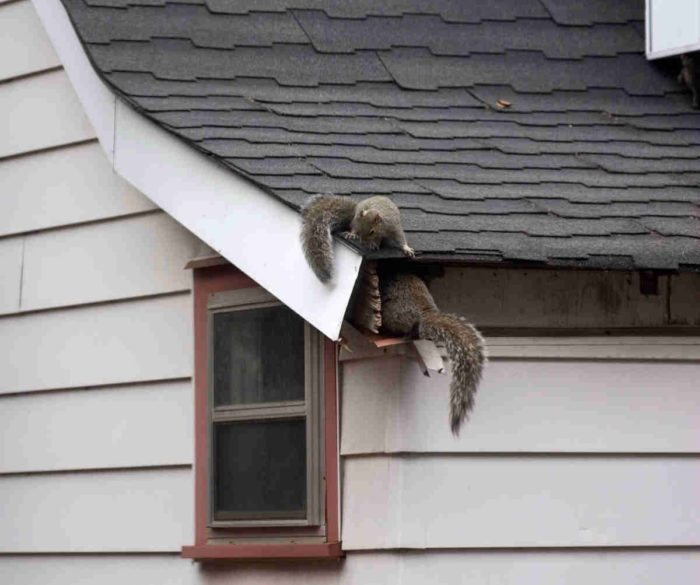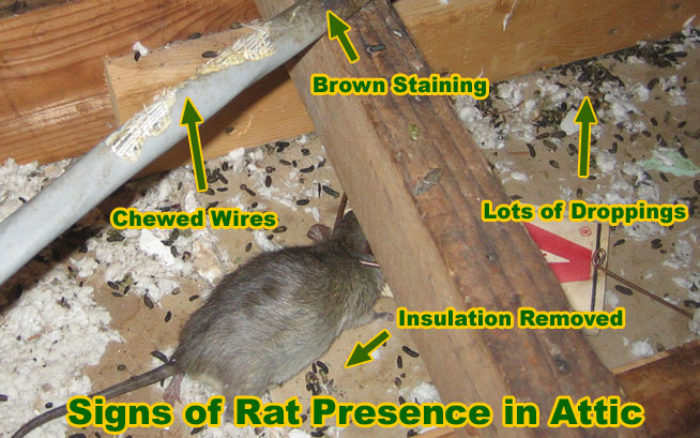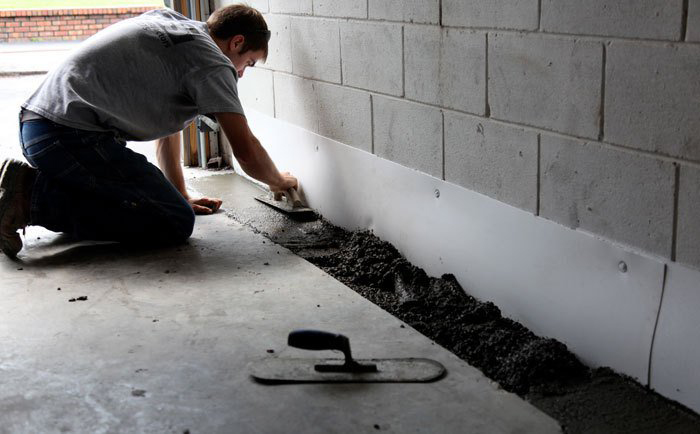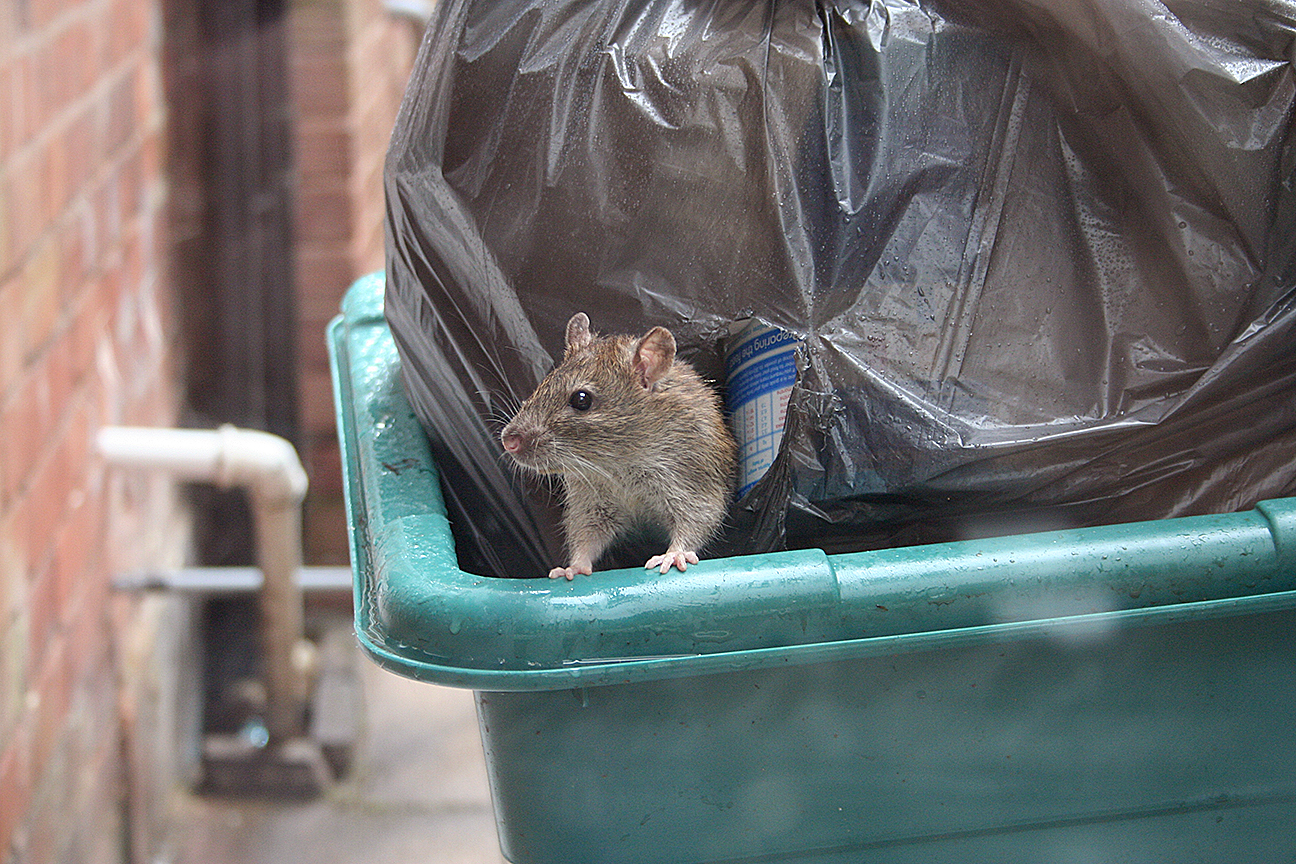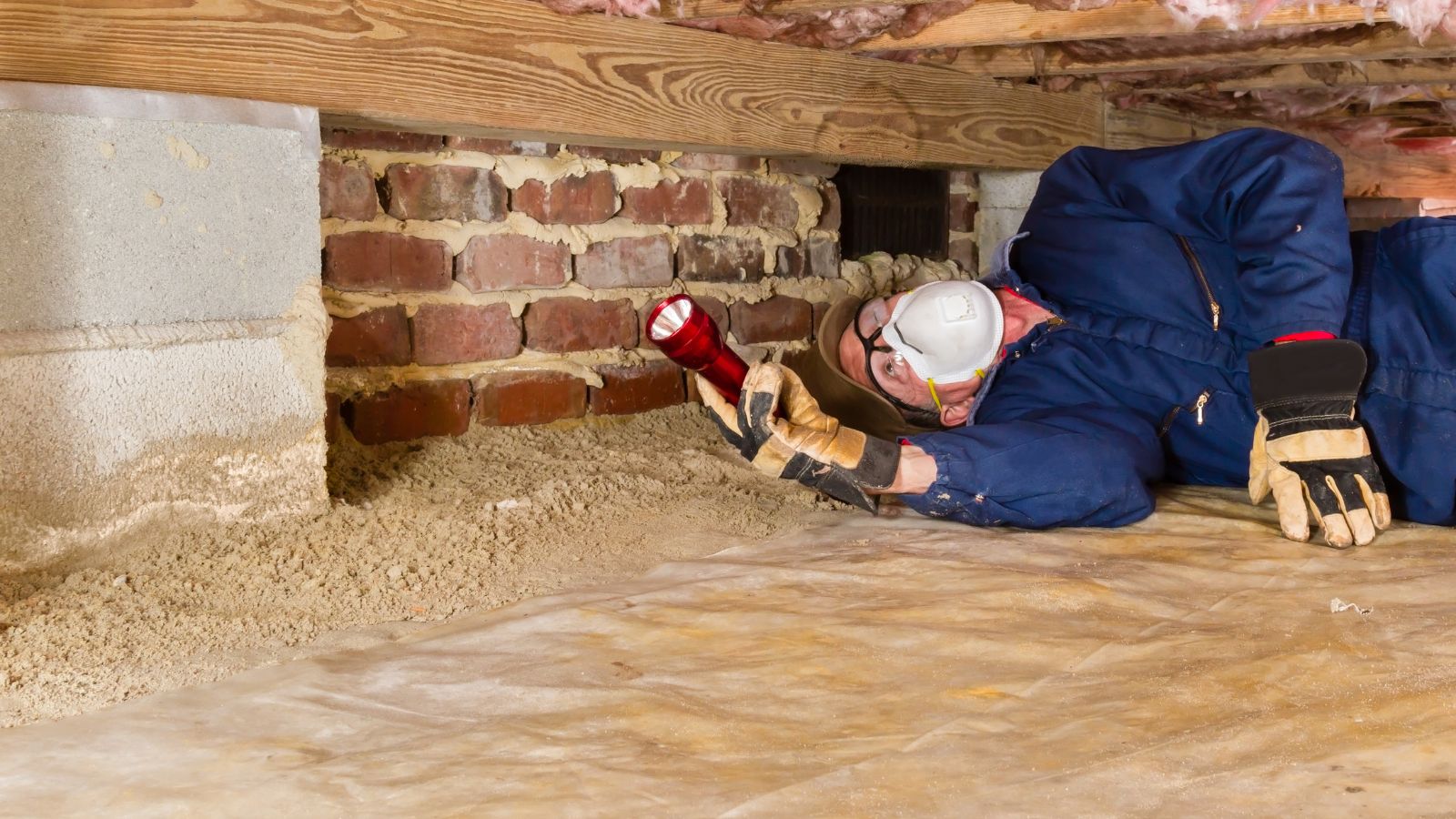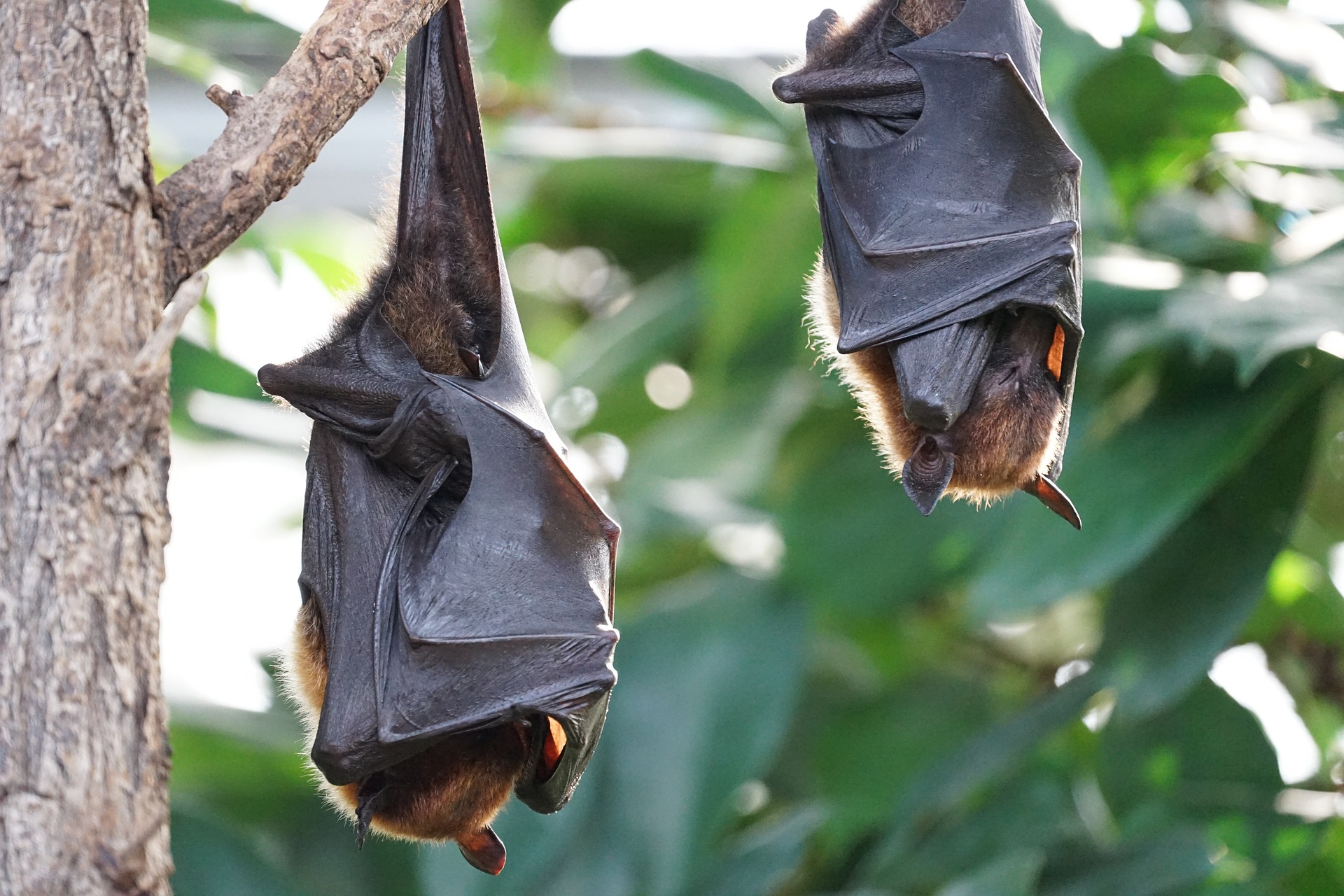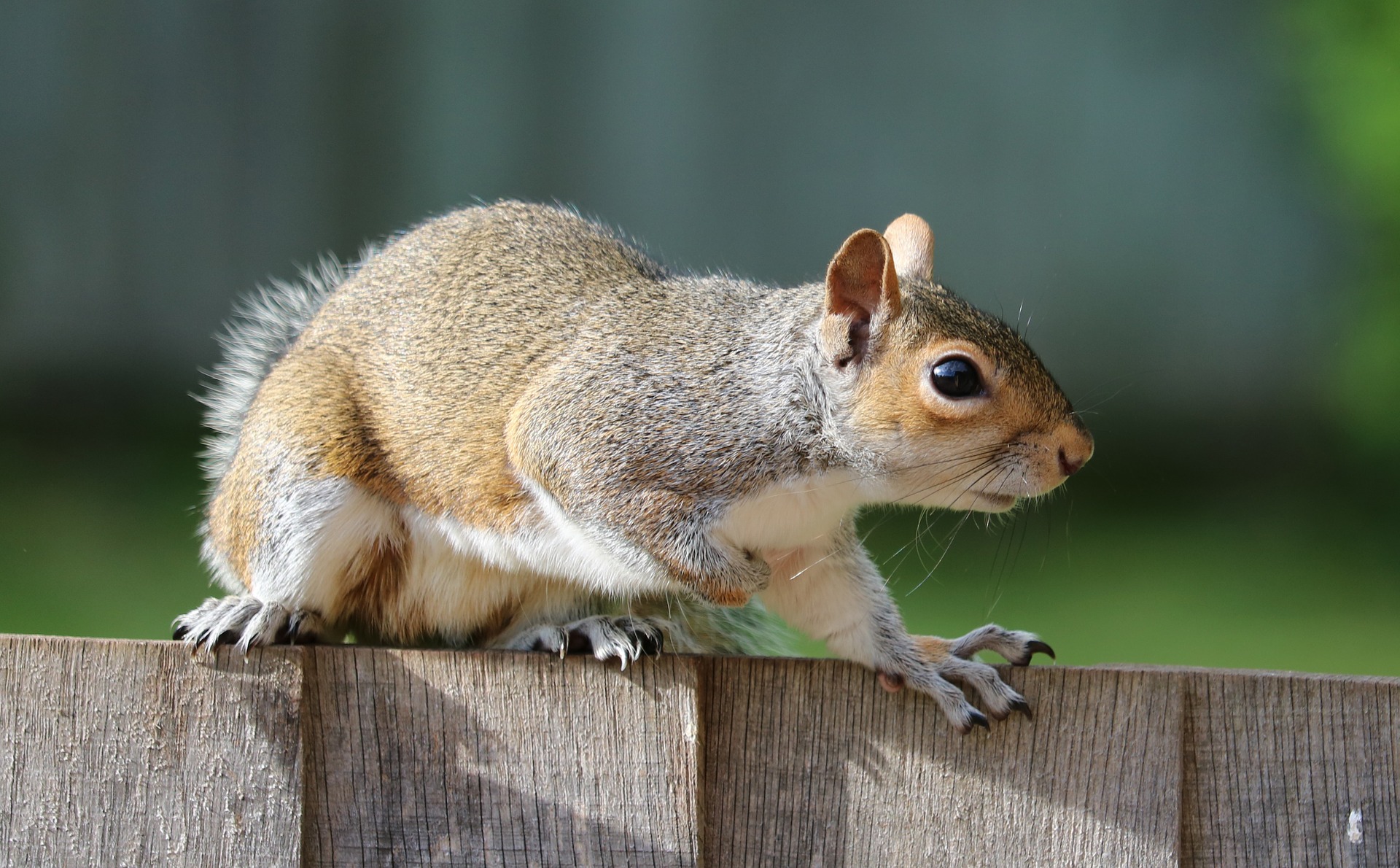Skunk Removal 101: Understanding the Process and Why It Requires Expertise
Skunks are notorious for their pungent odor and can cause significant damage to property if left unchecked. Removing skunks from your property requires expertise and careful planning to ensure safety and effectiveness. In this comprehensive guide, we will explore the basics of skunk removal, the challenges and risks involved, the importance of professional skunk removal services, and expert tips and techniques for successful skunk removal.
The Basics of Skunk Removal: A Comprehensive Guide to Understanding the Process
Skunk removal involves a series of steps to safely and humanely remove skunks from your property. The process typically begins with a thorough inspection of the property to identify the skunk’s den and entry points. Once the den and entry points are located, exclusion techniques are employed to prevent skunks from reentering the property.
One common exclusion technique is the installation of exclusion barriers, such as wire mesh or fencing, around the property to prevent skunks from accessing vulnerable areas. Additionally, live traps can be set up near the den to capture the skunks. It is important to note that in many areas, it is illegal to relocate skunks, so it is crucial to check local regulations before attempting to do so.
After the skunks have been removed from the property, it is essential to clean and sanitize the affected areas to eliminate any lingering odors and prevent the spread of diseases. This may involve the use of specialized cleaning agents and equipment to ensure thorough disinfection.
Why Skunk Removal Requires Expertise: Unveiling the Challenges and Risks Involved
Skunk removal can be a challenging and risky task that requires expertise due to several factors. Firstly, skunks are known carriers of diseases such as rabies and can transmit these diseases to humans and pets through bites or scratches. Therefore, handling skunks without proper knowledge and protective gear can pose a significant health risk.
Secondly, skunks have a strong sense of smell and can spray their noxious odor as a defense mechanism when they feel threatened. The skunk’s spray can cause severe irritation to the eyes and respiratory system, making it crucial to handle skunks with caution and expertise to avoid any unpleasant encounters.
Lastly, skunks are nocturnal creatures and are most active during the night. This can make it challenging for homeowners to effectively remove skunks without professional assistance. Experts in skunk removal have the necessary knowledge and experience to safely and efficiently handle skunks, even during nighttime operations.
The Importance of Professional Skunk Removal Services: Ensuring Safety and Effectiveness
Professional skunk removal services are essential for ensuring the safety of both homeowners and skunks. These experts have the necessary training, equipment, and protective gear to handle skunks safely and effectively. They are well-versed in local regulations and can ensure that the removal process complies with all legal requirements.
Moreover, professional skunk removal services have access to specialized tools and techniques that are not readily available to homeowners. This allows them to efficiently locate skunk dens, seal entry points, and remove skunks without causing unnecessary harm or stress to the animals.
By hiring professional skunk removal services, homeowners can also avoid potential legal issues and fines associated with improper skunk removal. These experts understand the importance of humane treatment and follow ethical guidelines to ensure the well-being of skunks while effectively removing them from the property.
Expert Tips and Techniques for Successful Skunk Removal: Best Practices and Prevention Strategies
Prevention is key when it comes to skunk removal. Here are some expert tips and techniques to prevent skunks from invading your property:
- Secure garbage cans and compost bins with tight-fitting lids to prevent skunks from accessing food sources.
- Remove any potential sources of shelter, such as woodpiles or debris, that may attract skunks.
- Seal any openings or gaps in your property’s foundation, walls, or roof to prevent skunks from entering.
- Trim tree branches and shrubs near your property to eliminate potential access points for skunks.
If you suspect skunks have already invaded your property, it is best to seek professional assistance. However, if you choose to handle the situation yourself, remember to wear protective clothing, including gloves and goggles, and approach skunks with caution. It is advisable to use humane live traps and contact local wildlife authorities for guidance on proper skunk removal methods.
In conclusion, skunk removal is a complex process that requires expertise to ensure safety and effectiveness. Professional skunk removal services offer the necessary knowledge, experience, and tools to handle skunks safely and humanely. By understanding the basics of skunk removal, recognizing the challenges and risks involved, and following expert tips and techniques, homeowners can successfully remove skunks from their properties while protecting their well-being and the environment.




